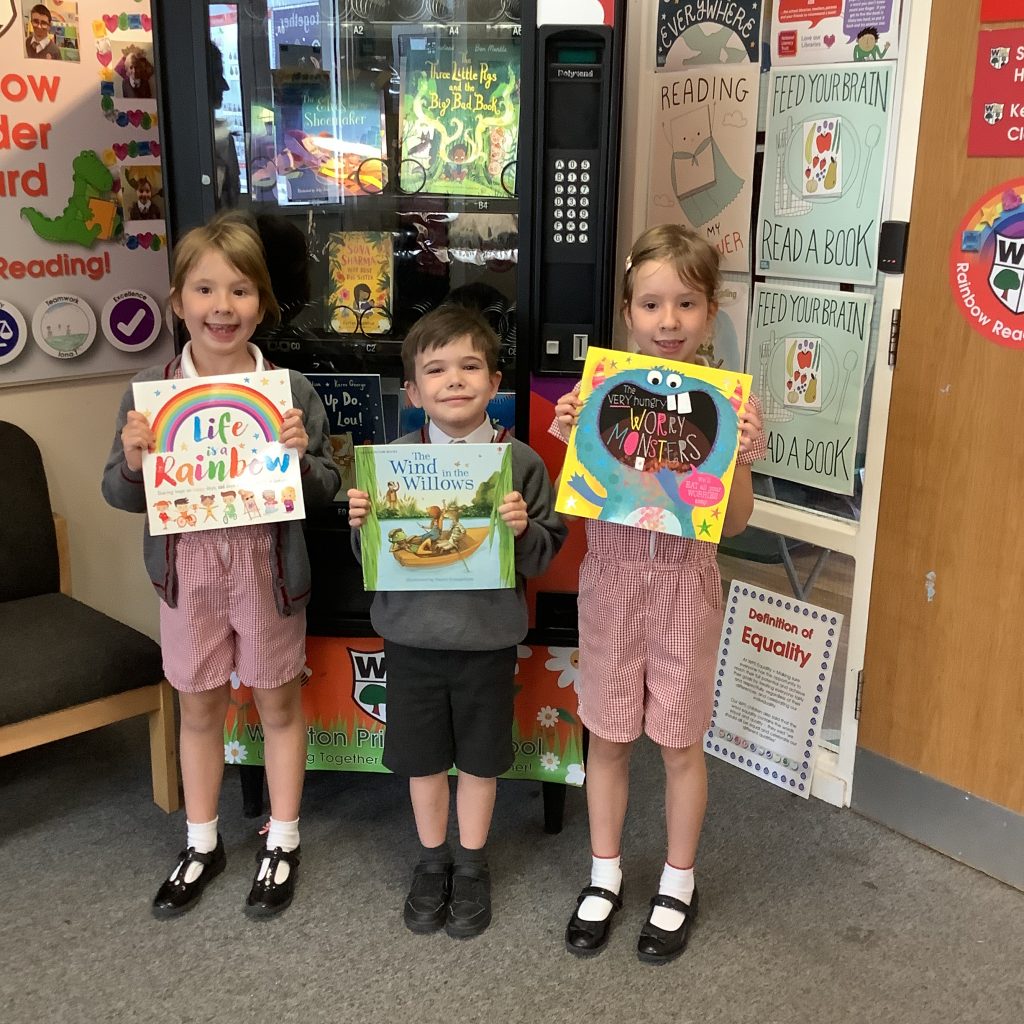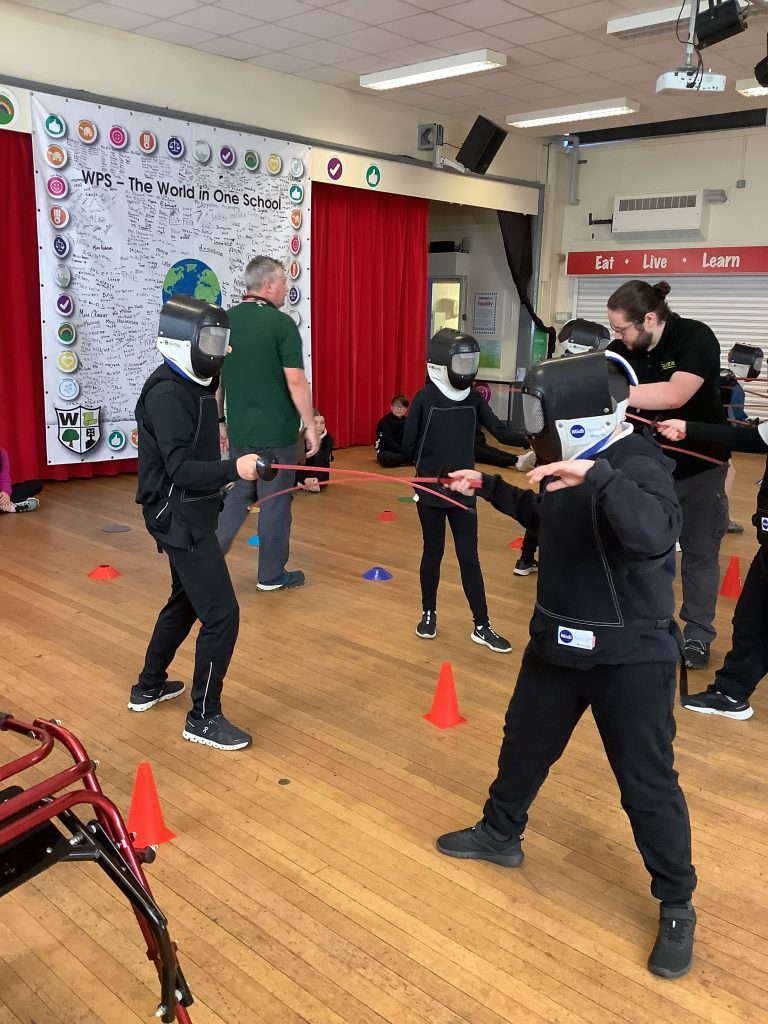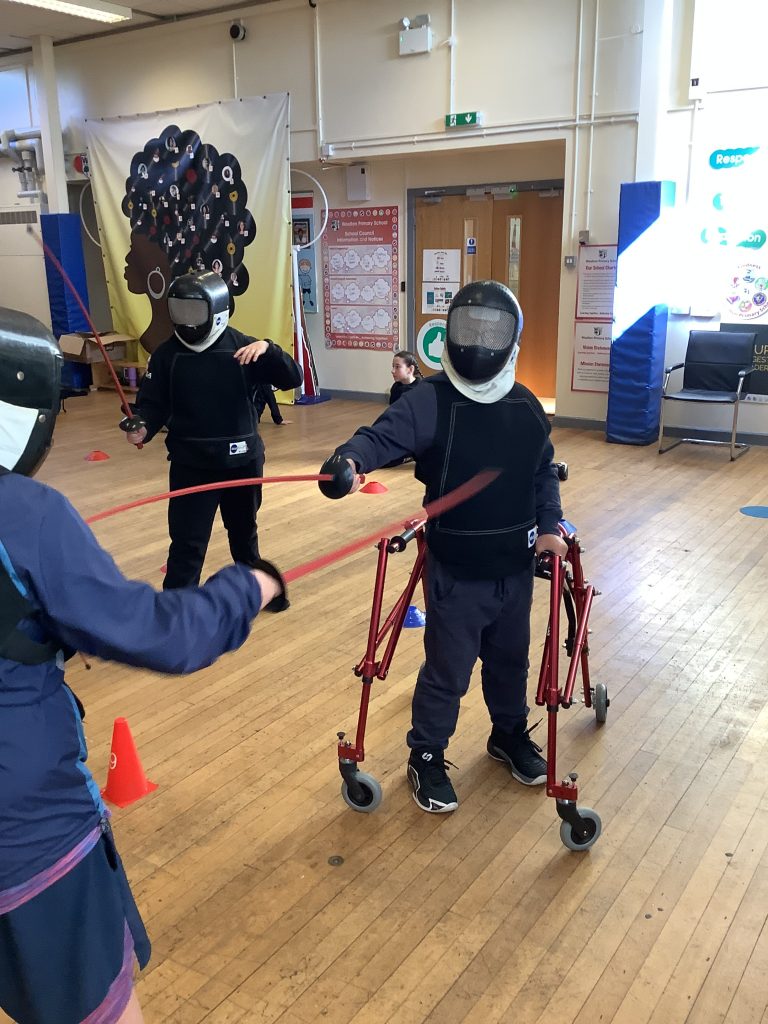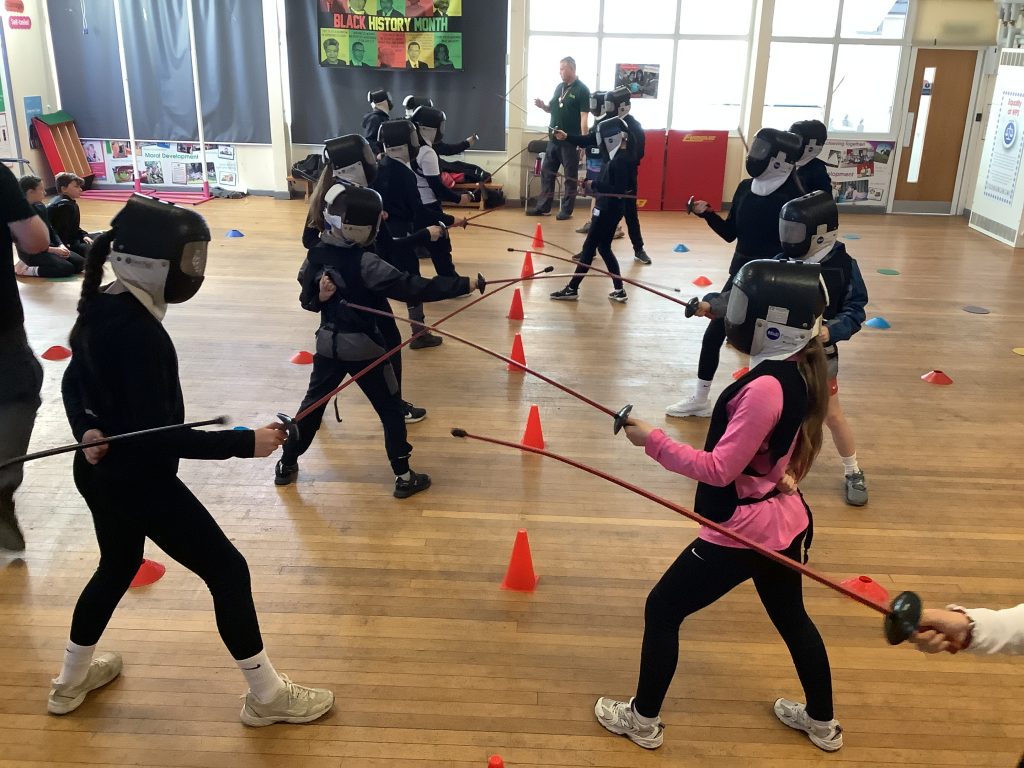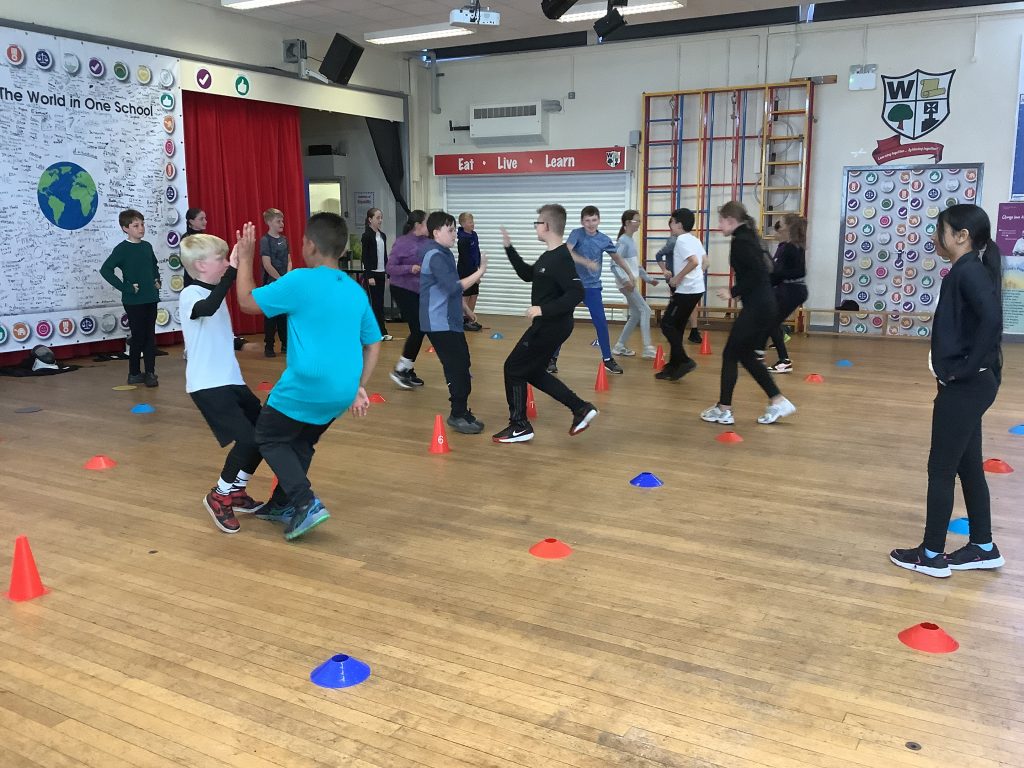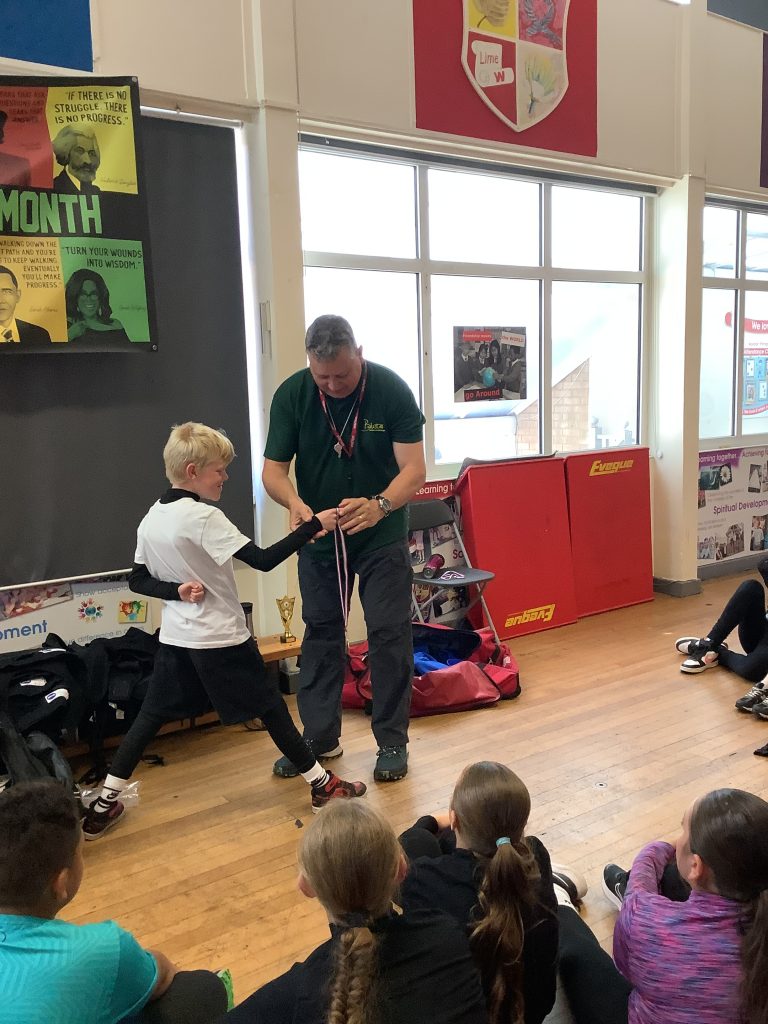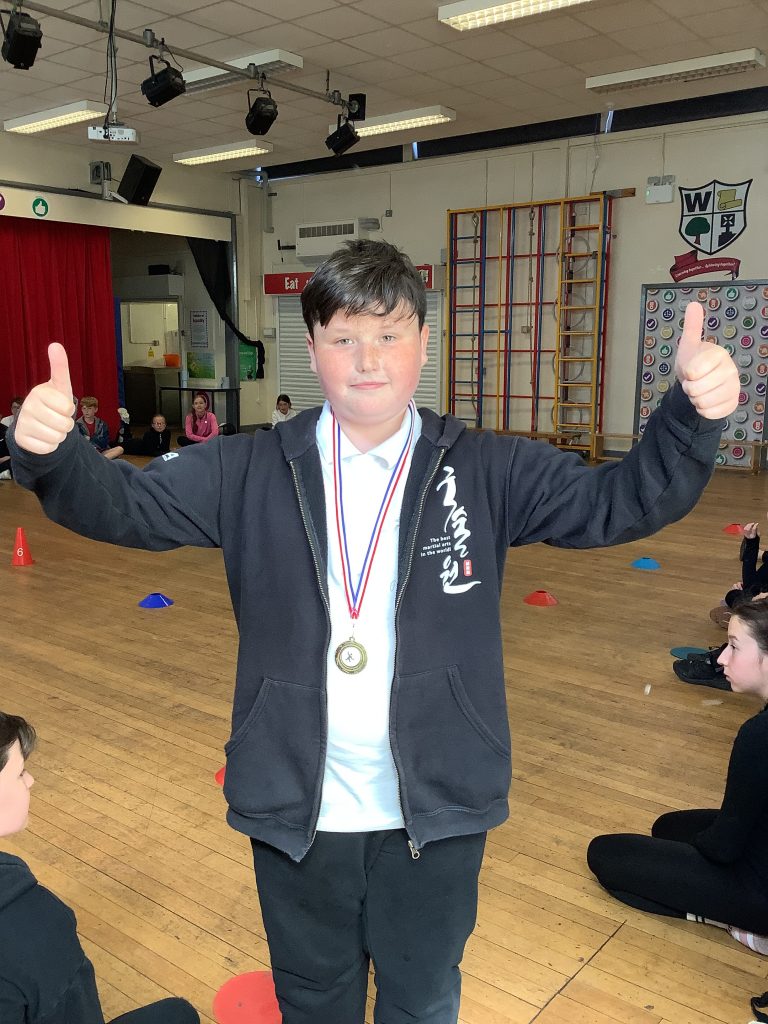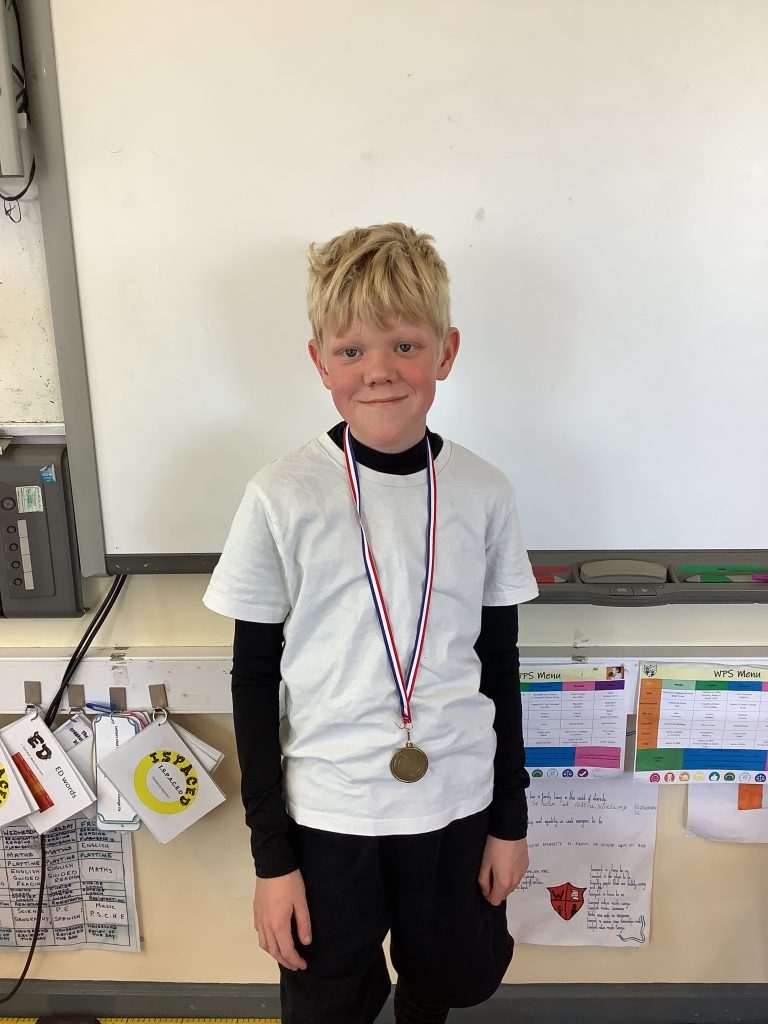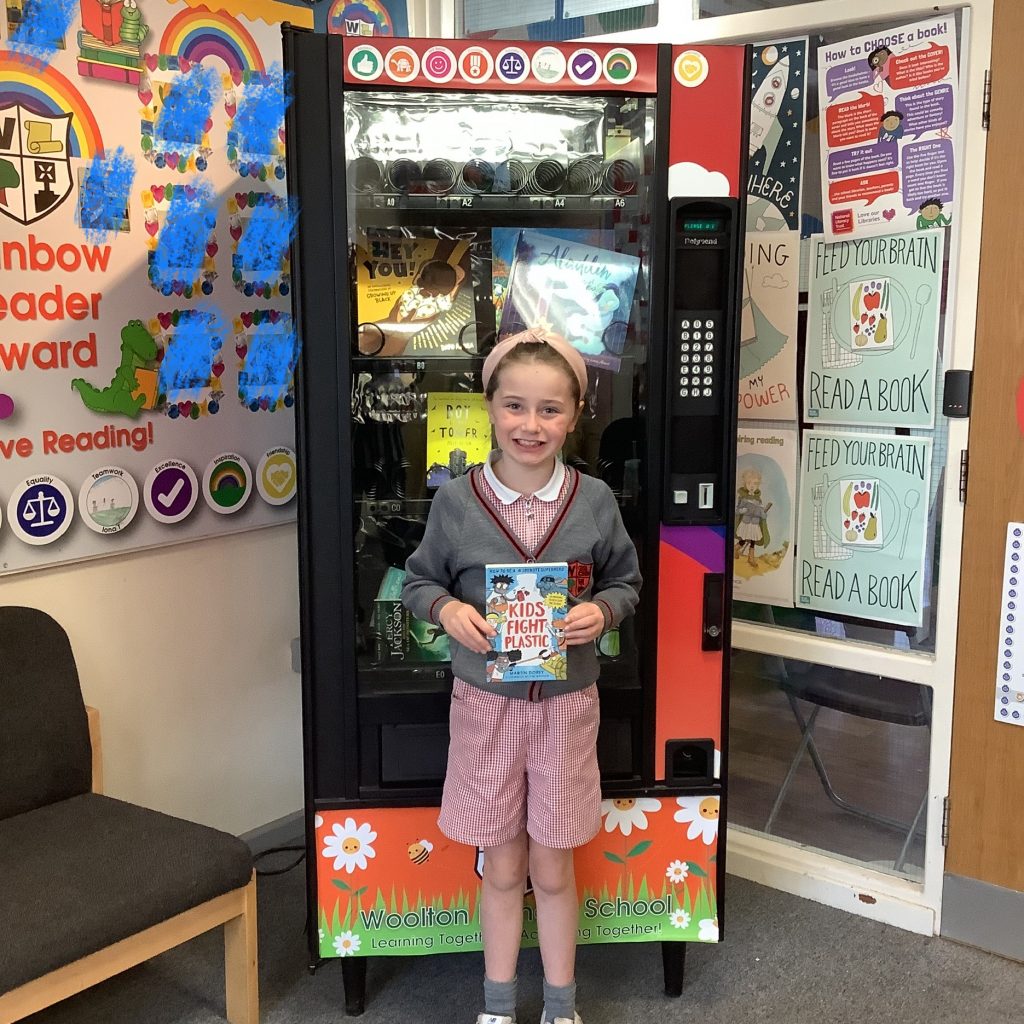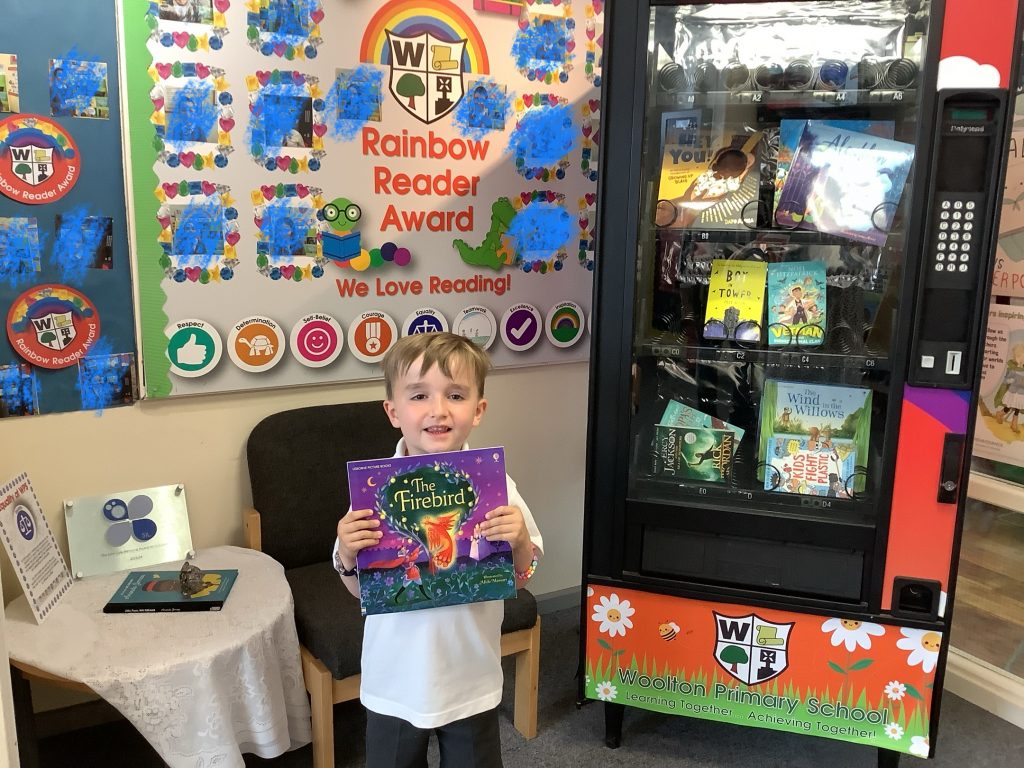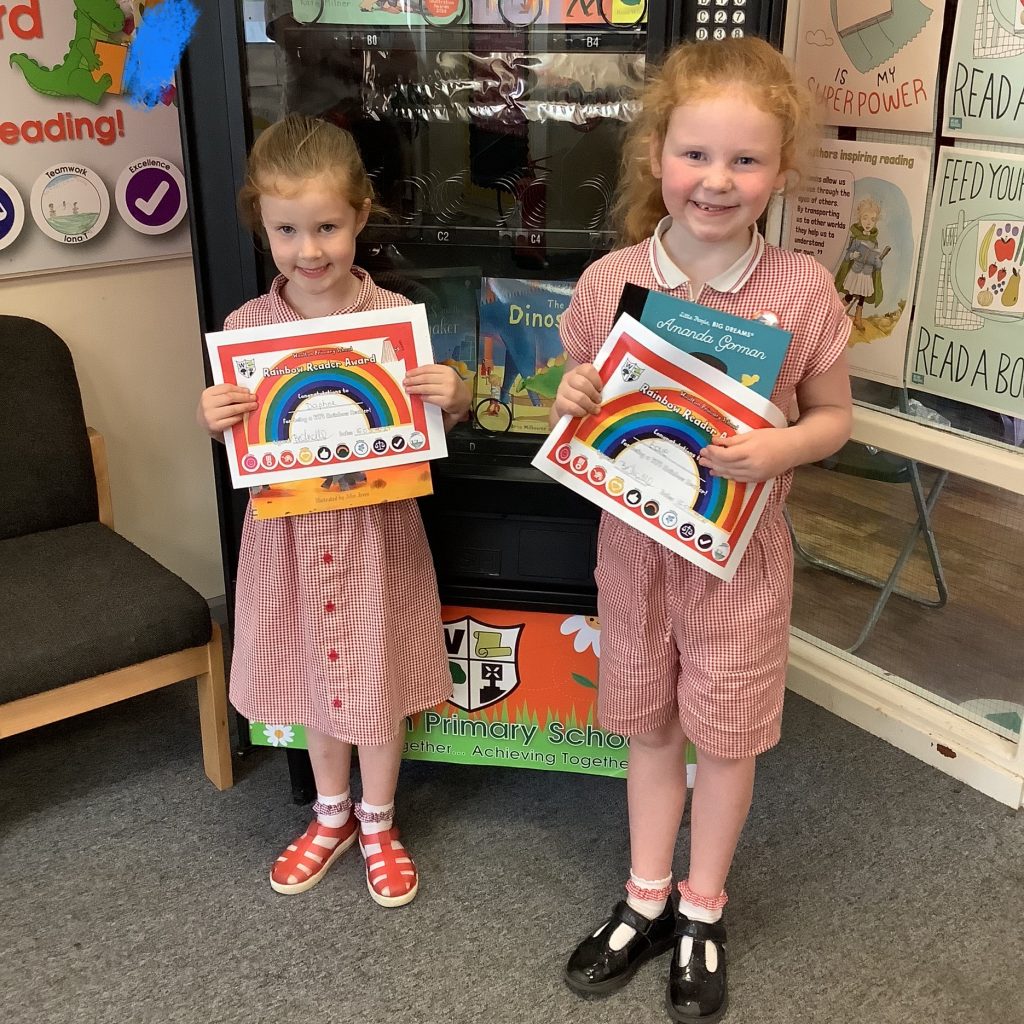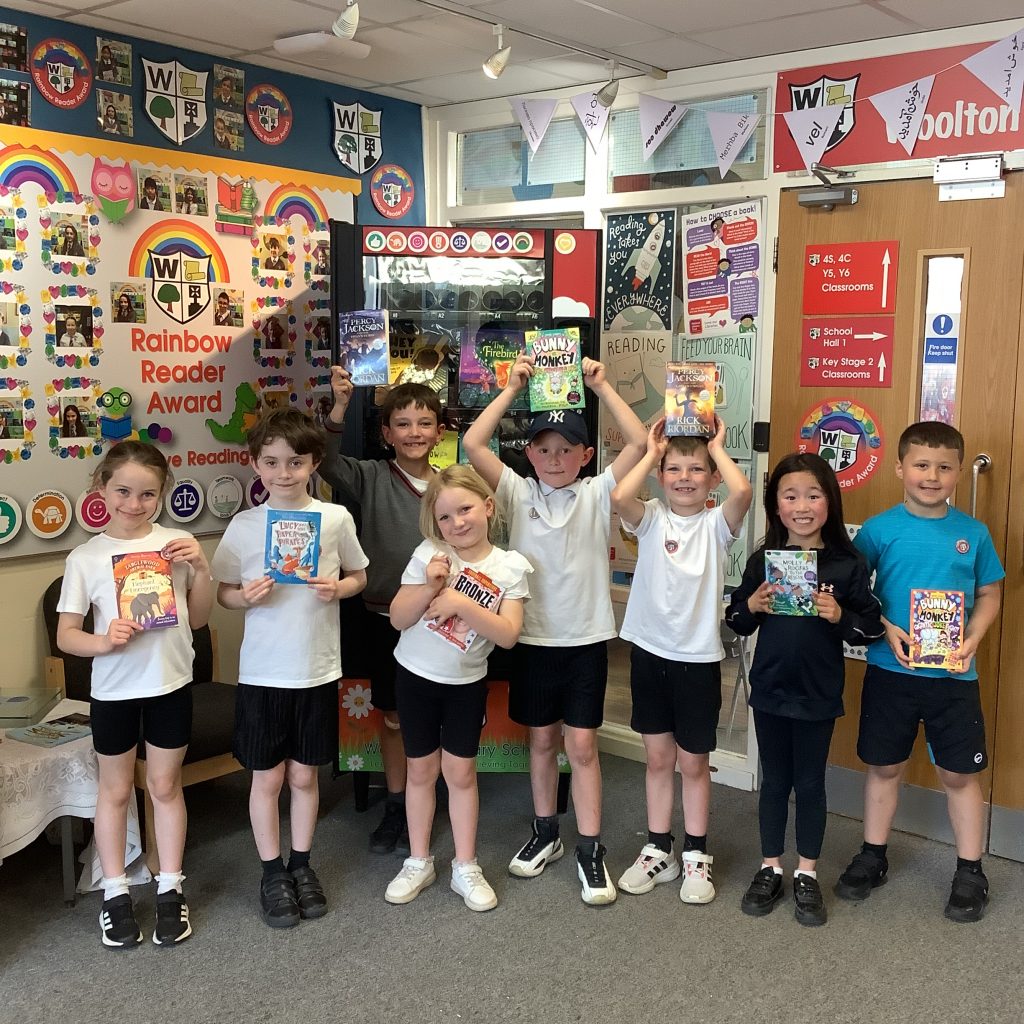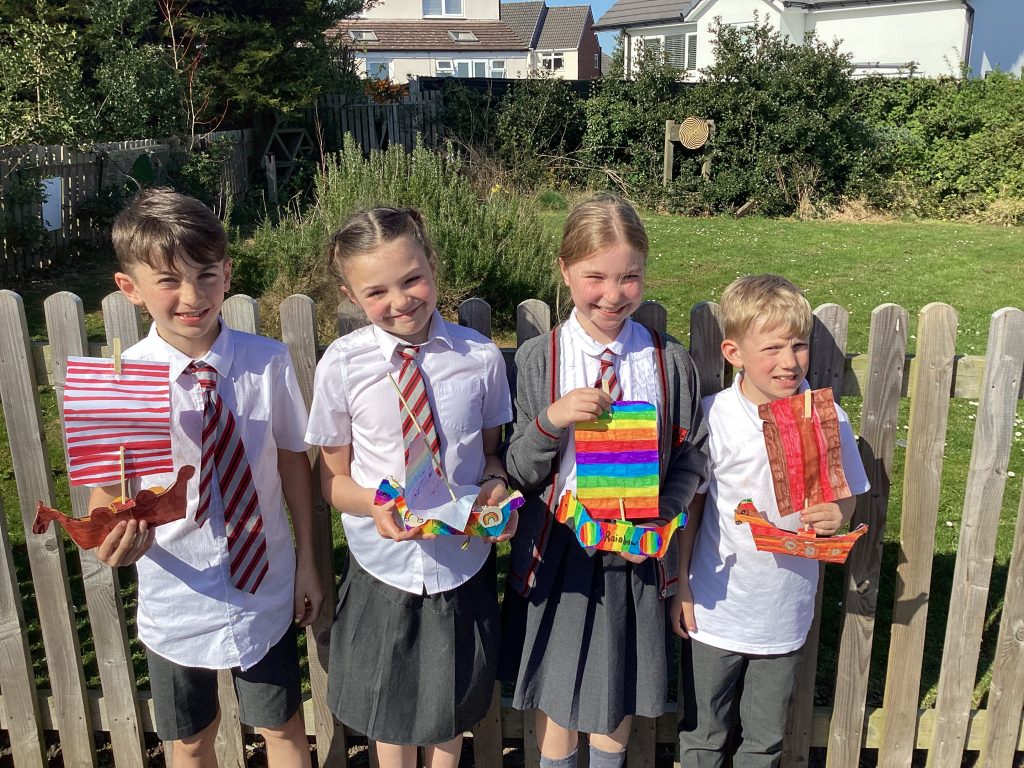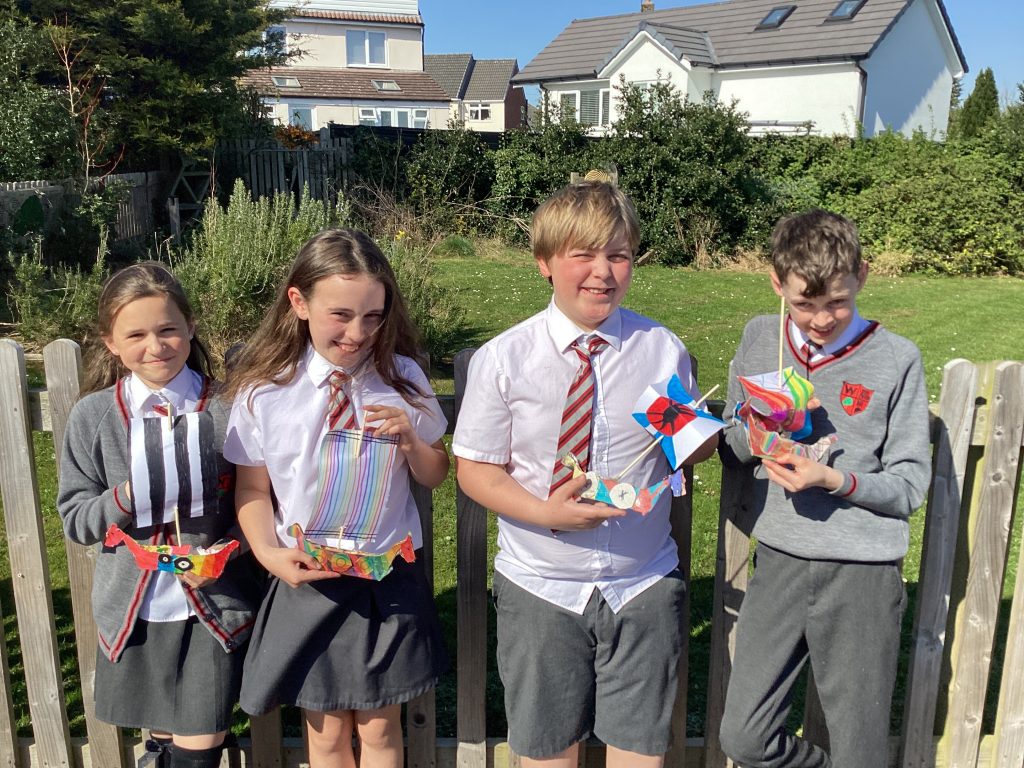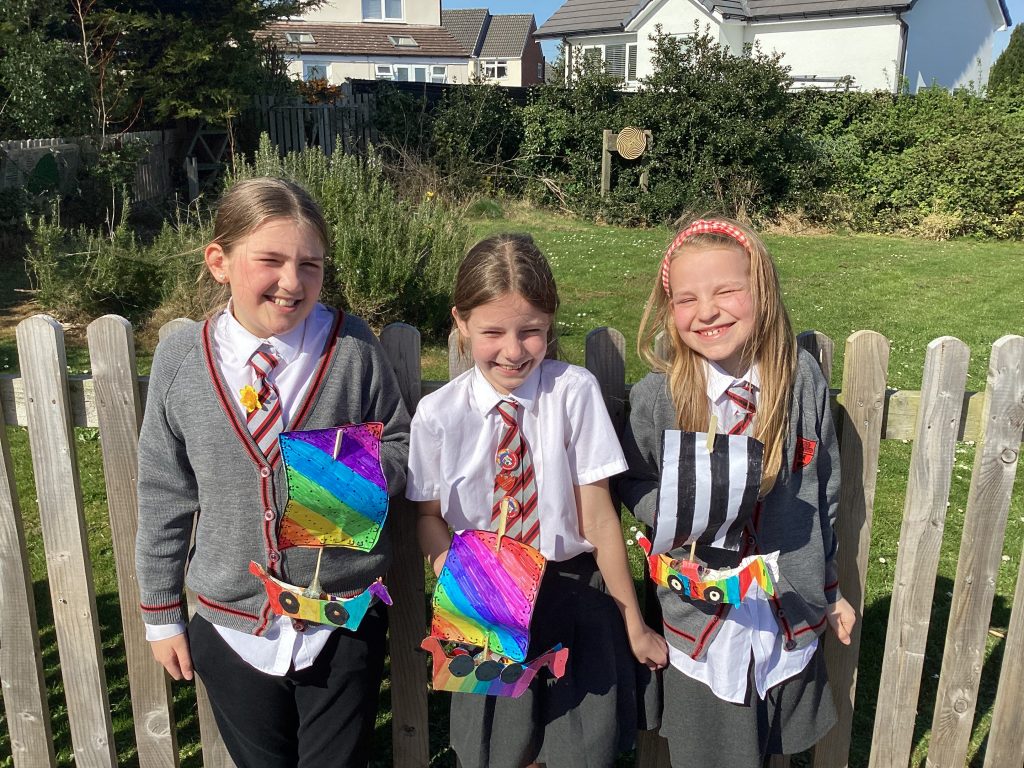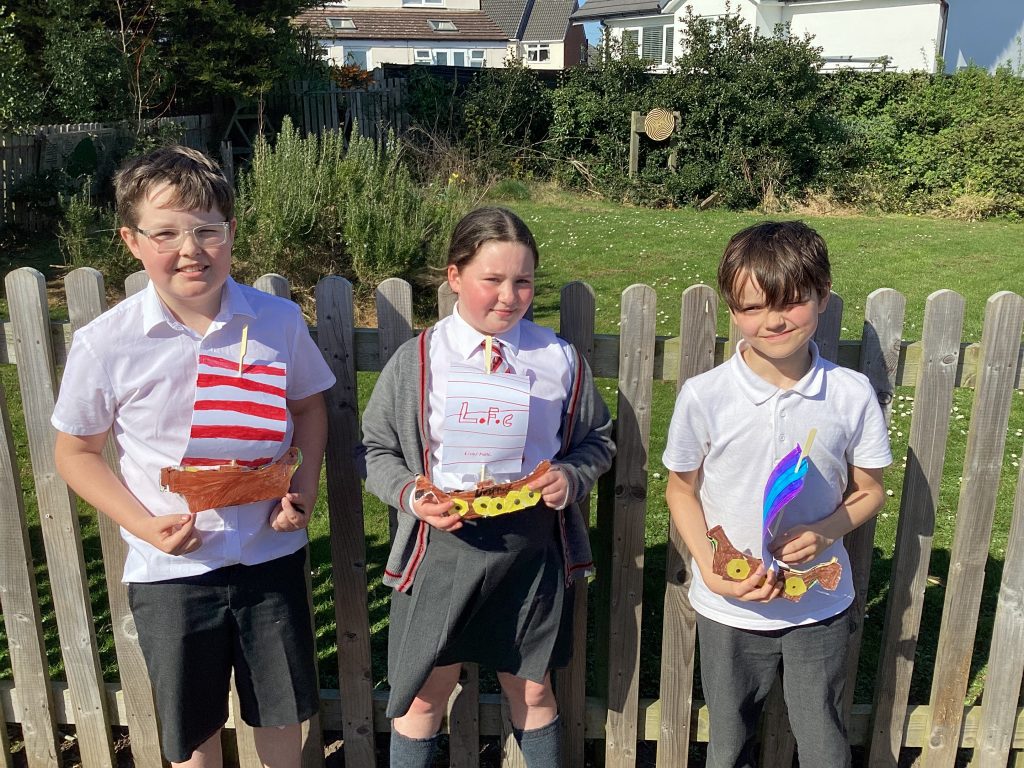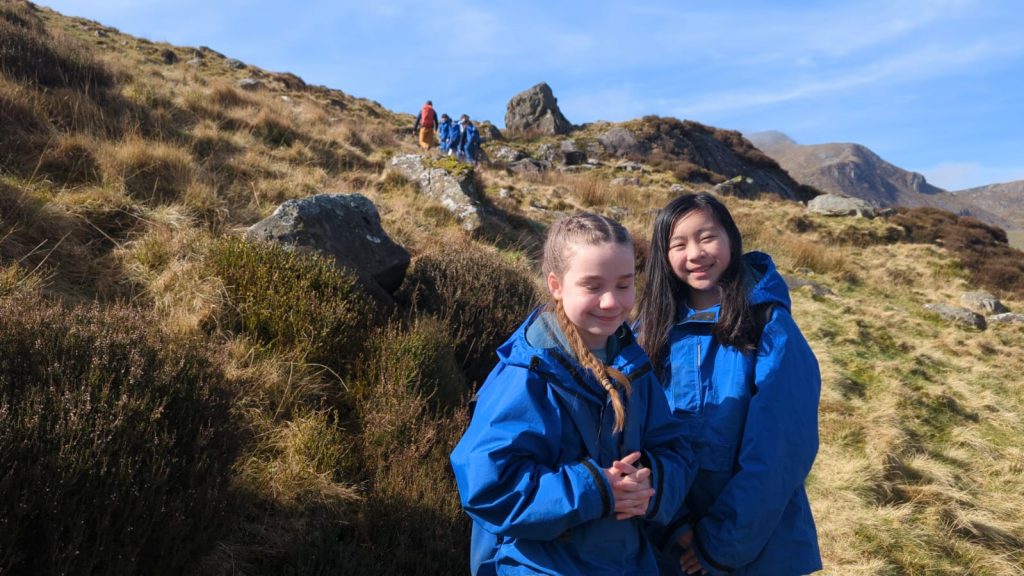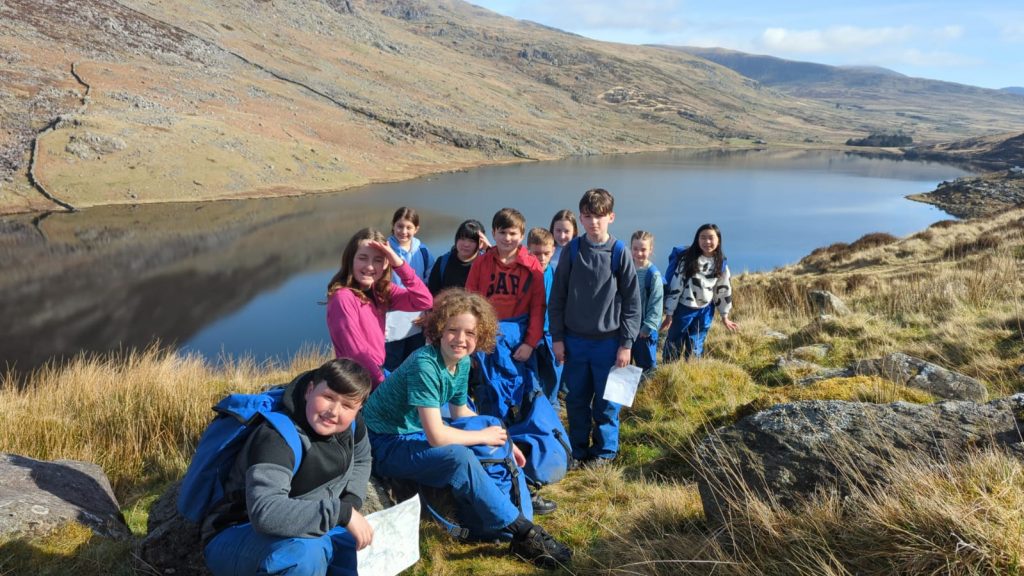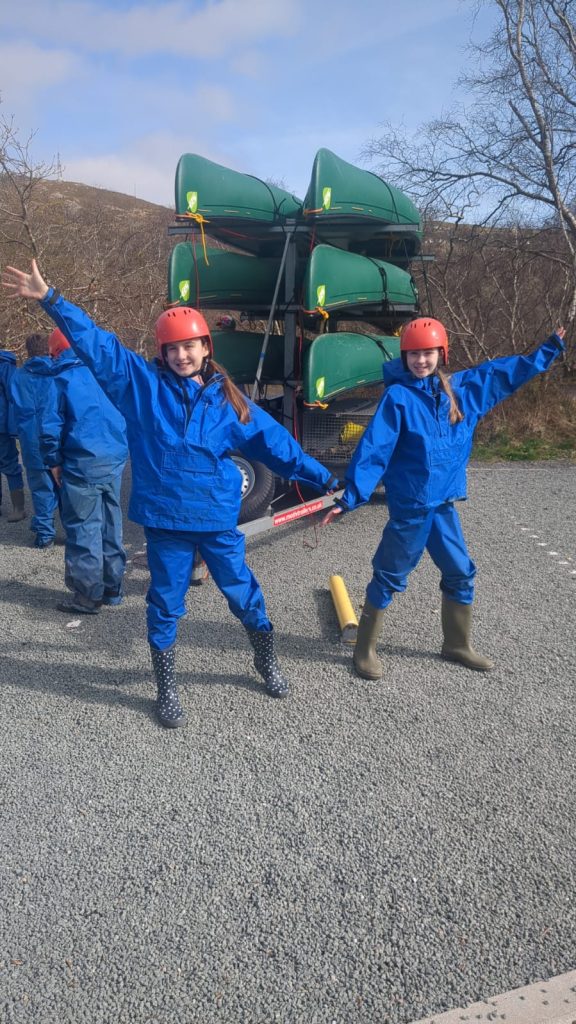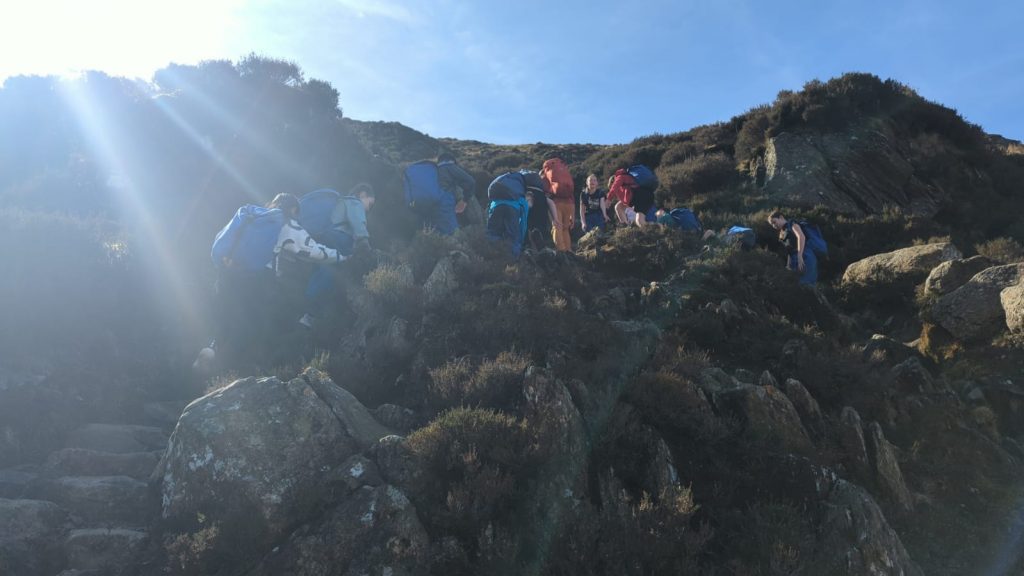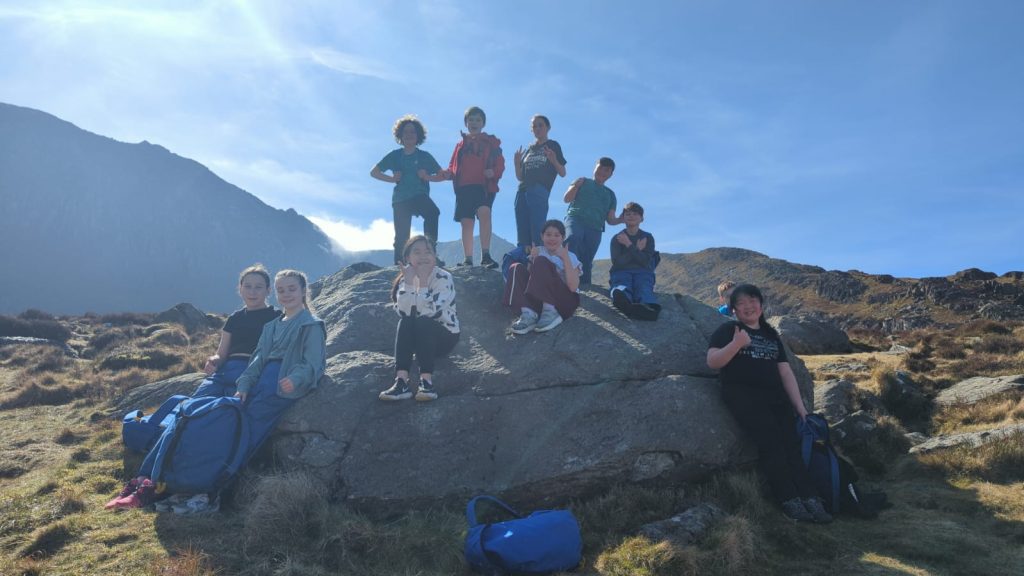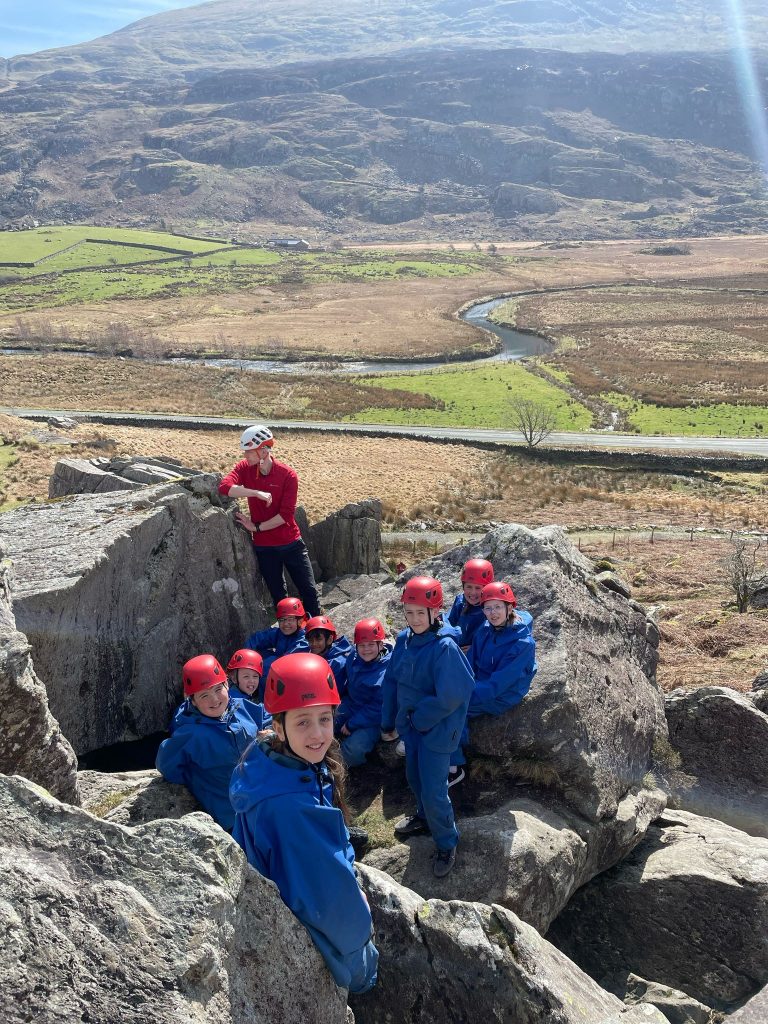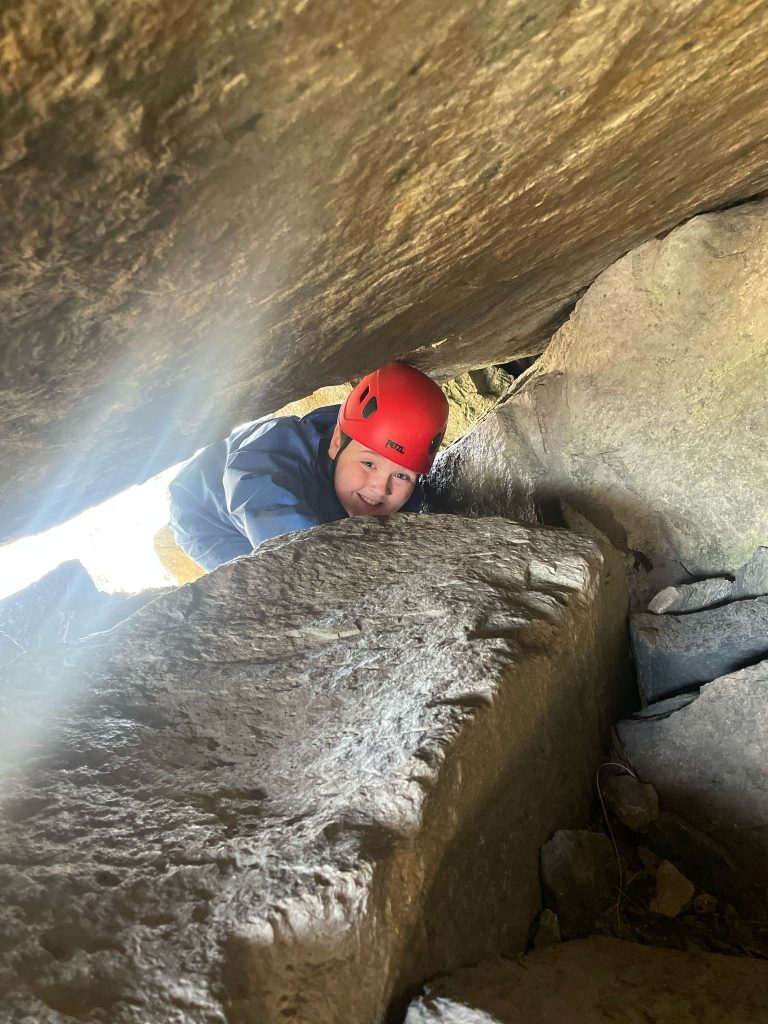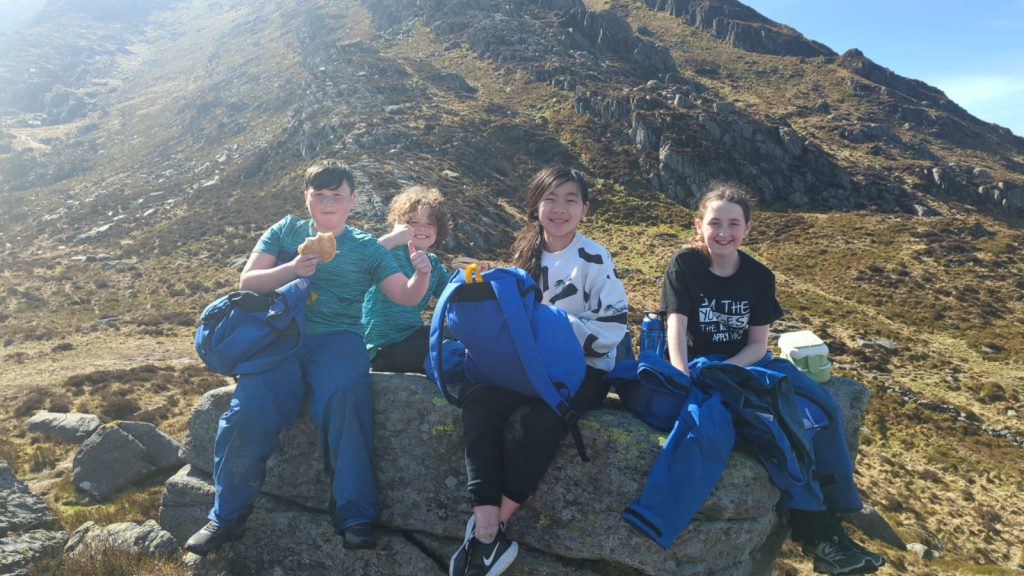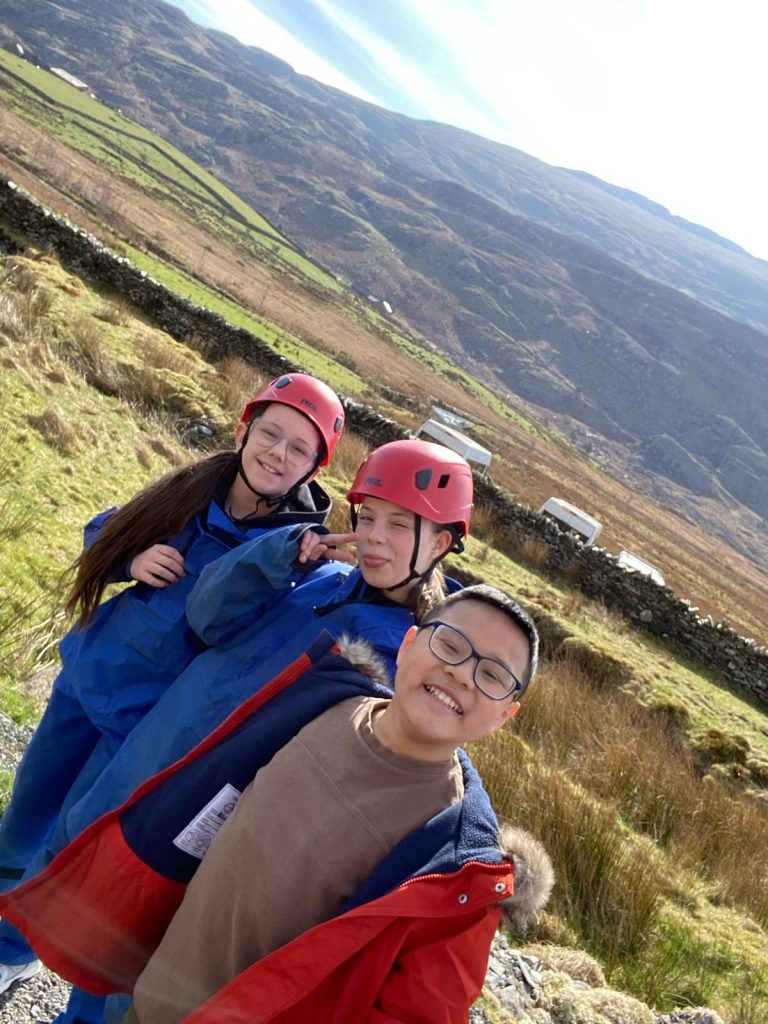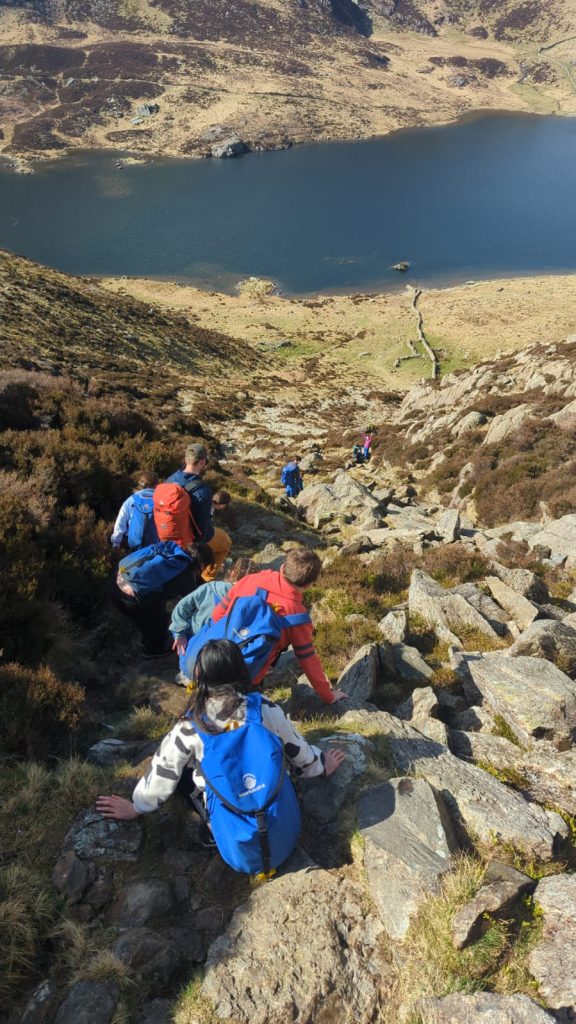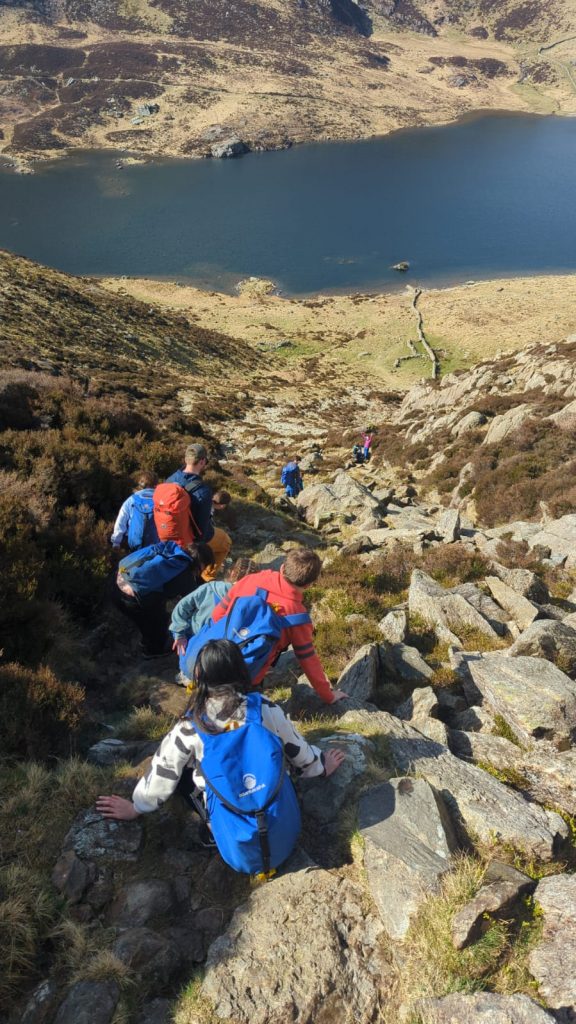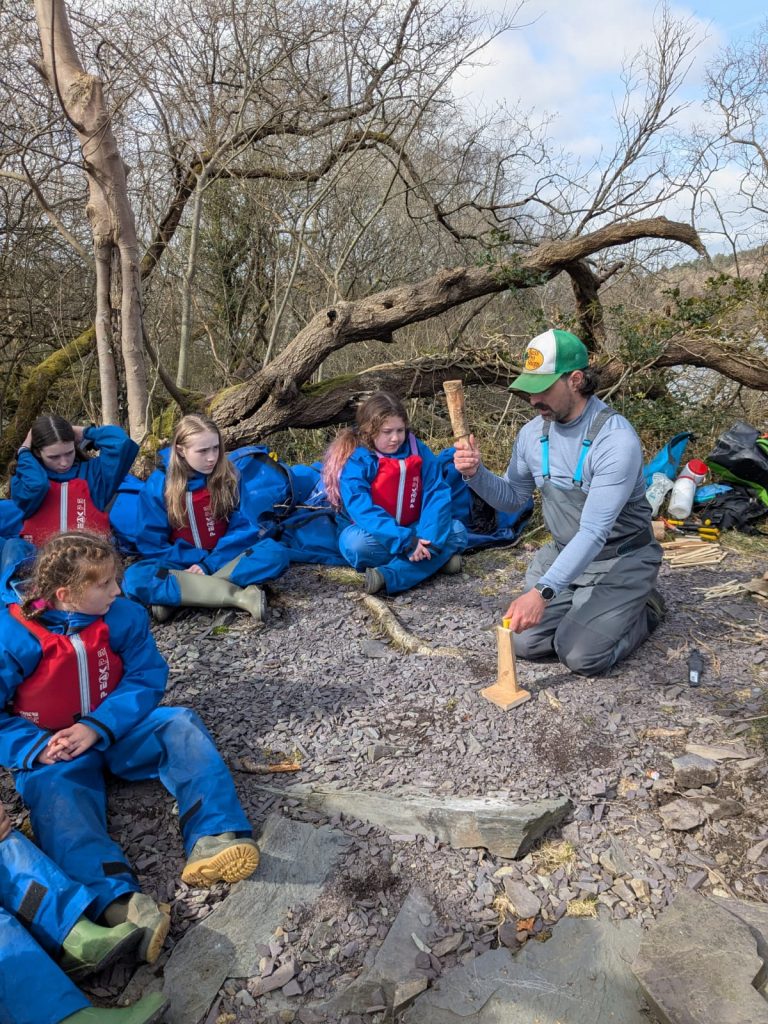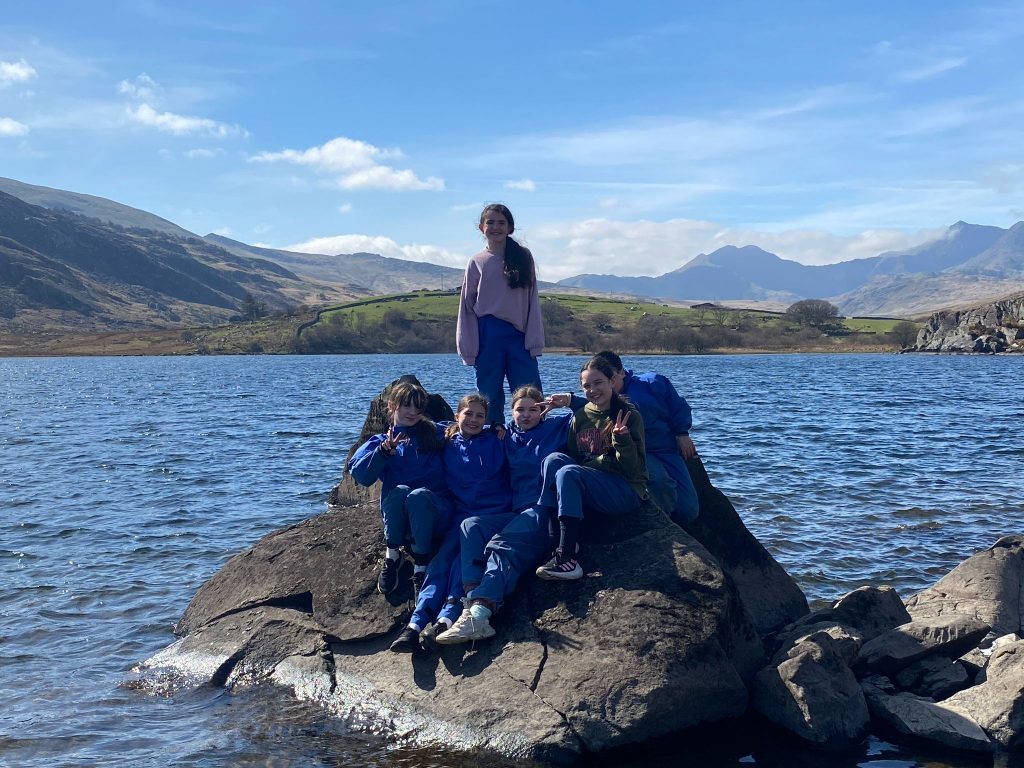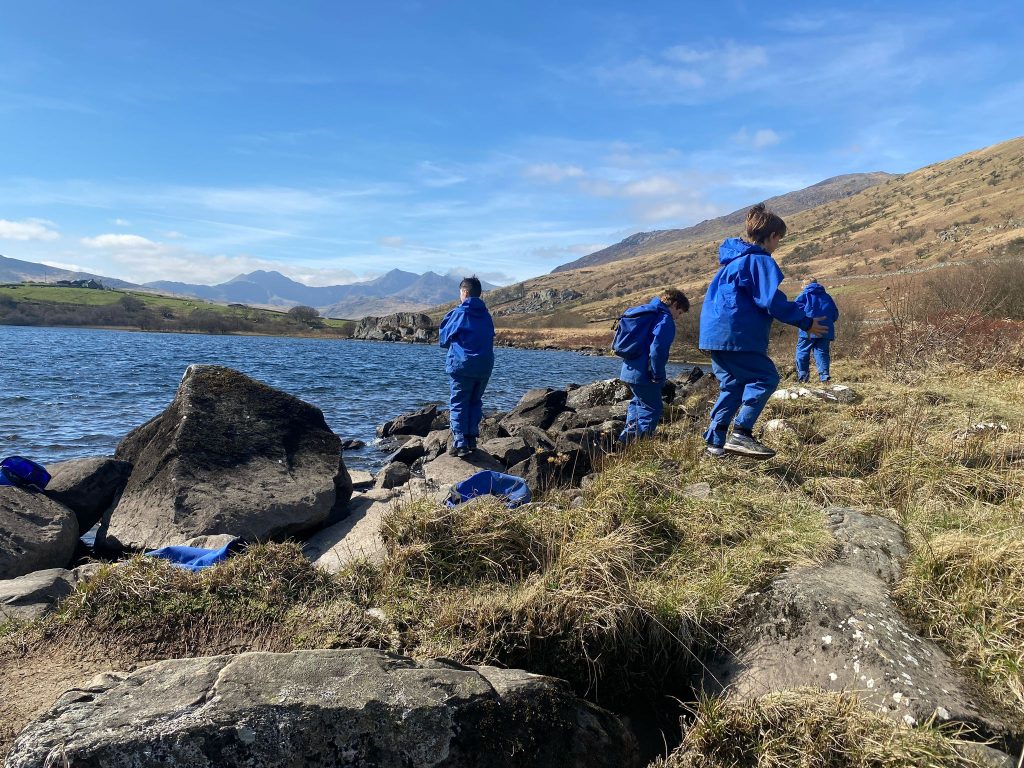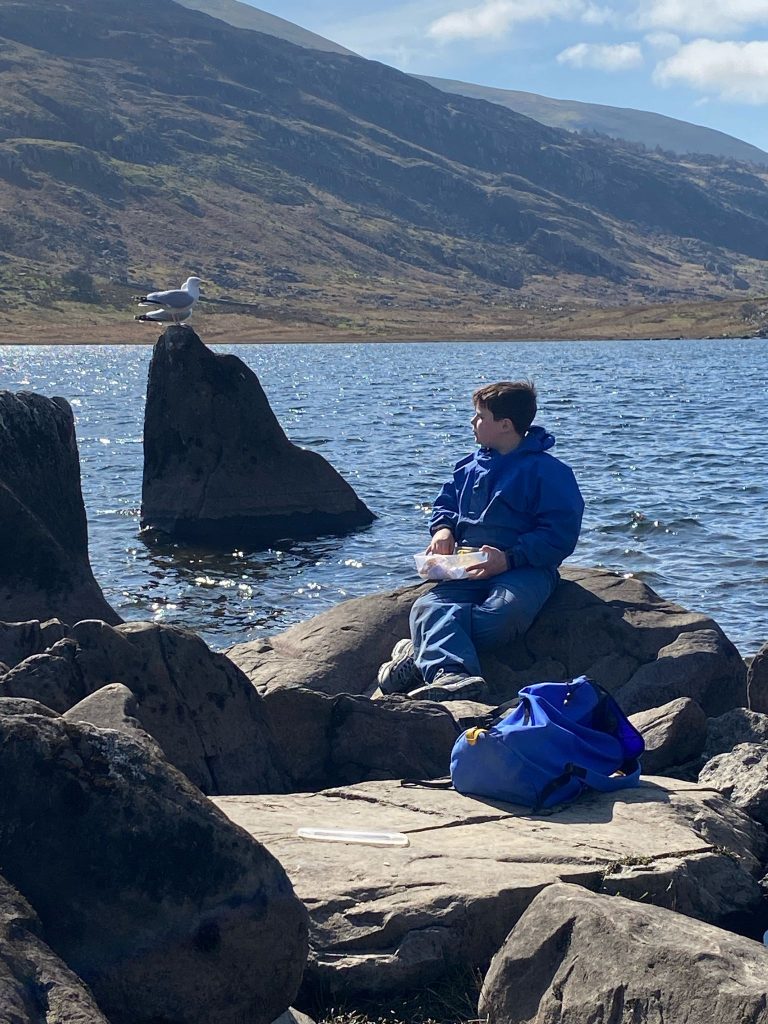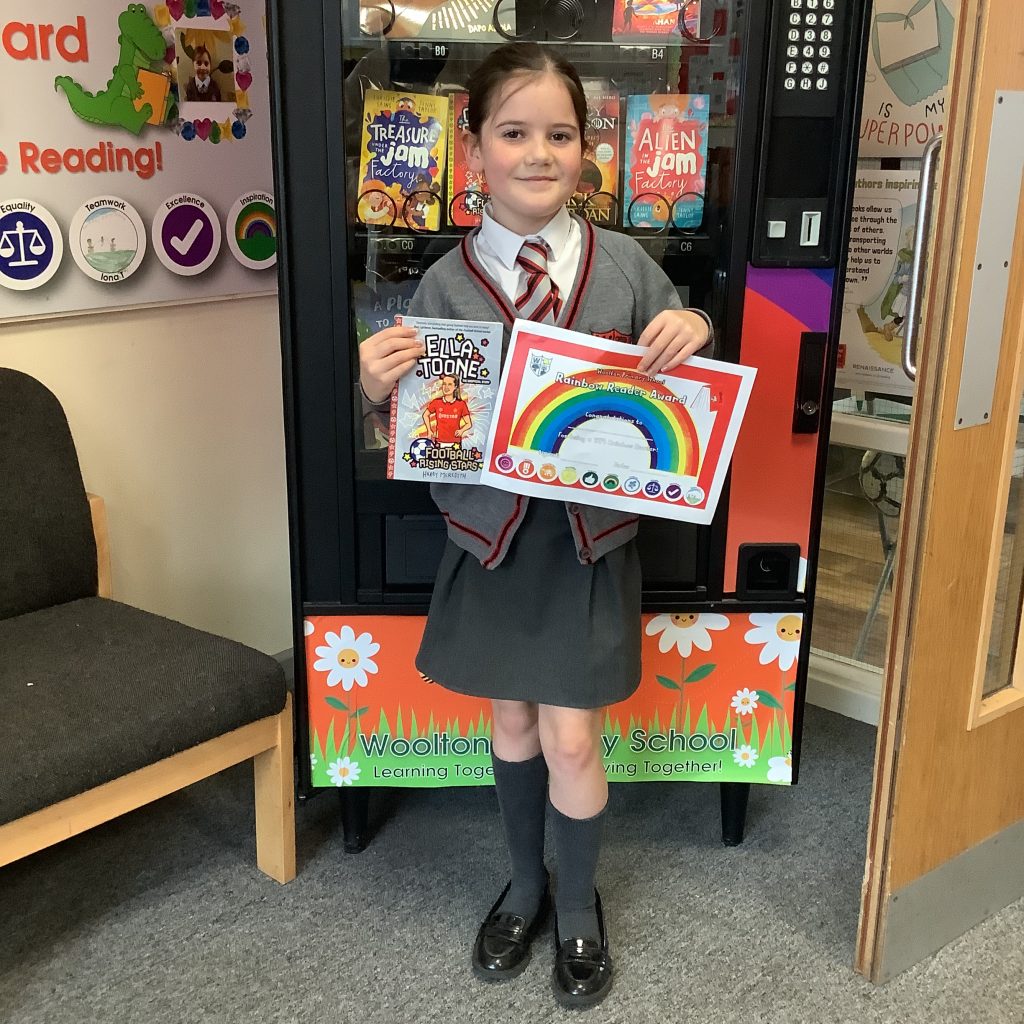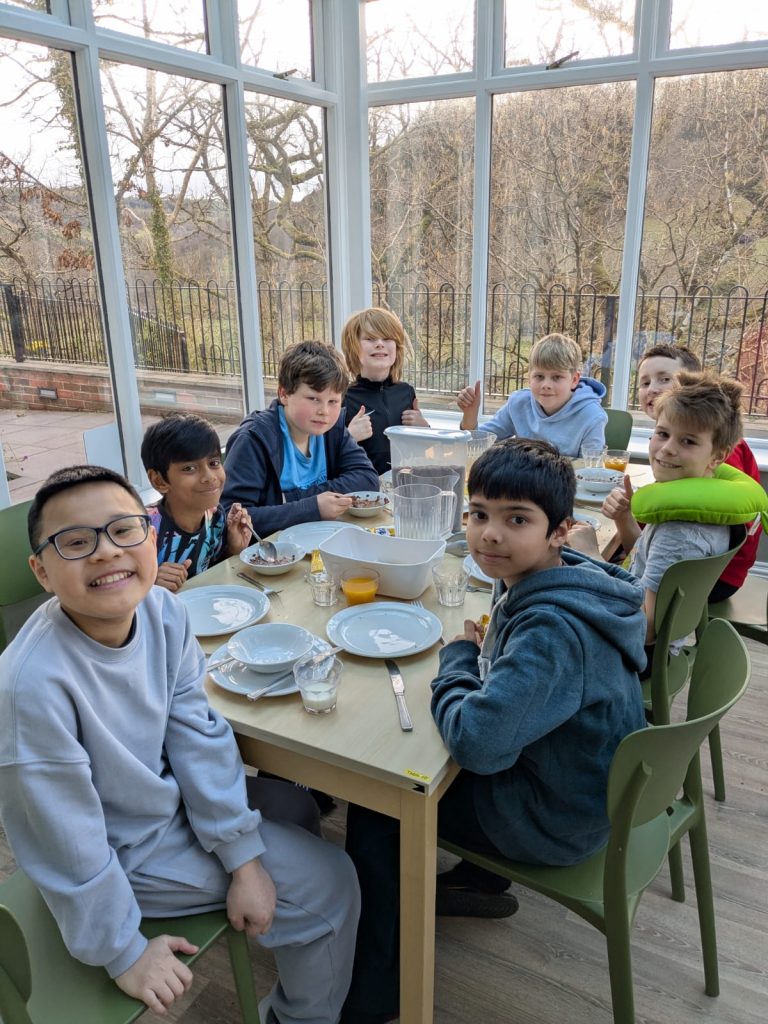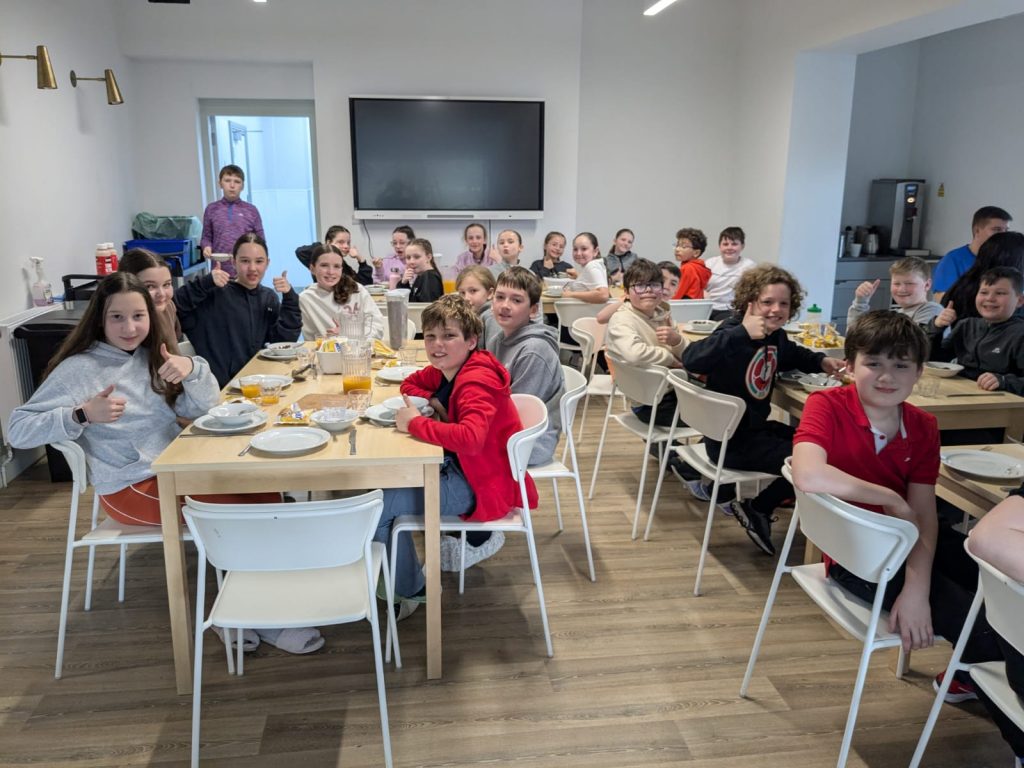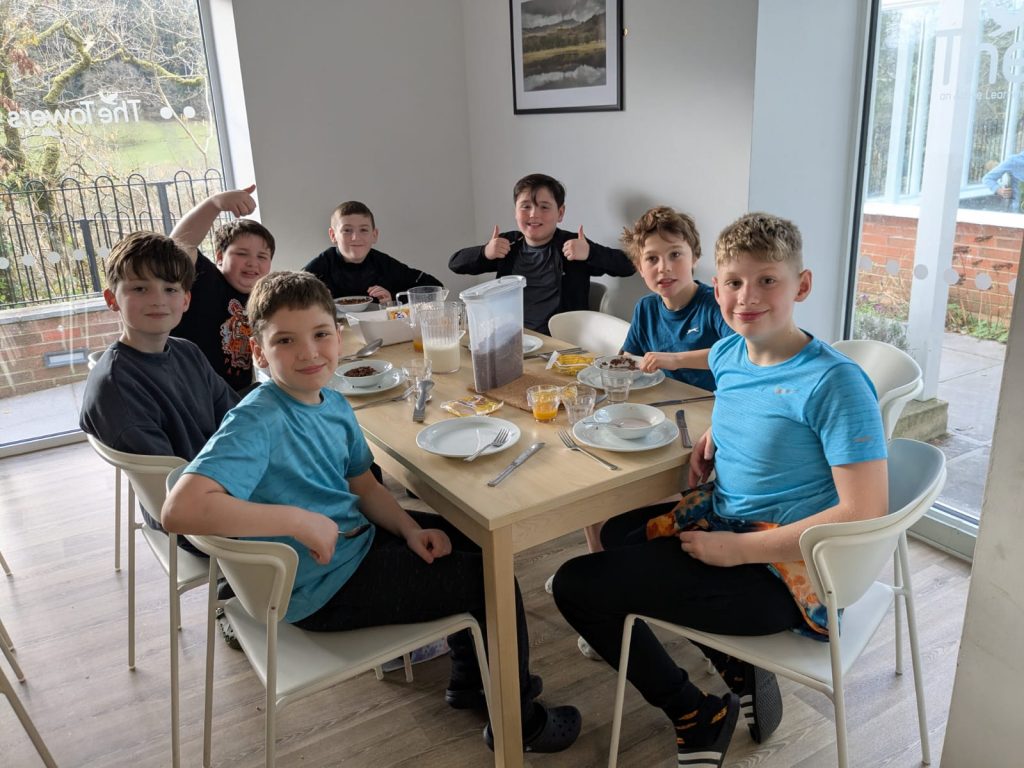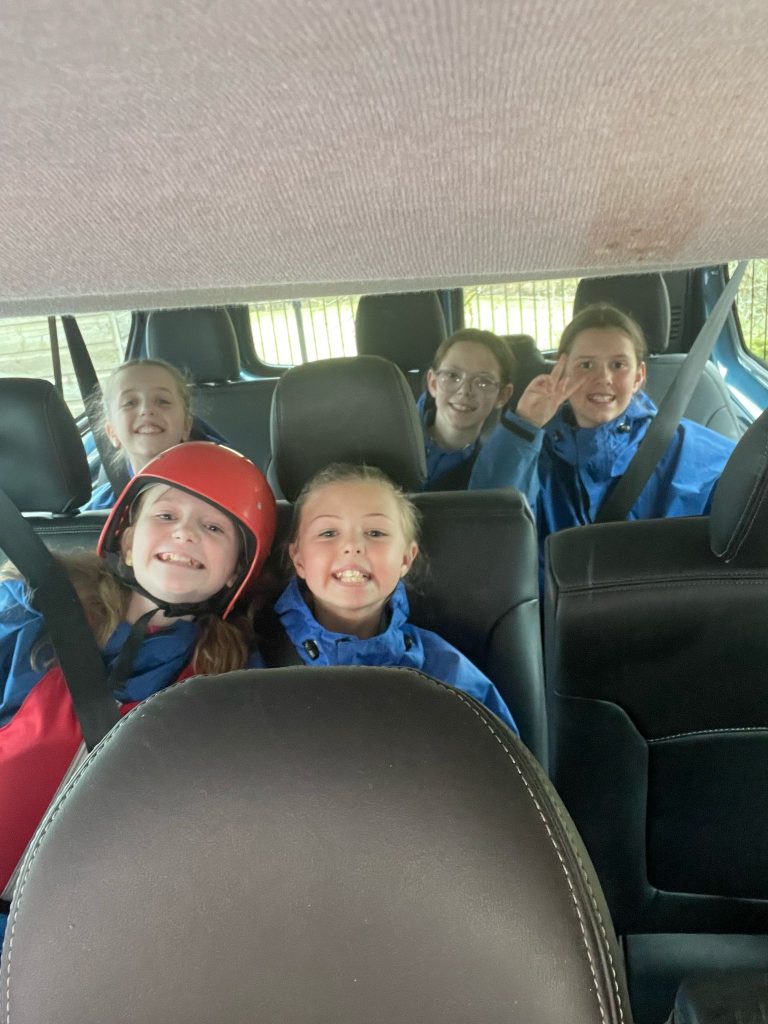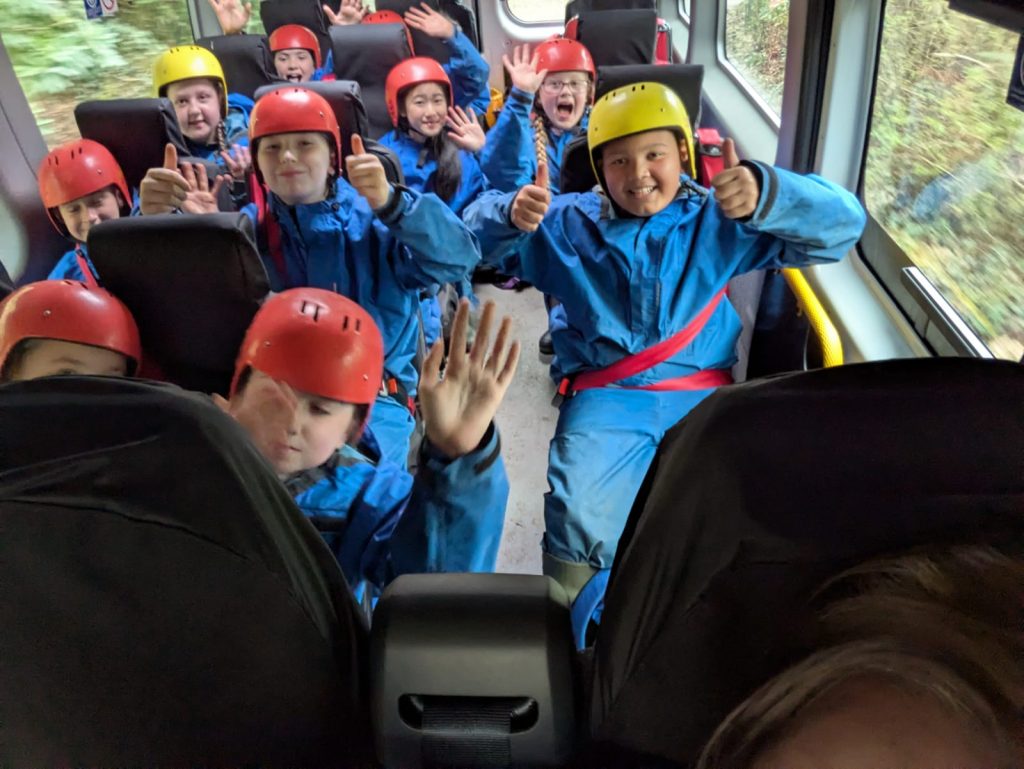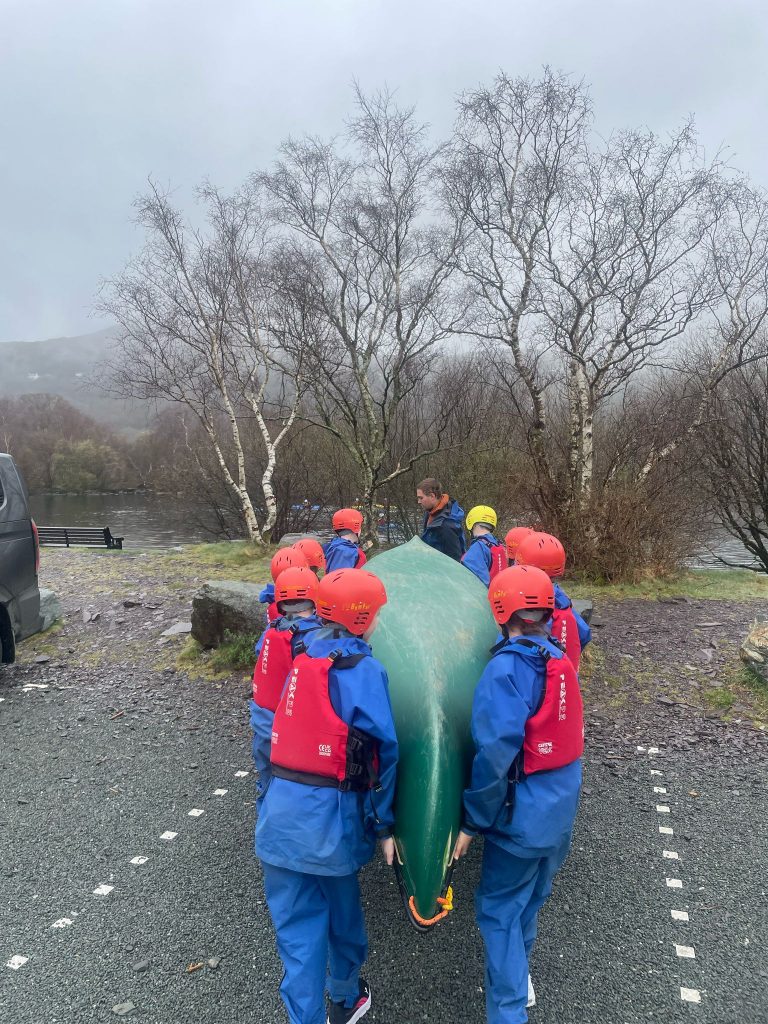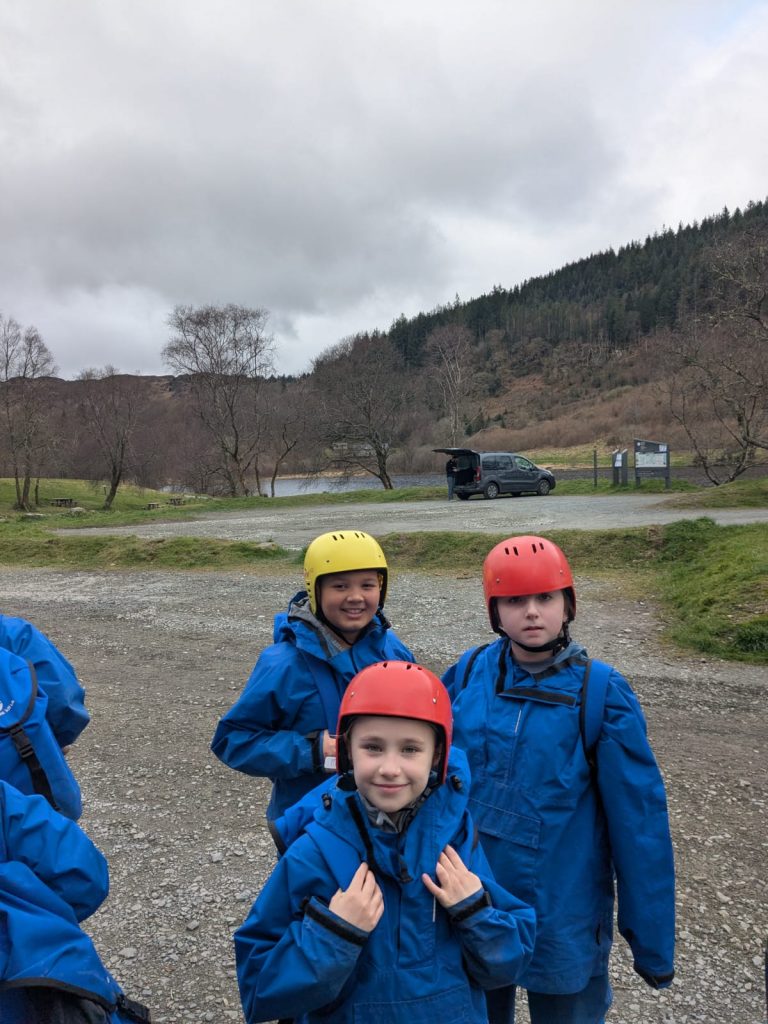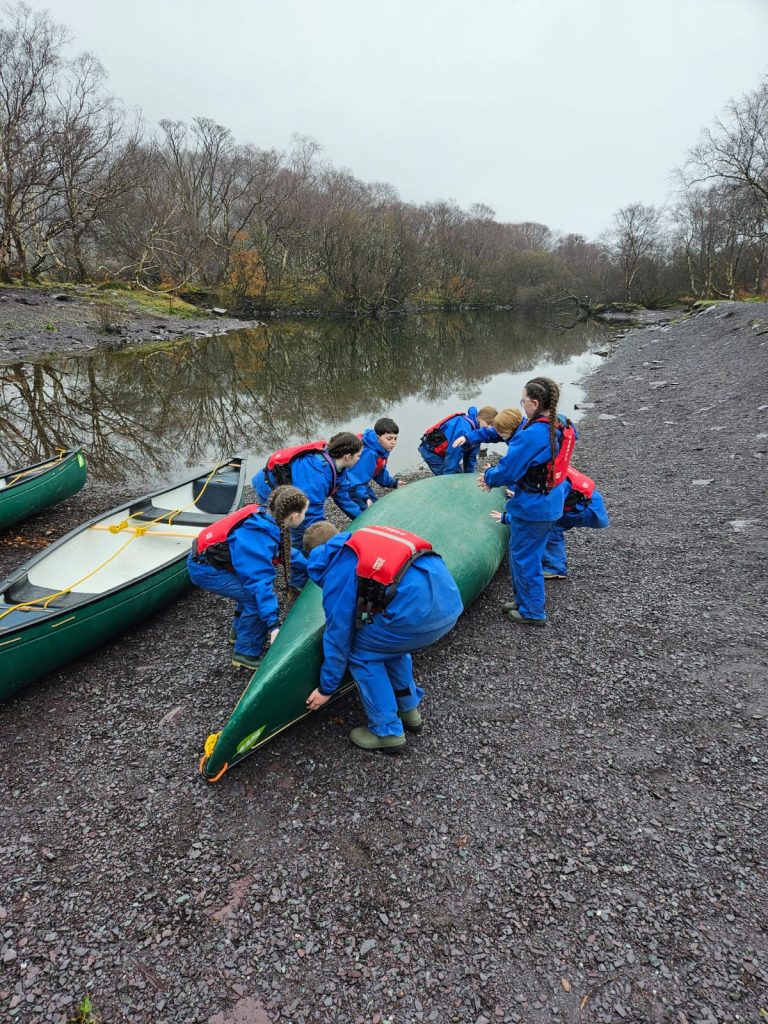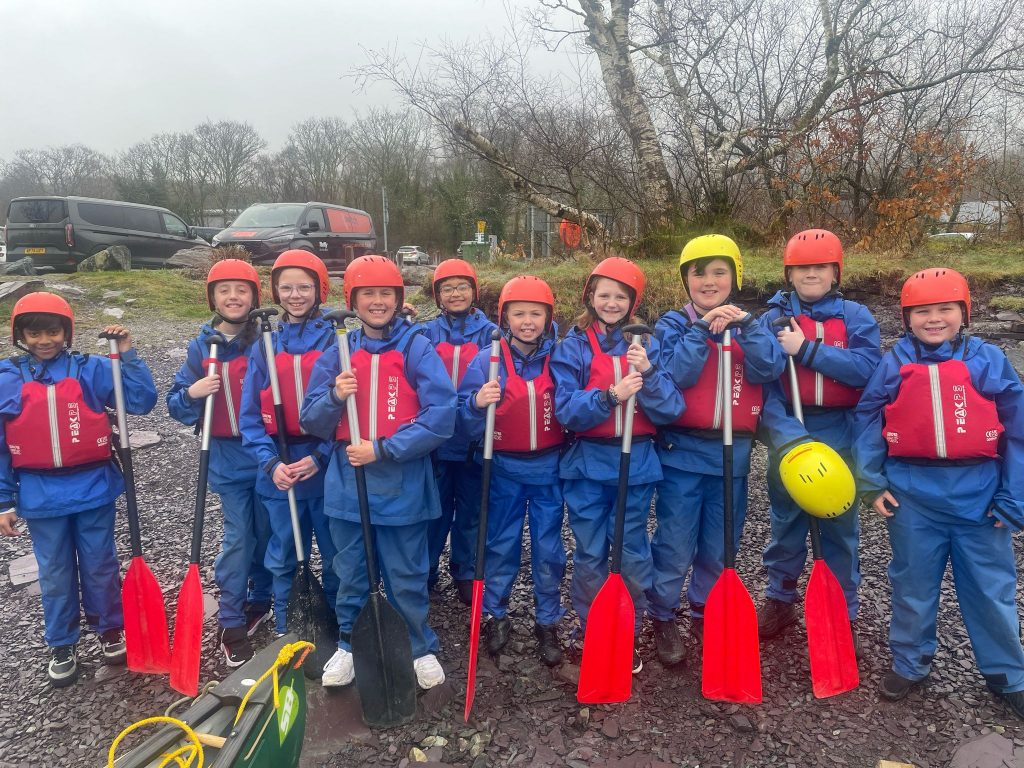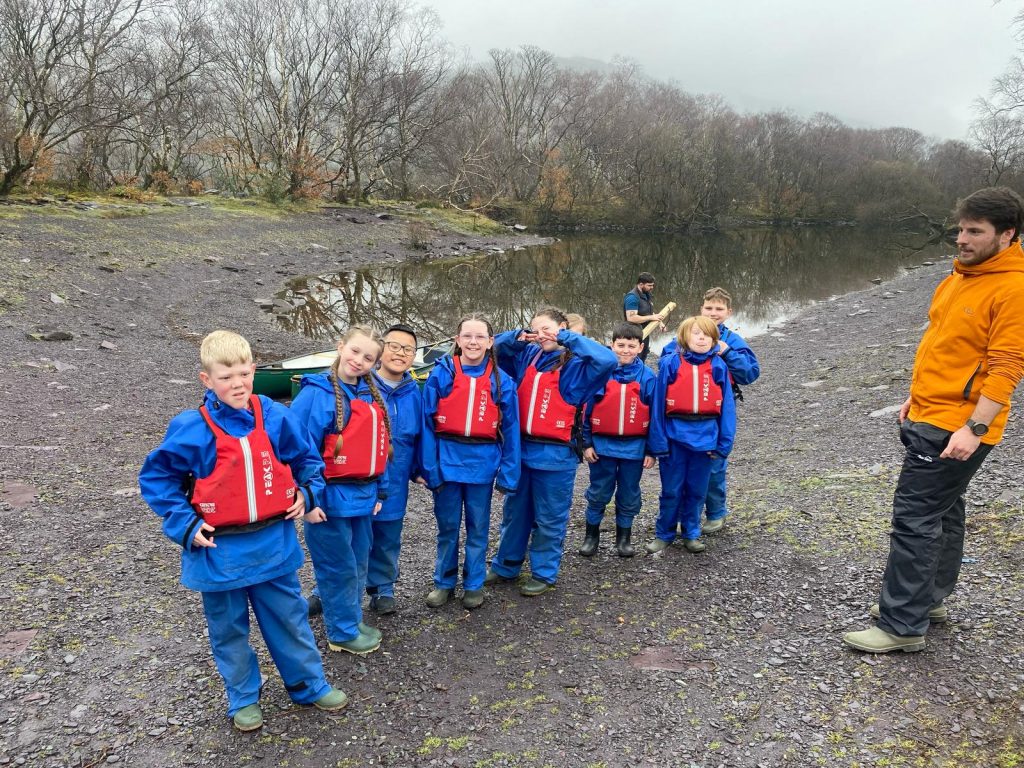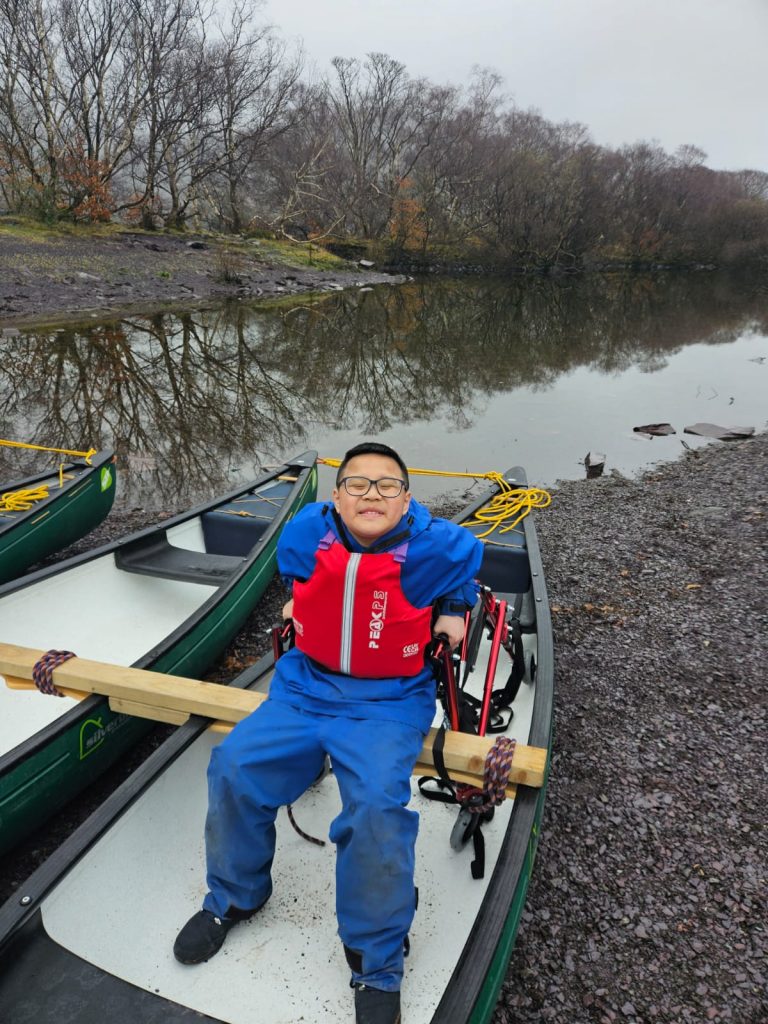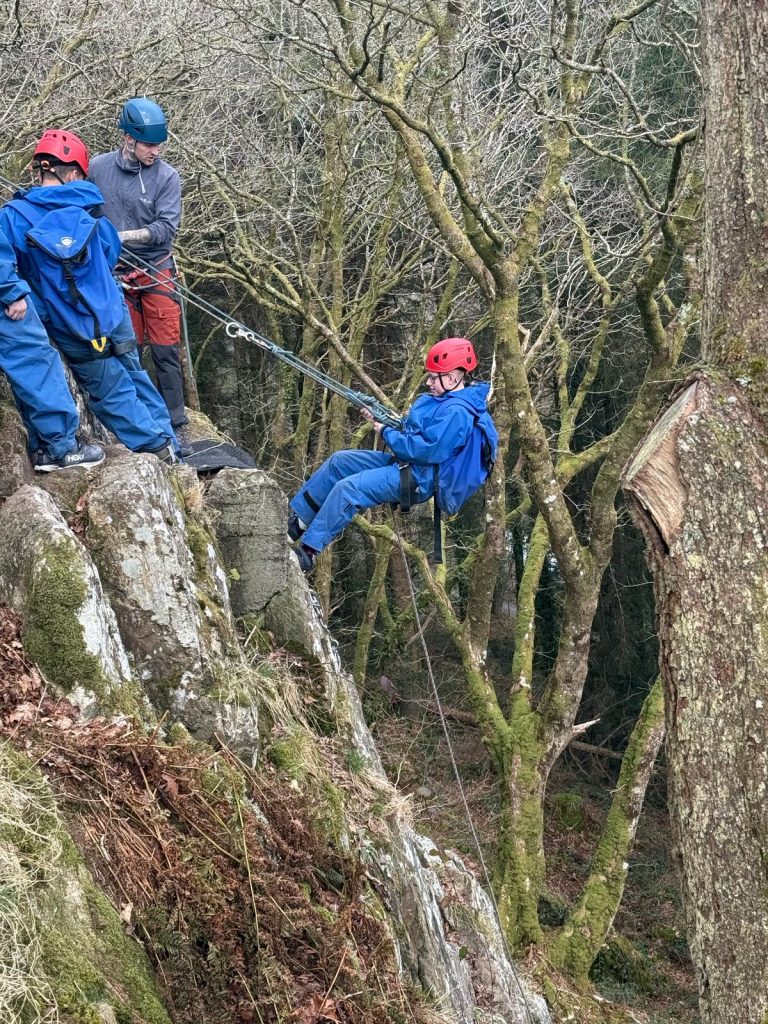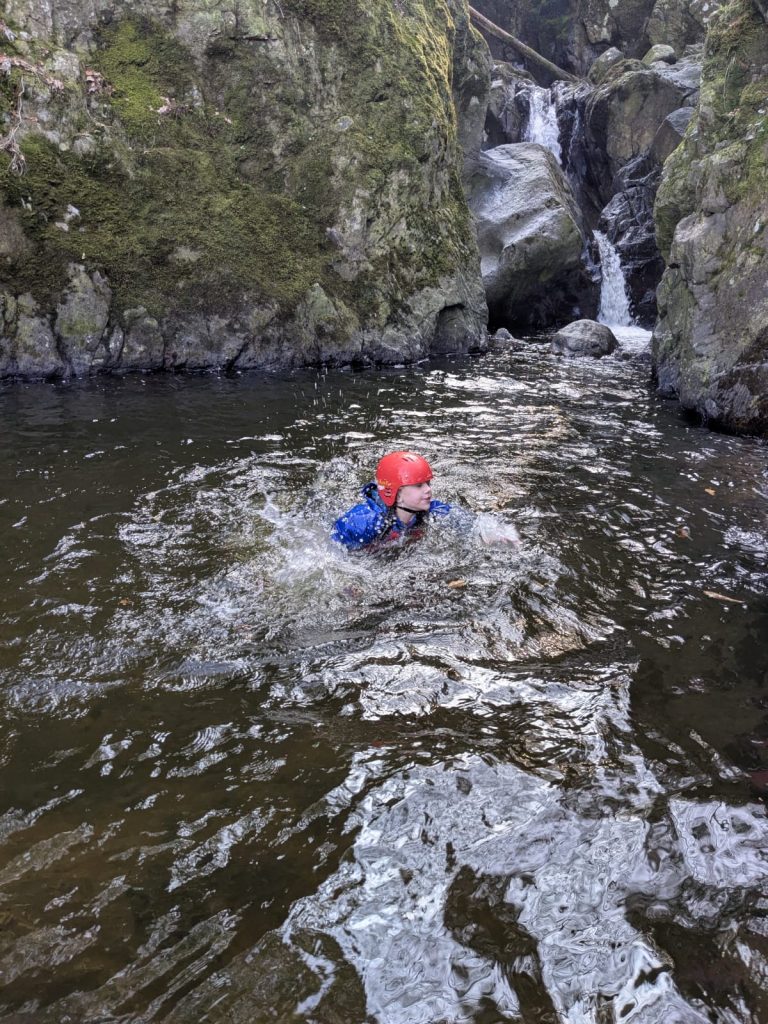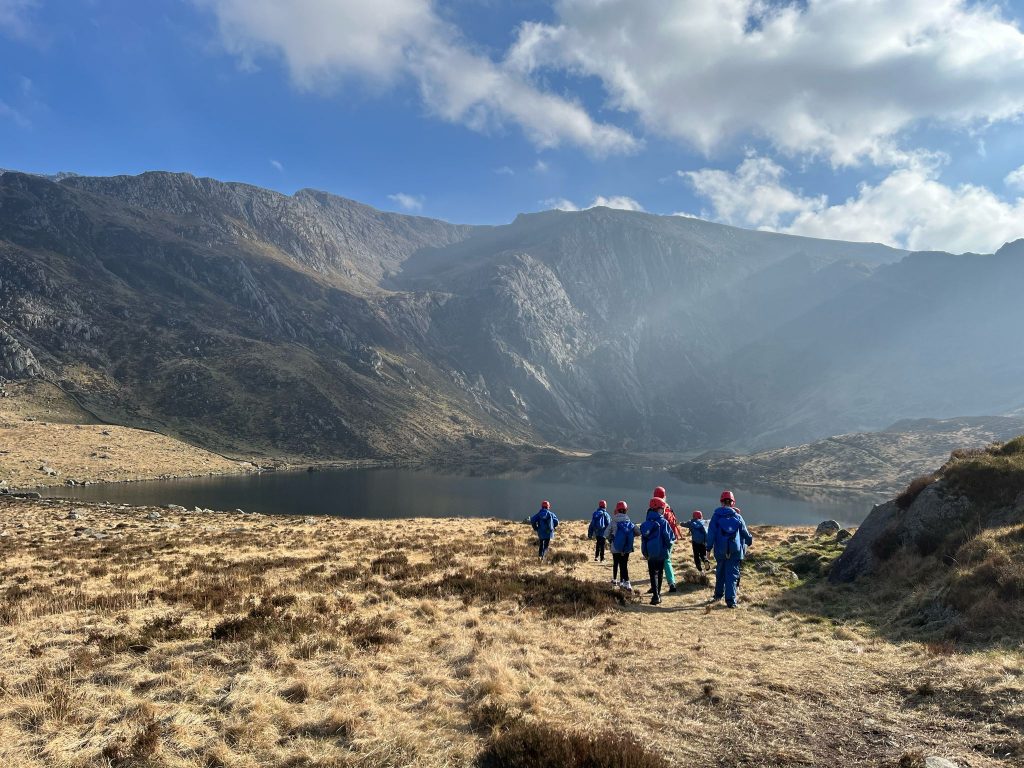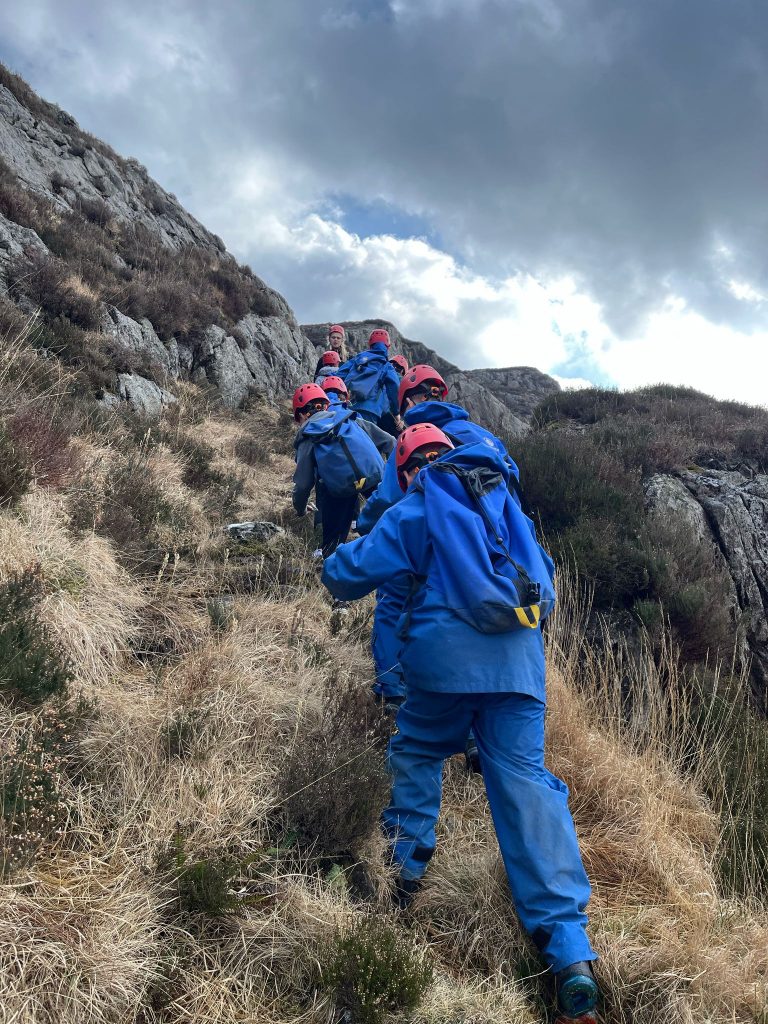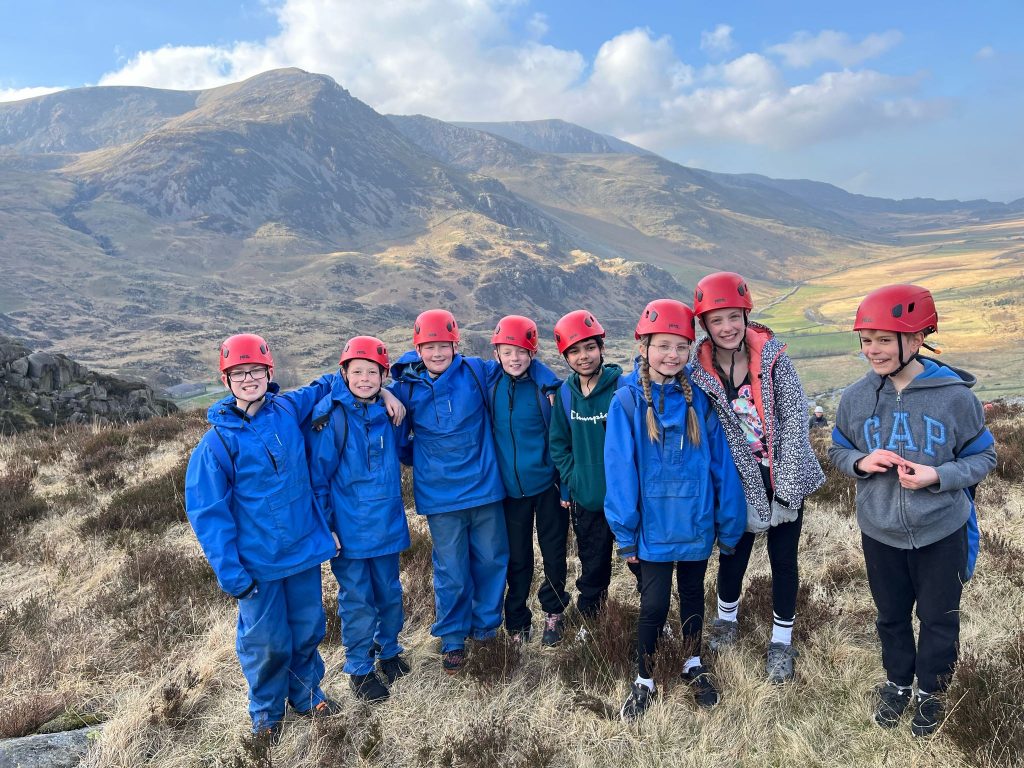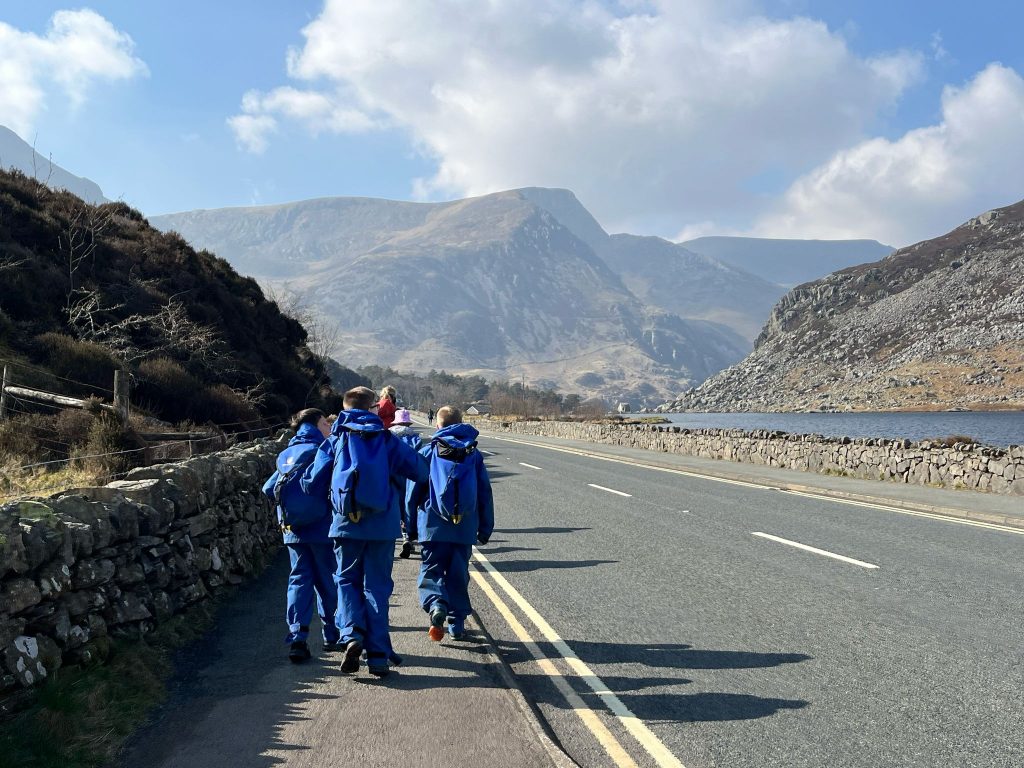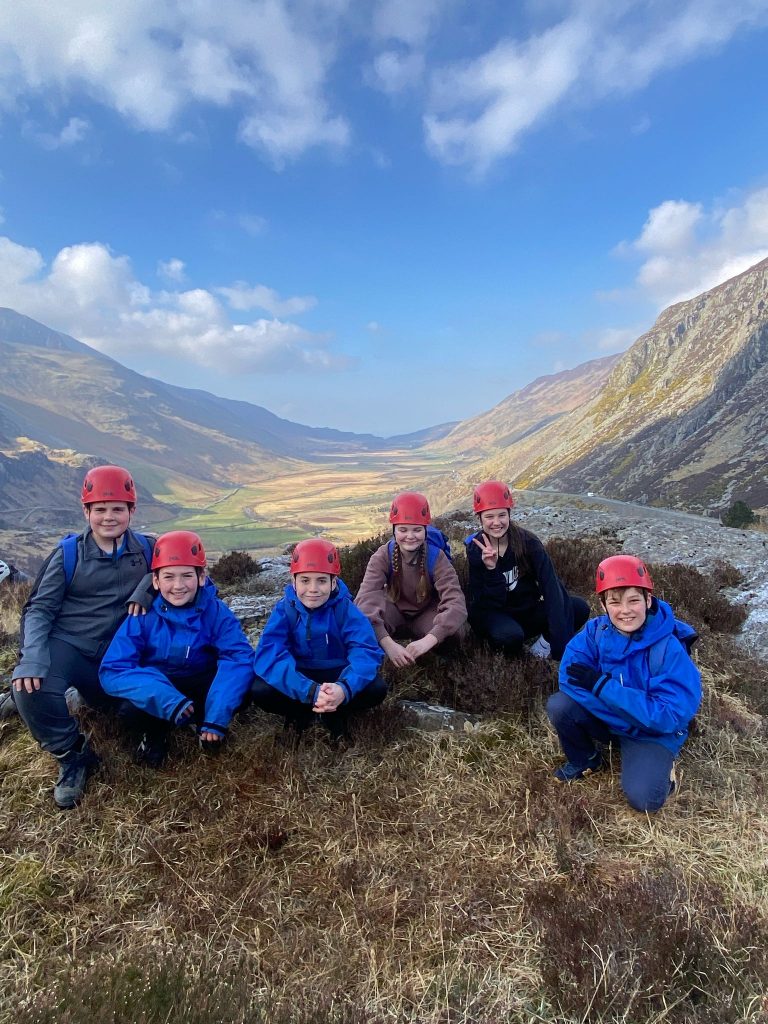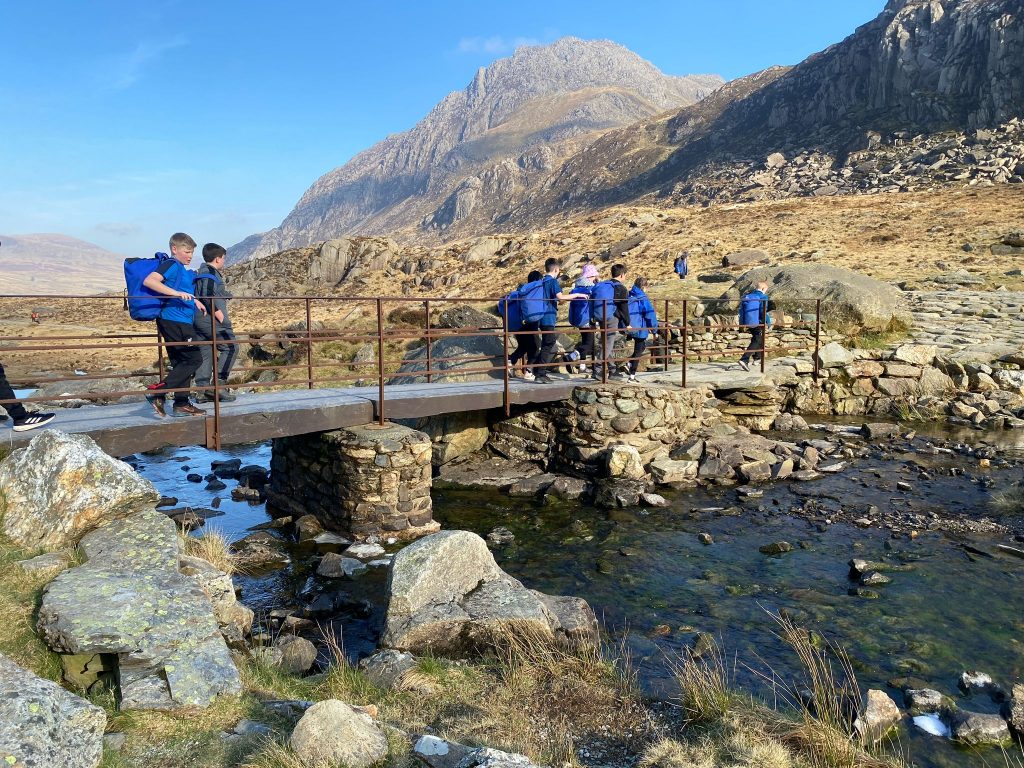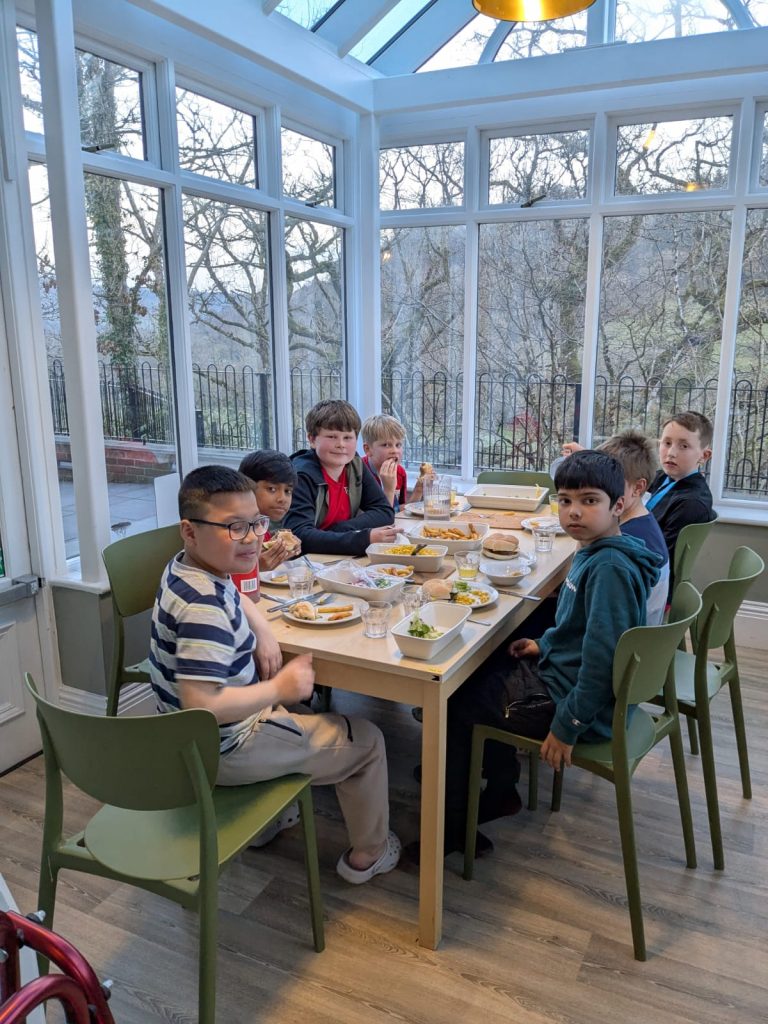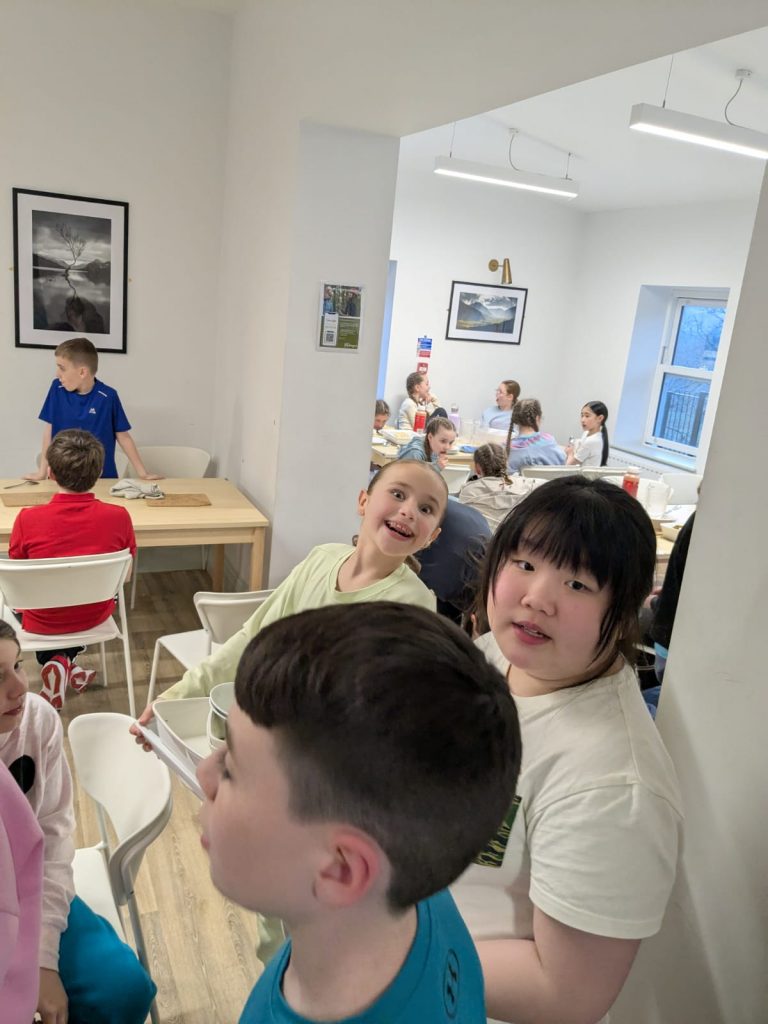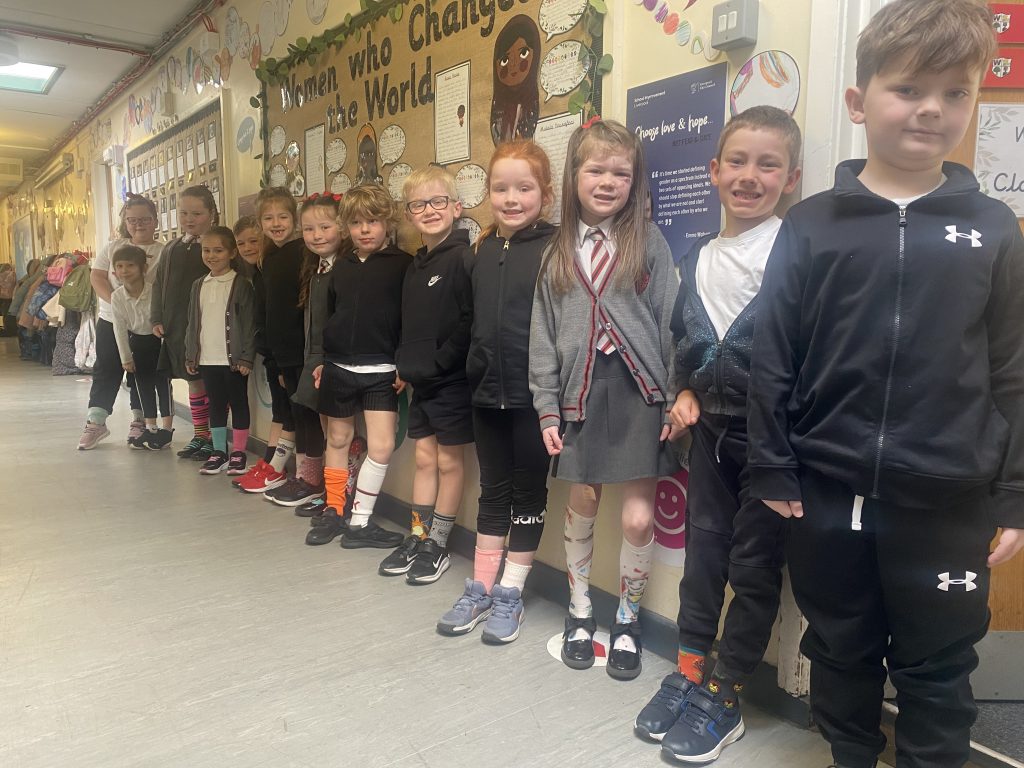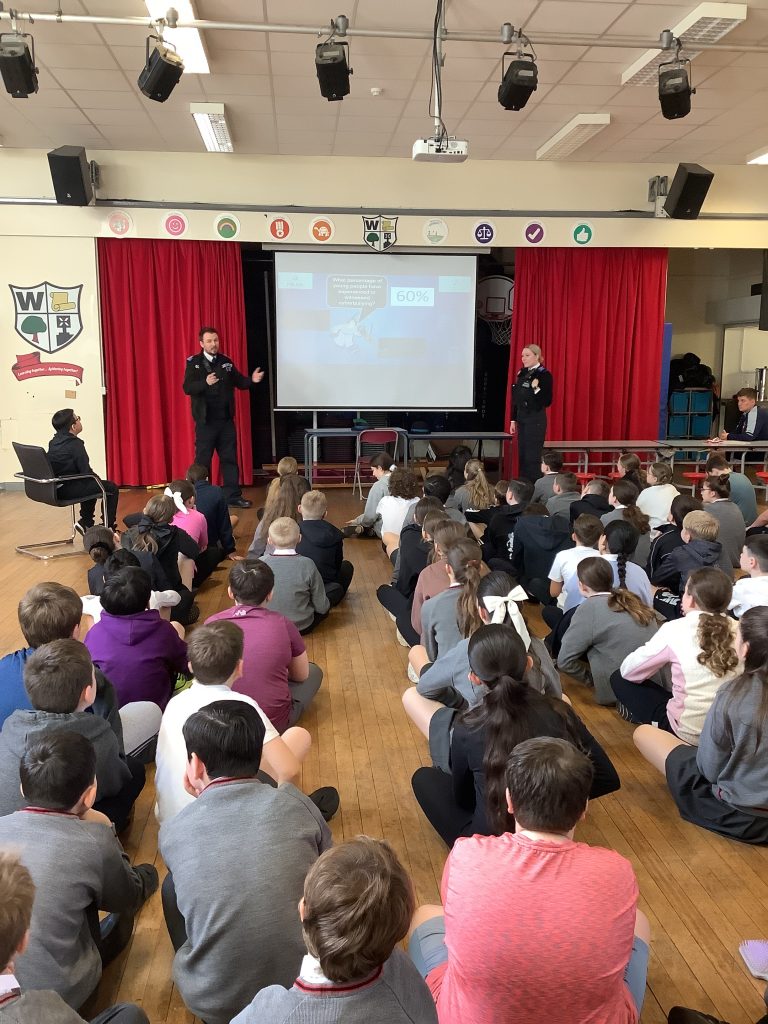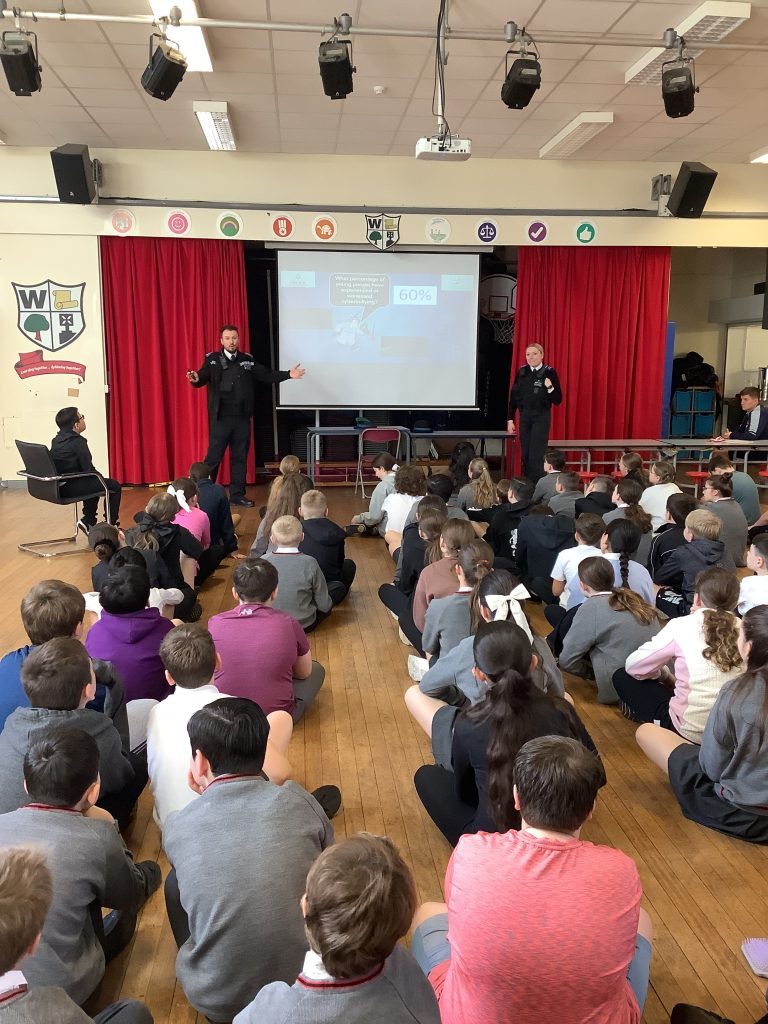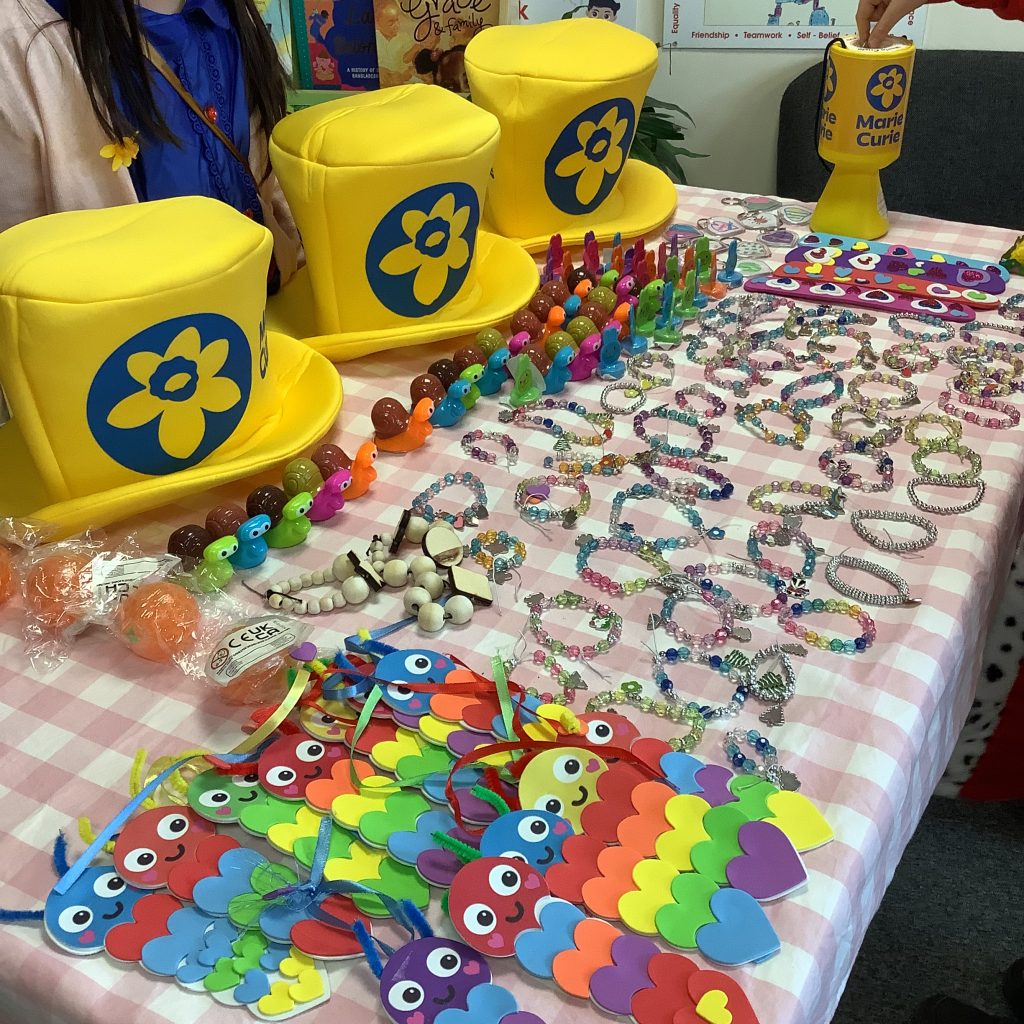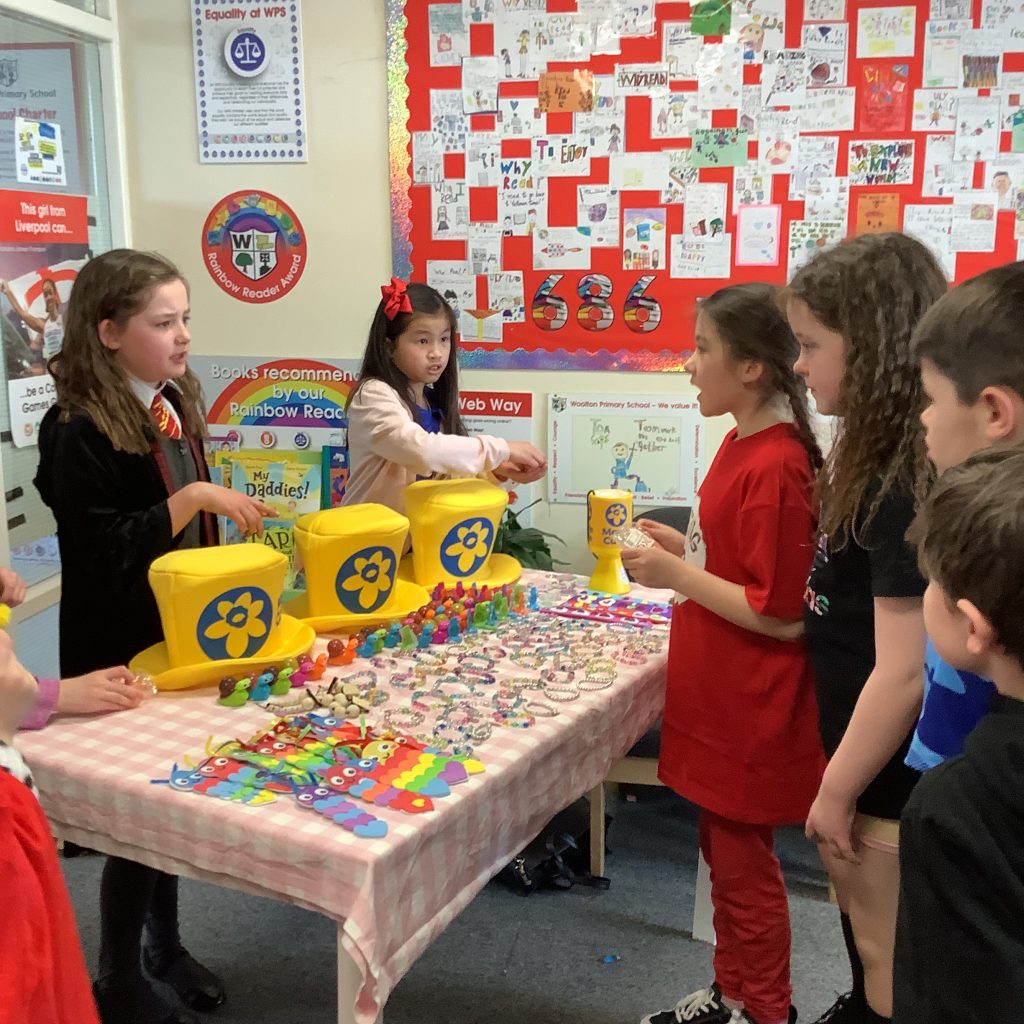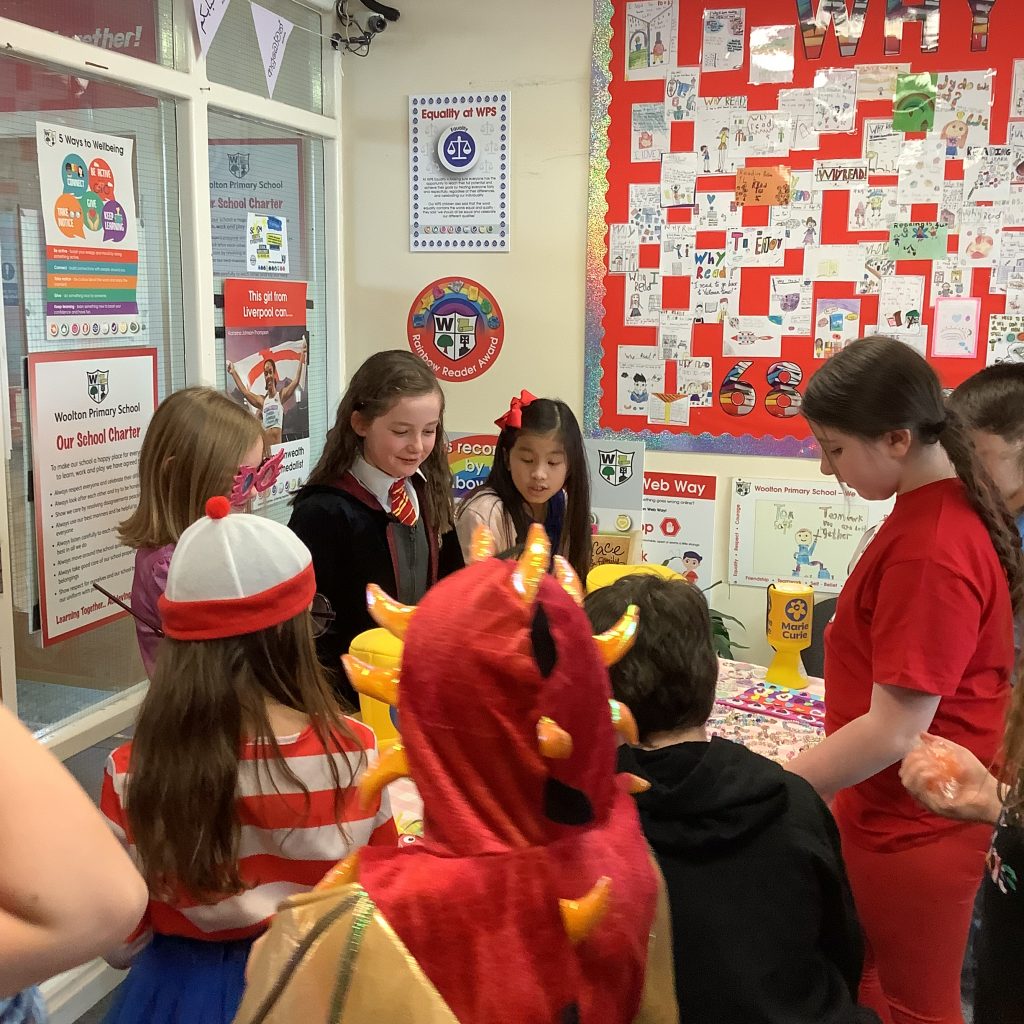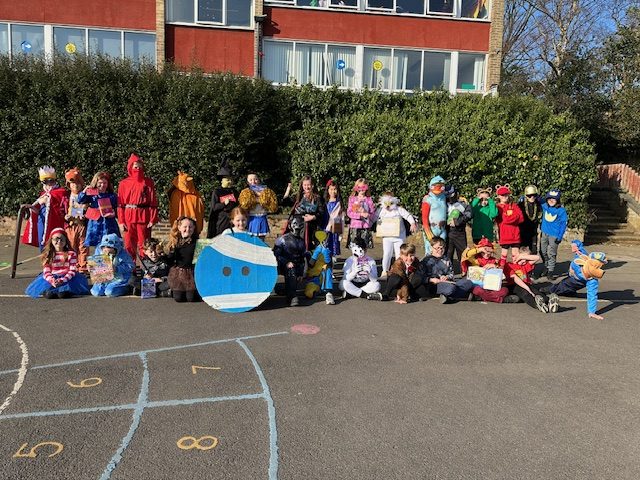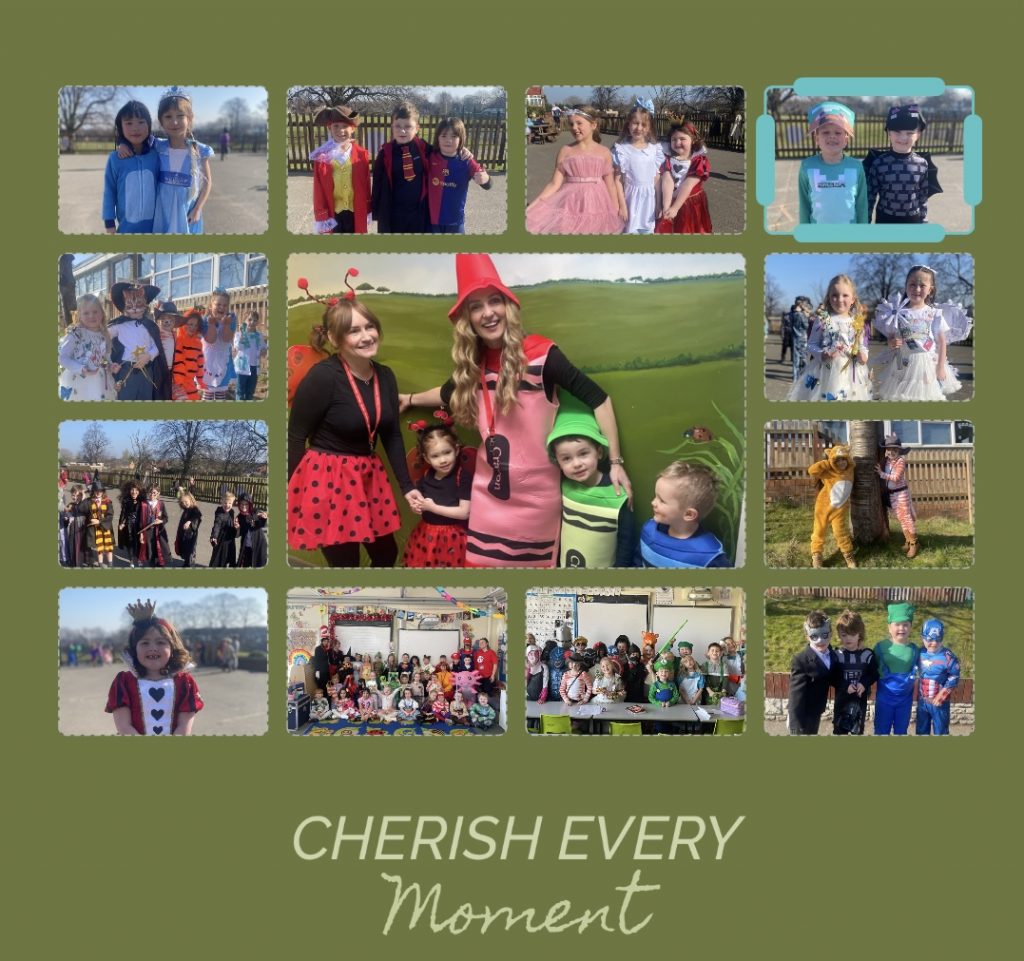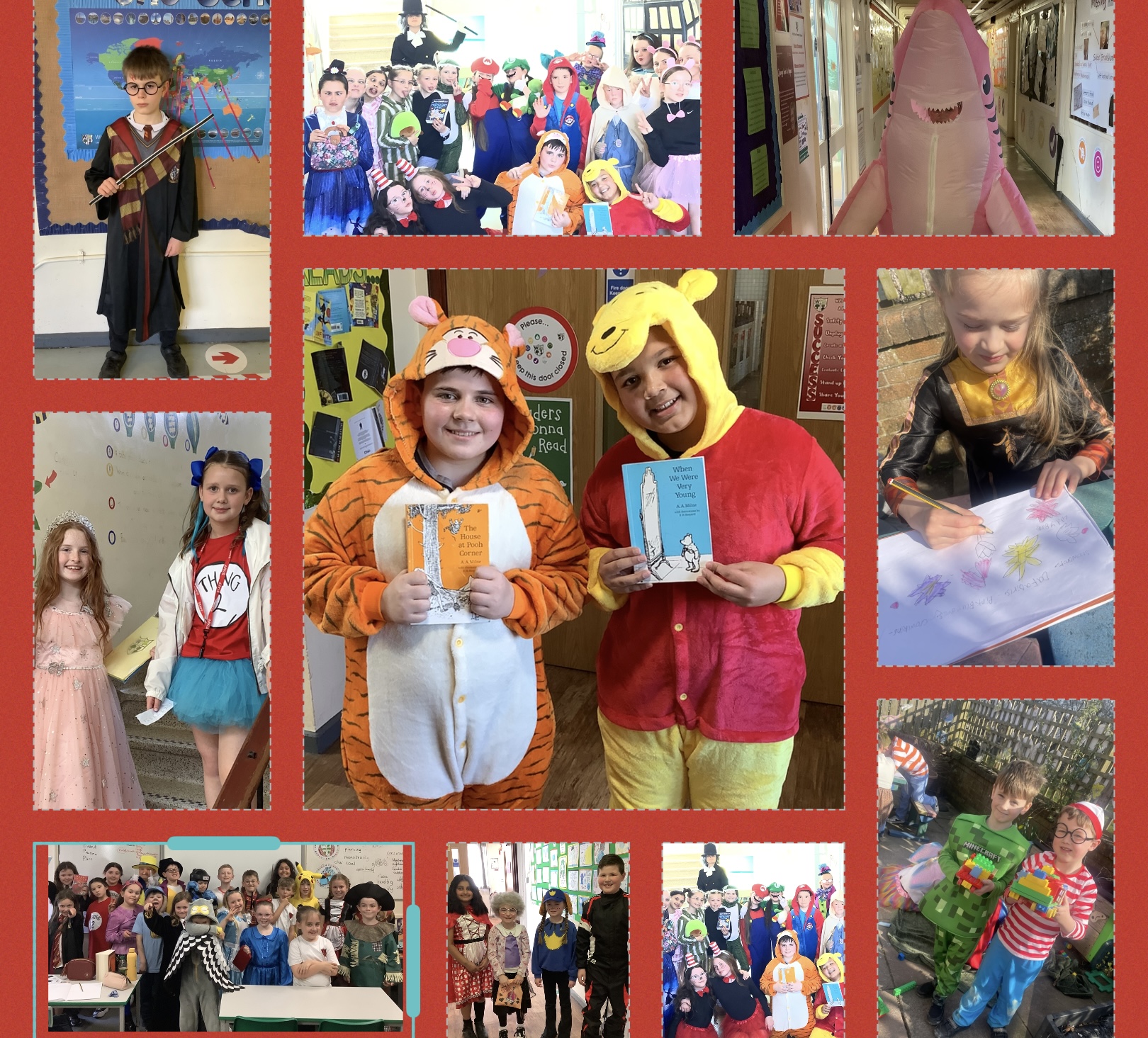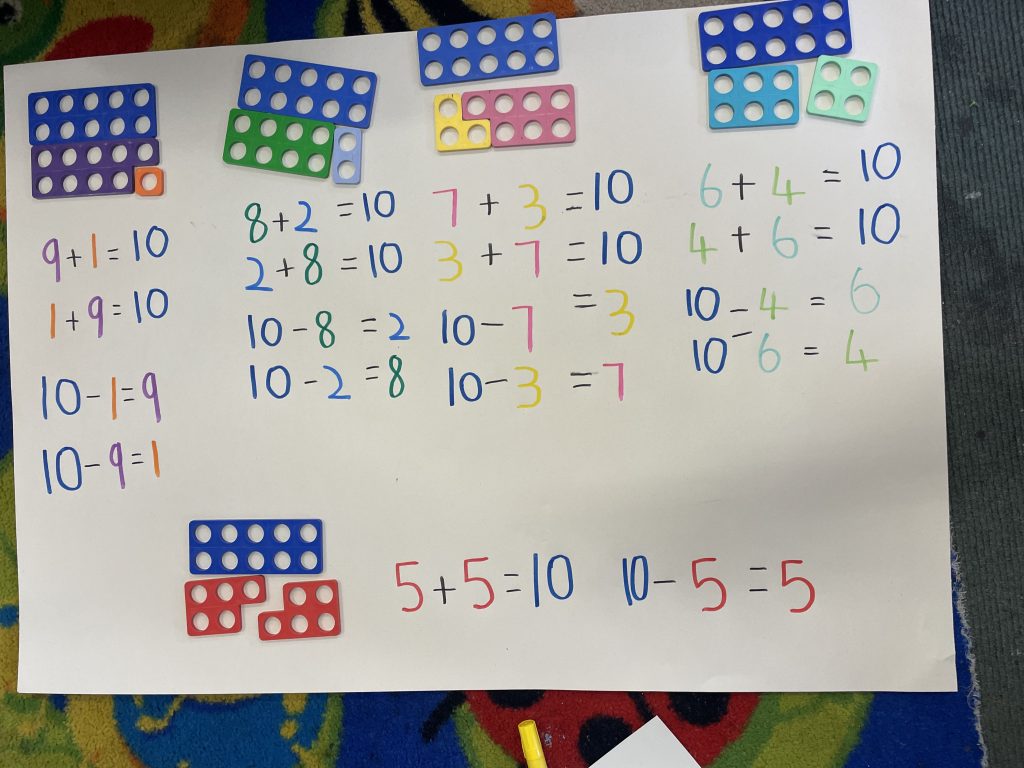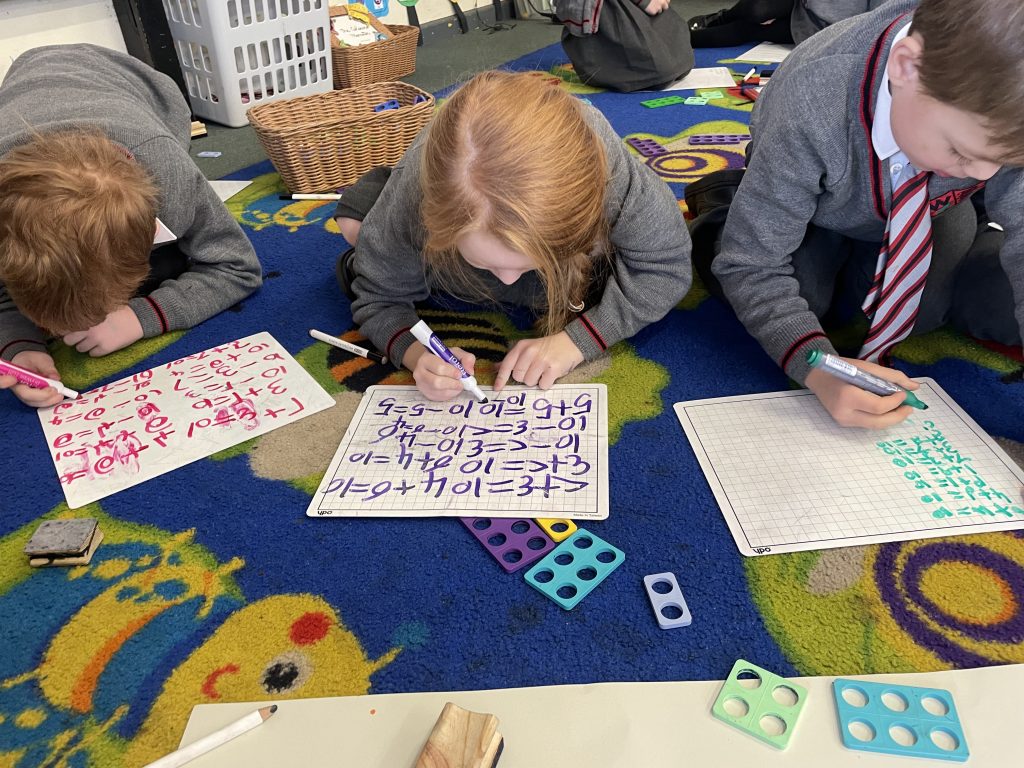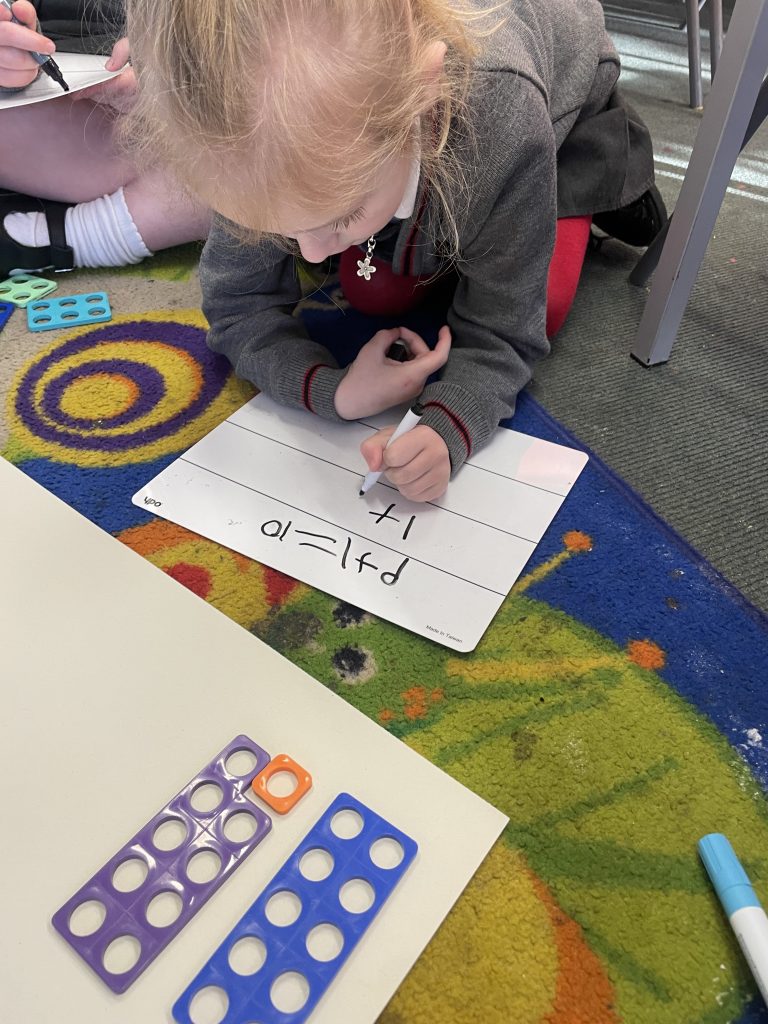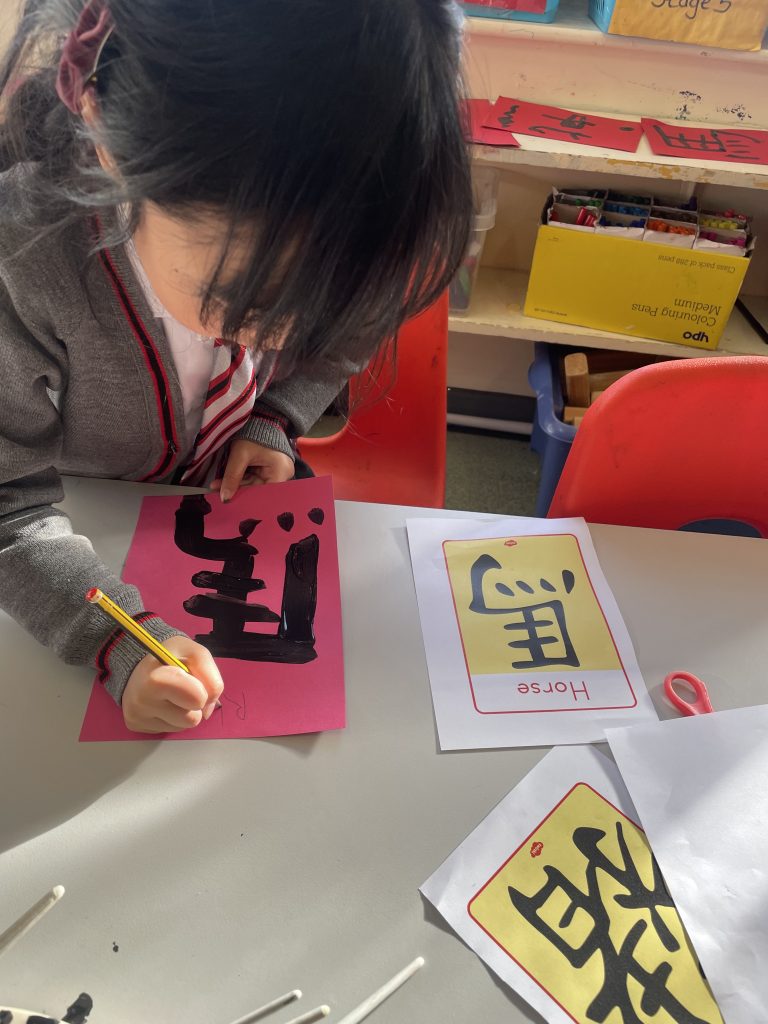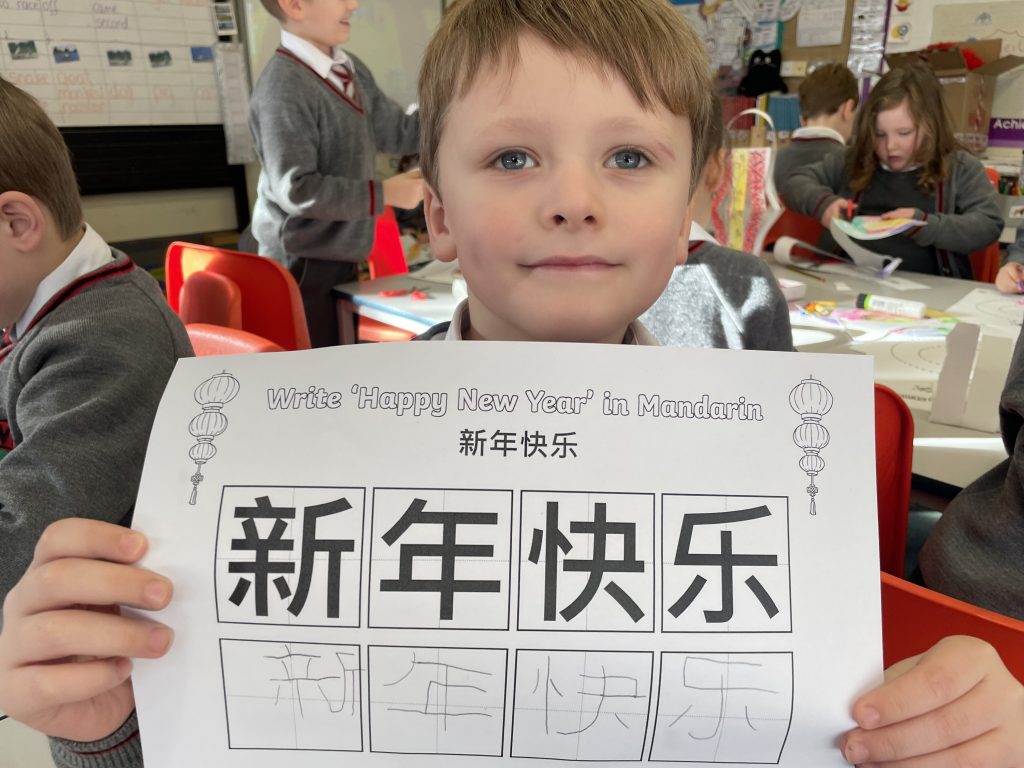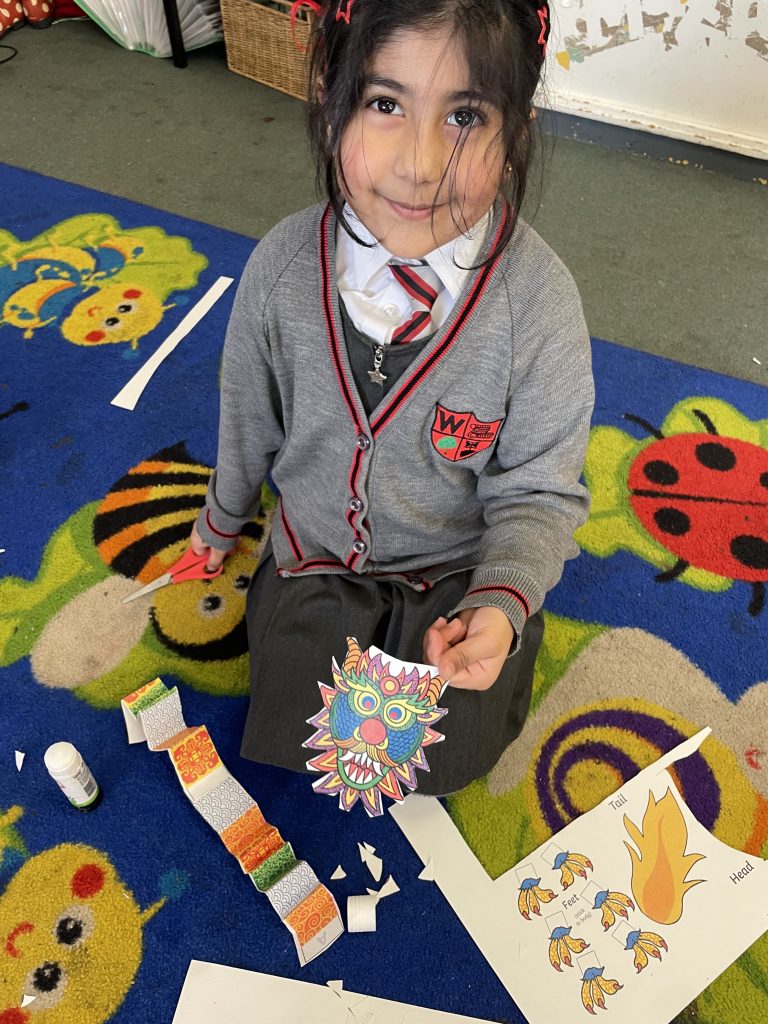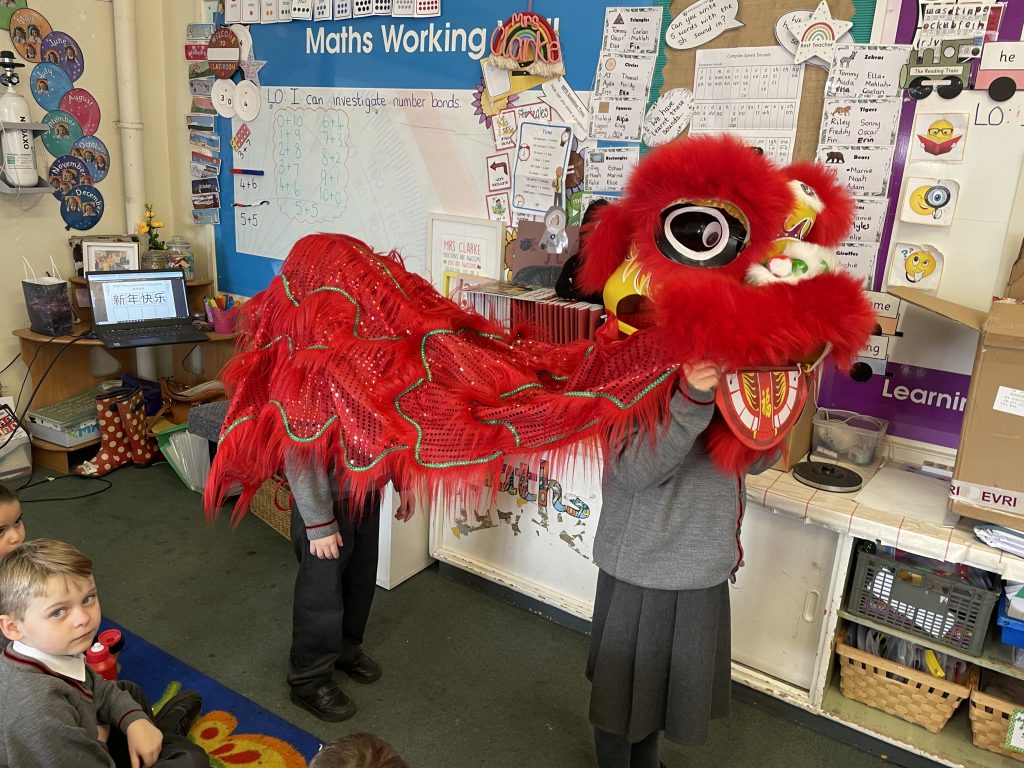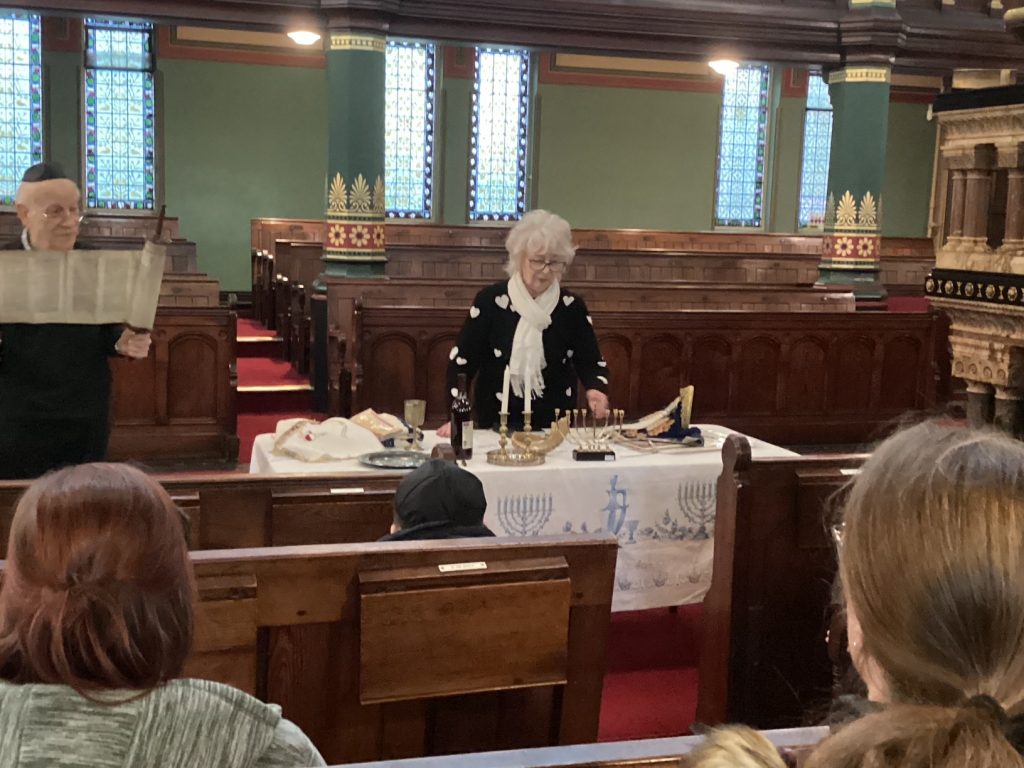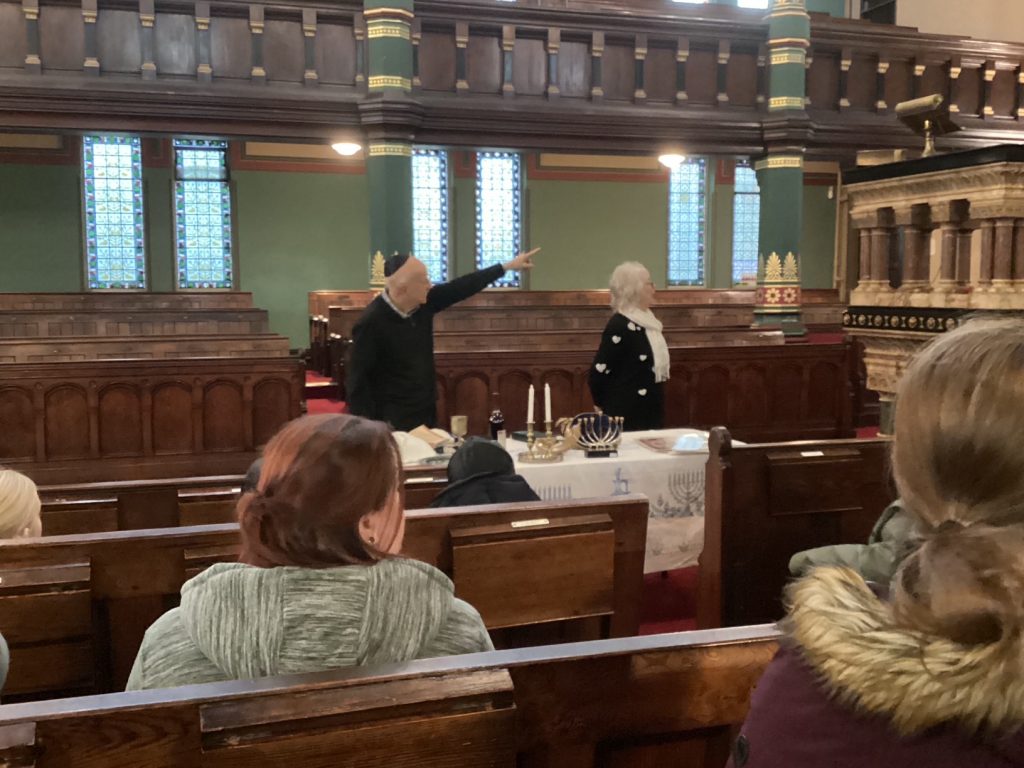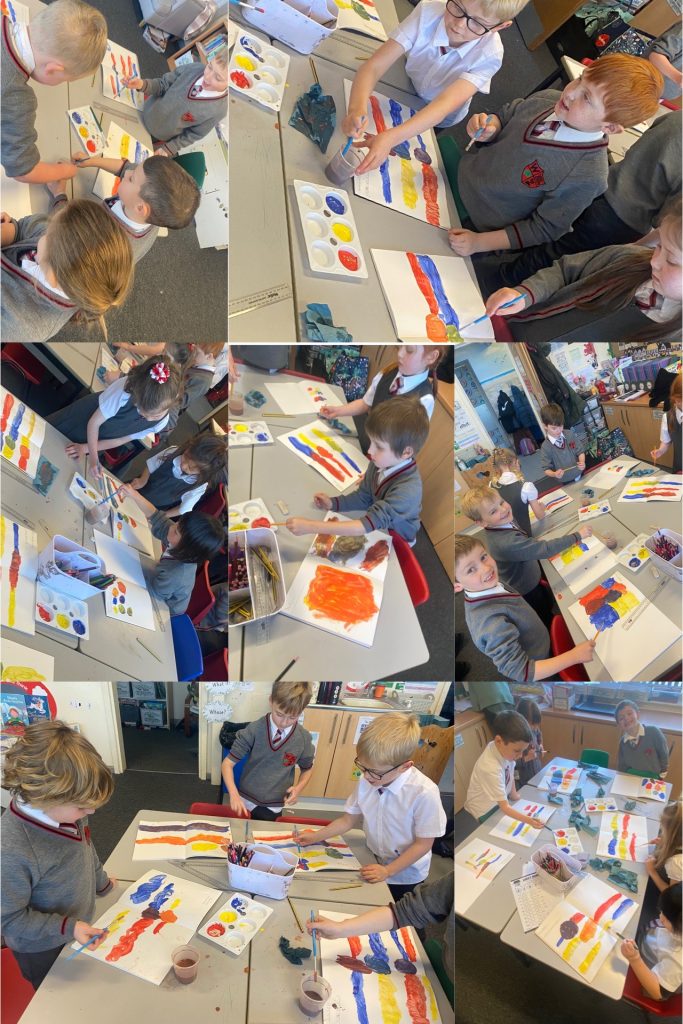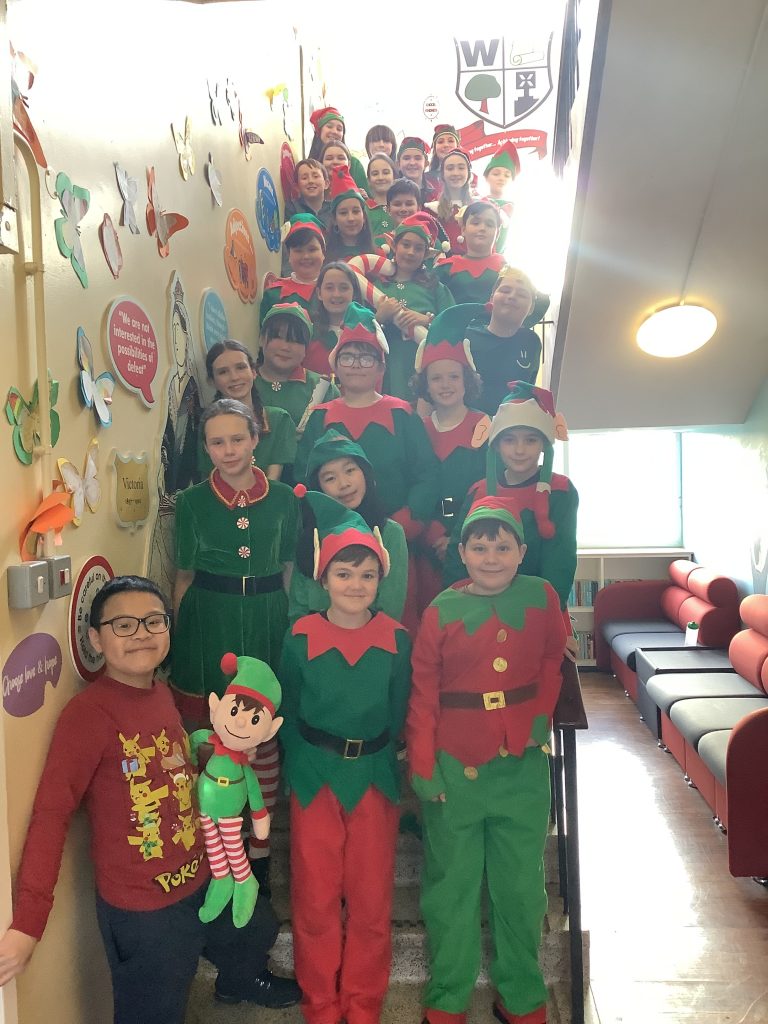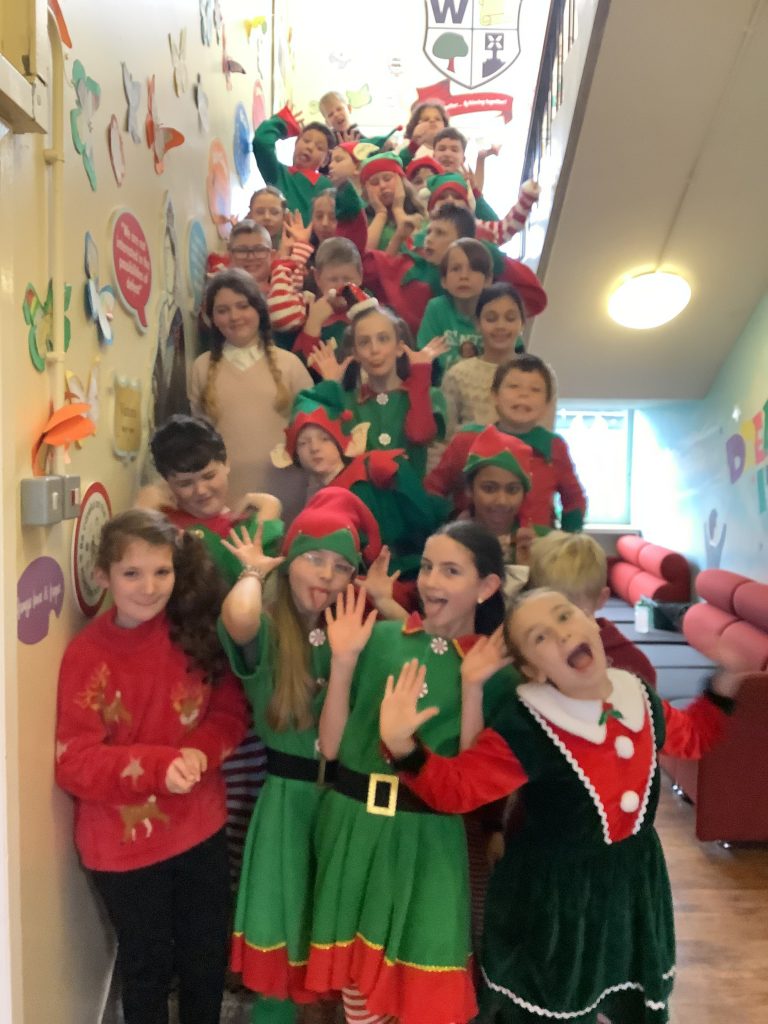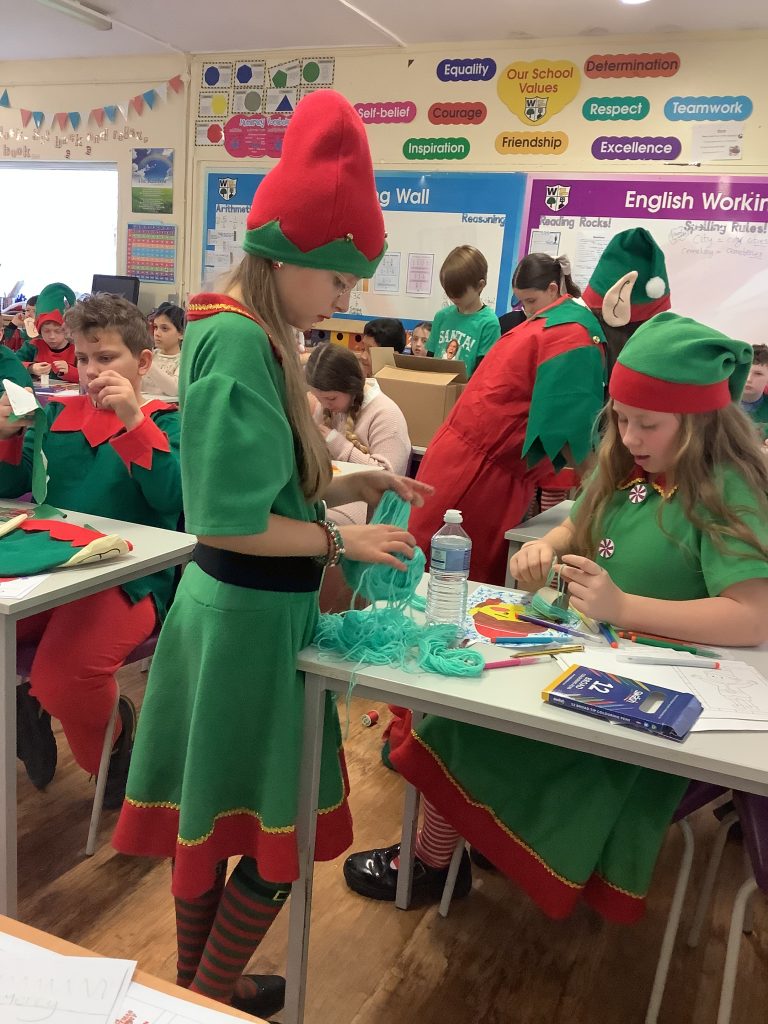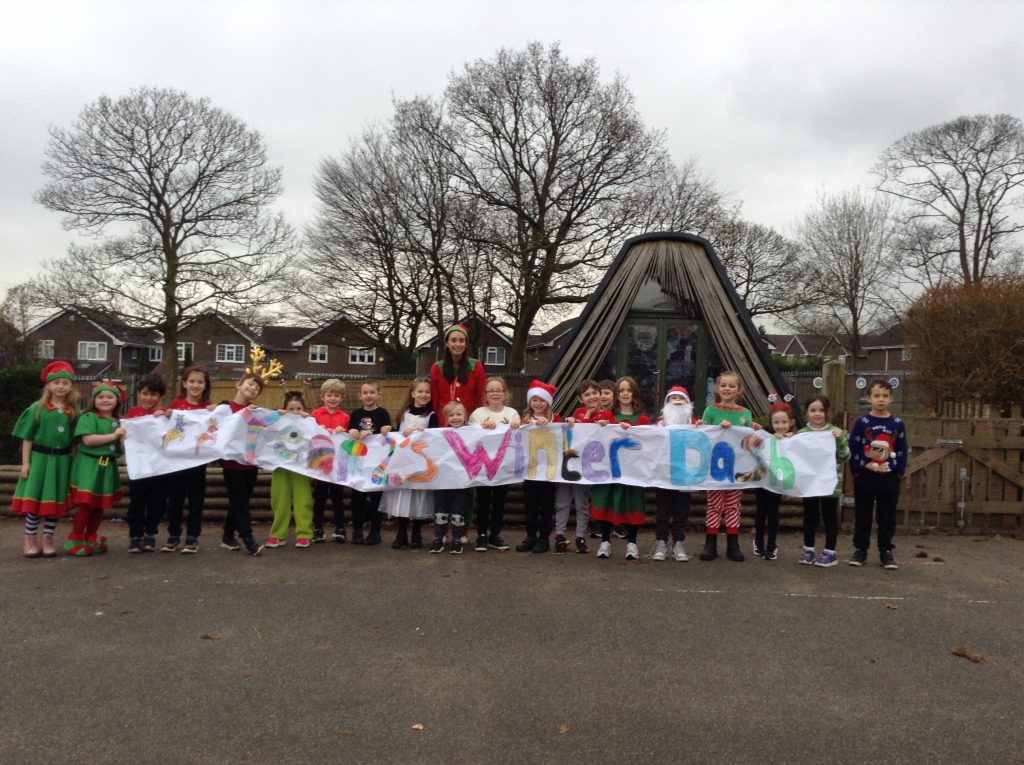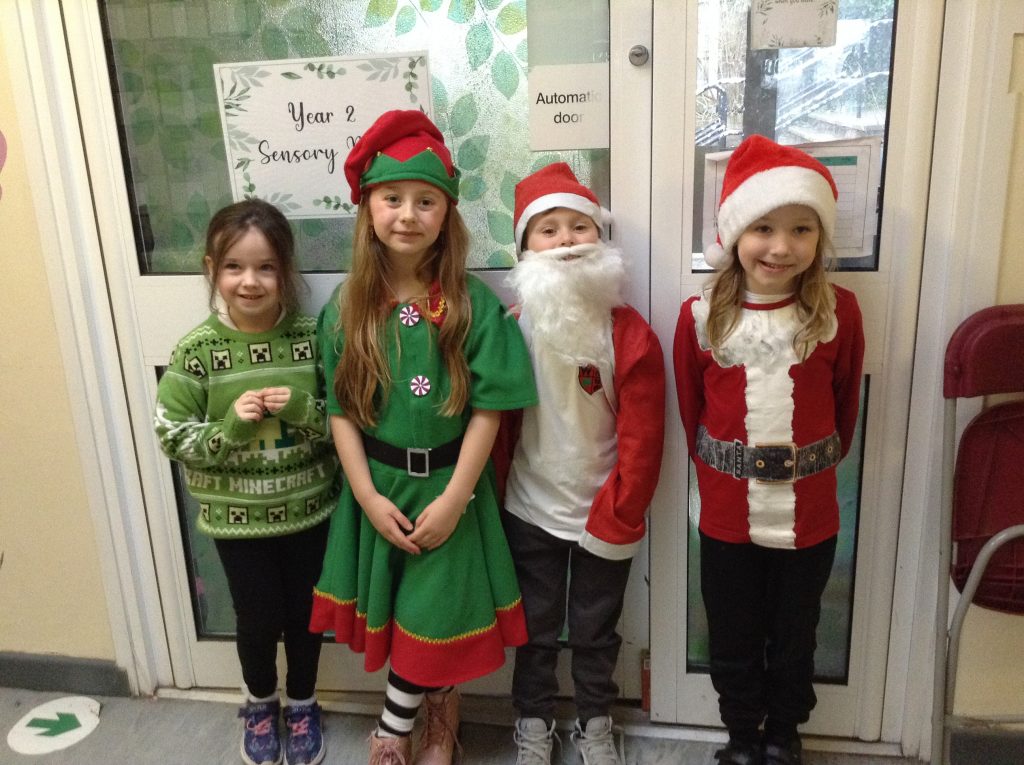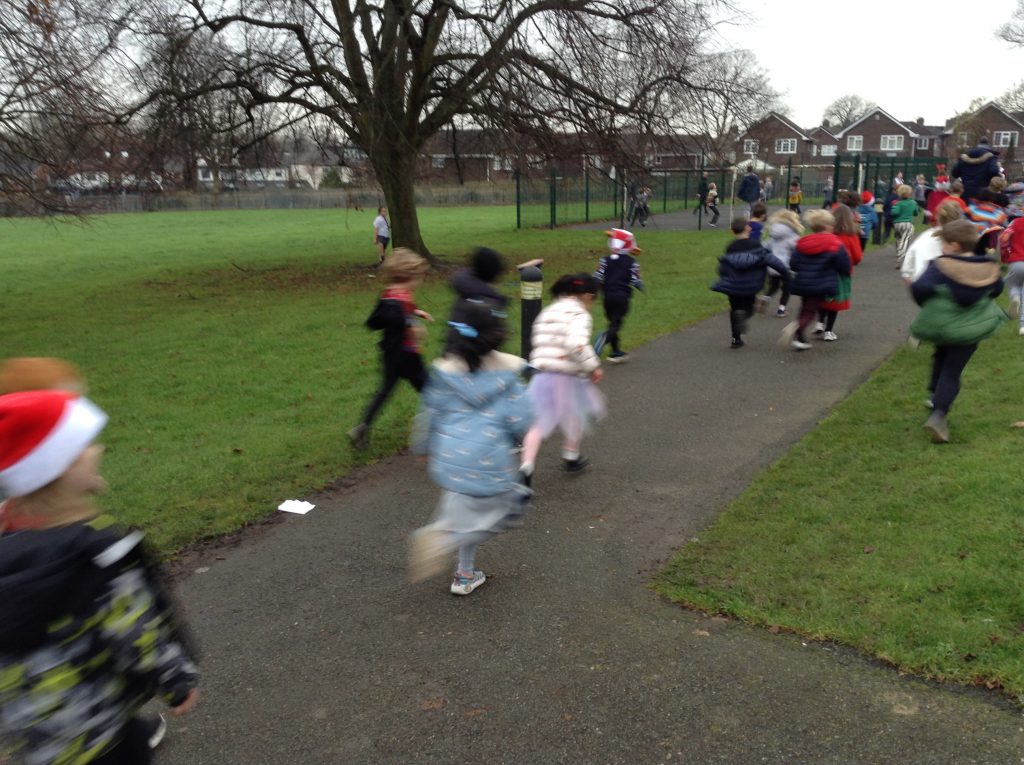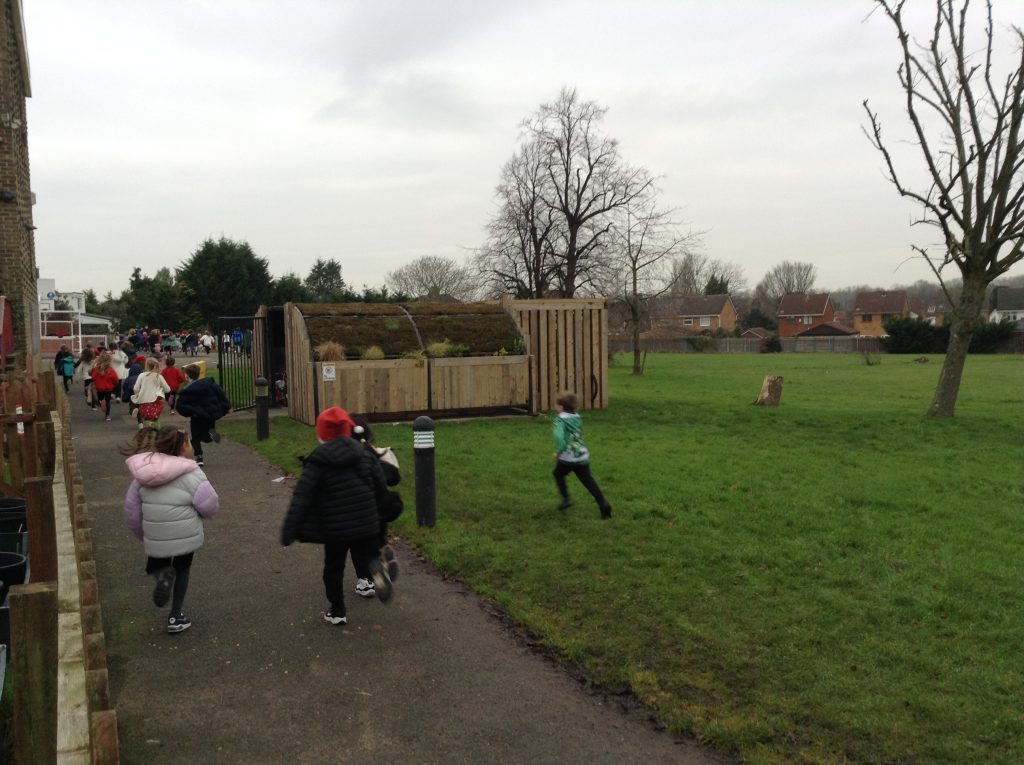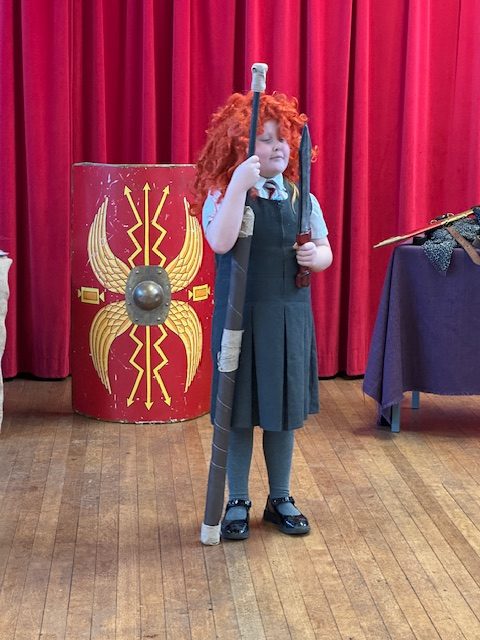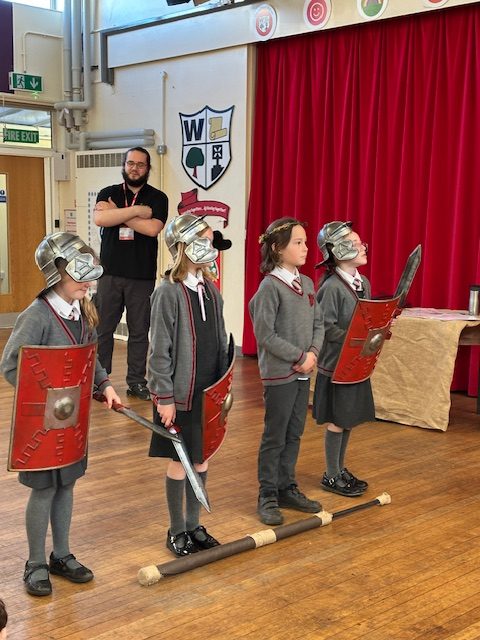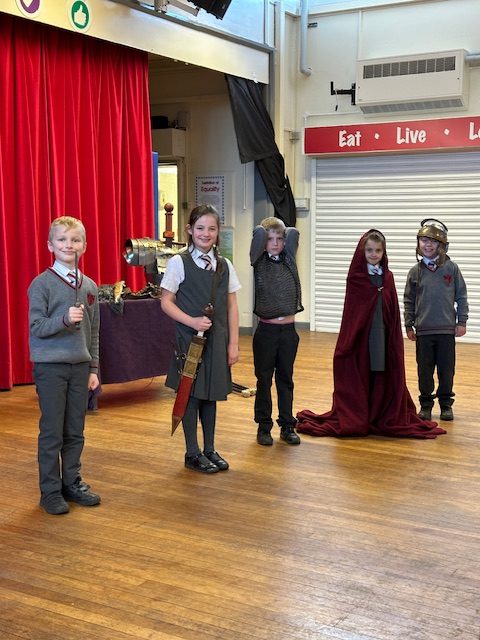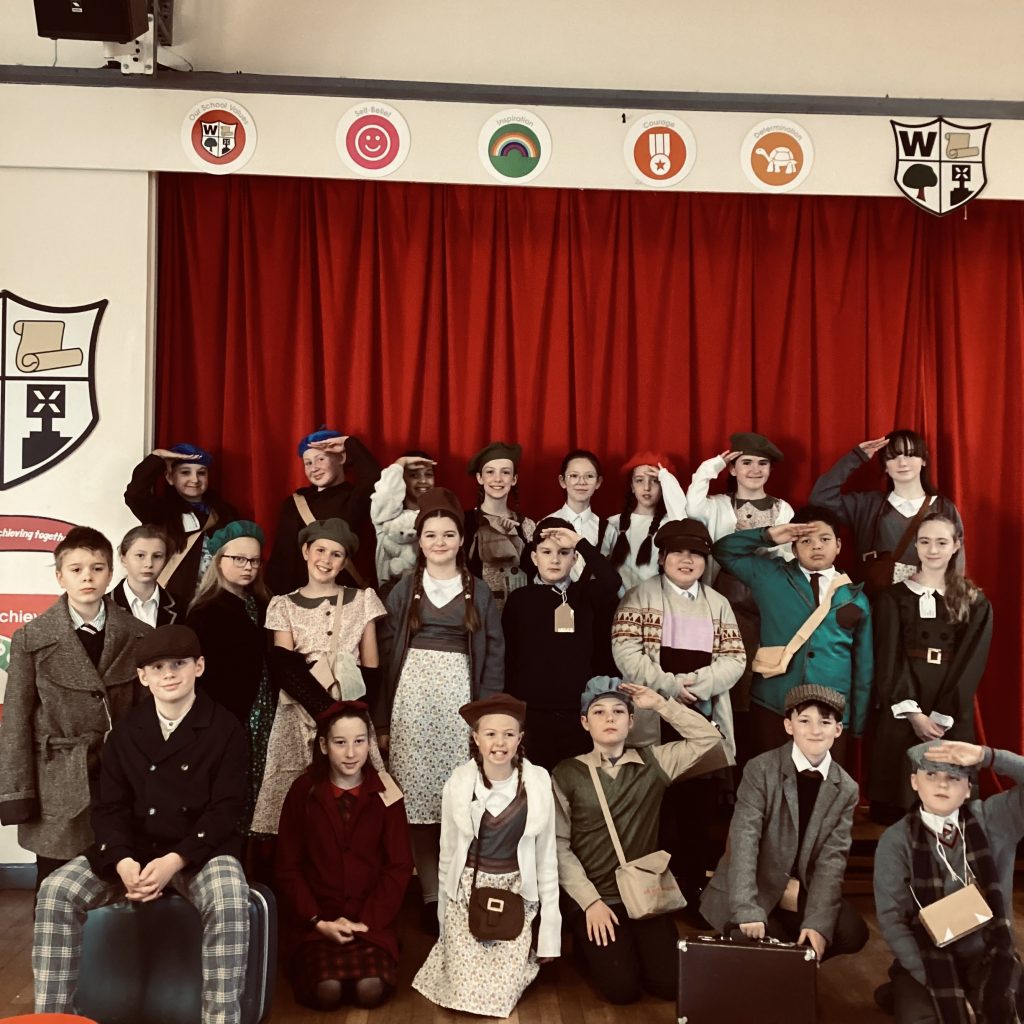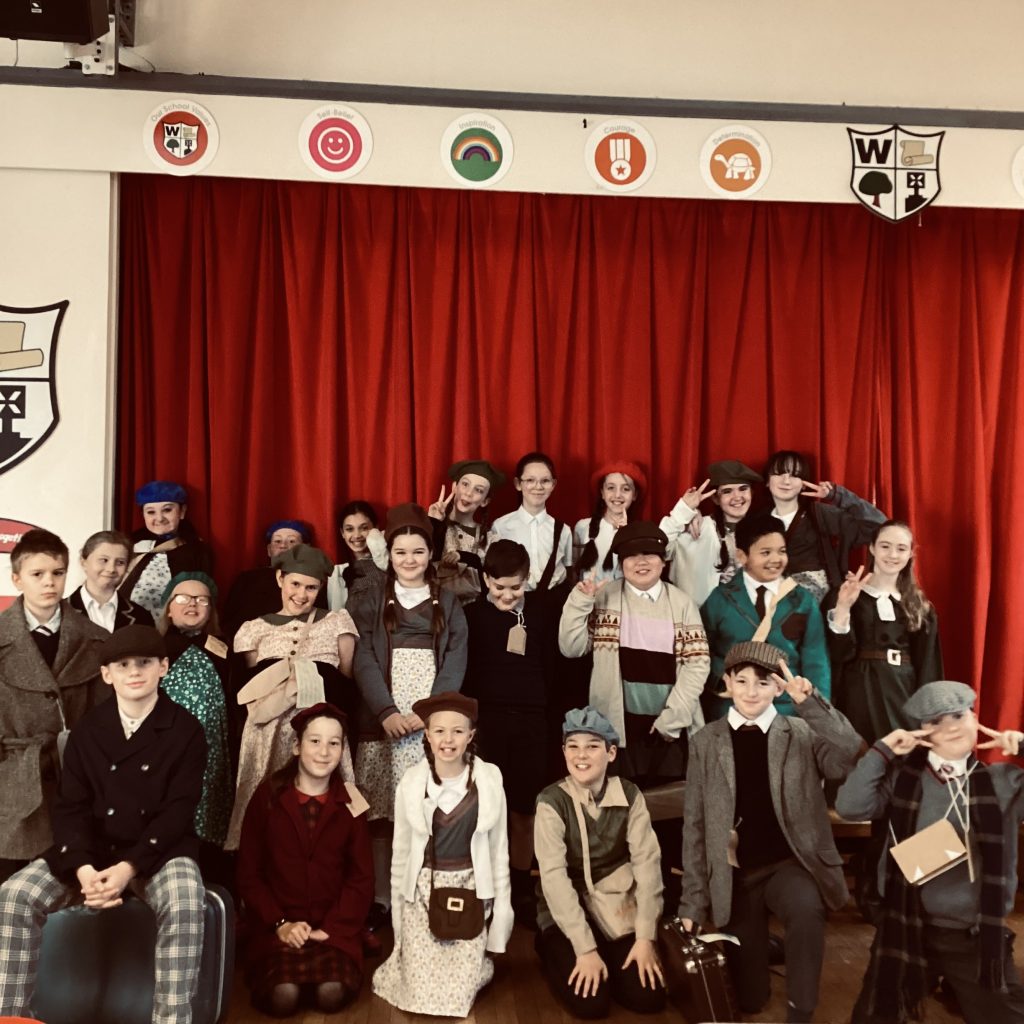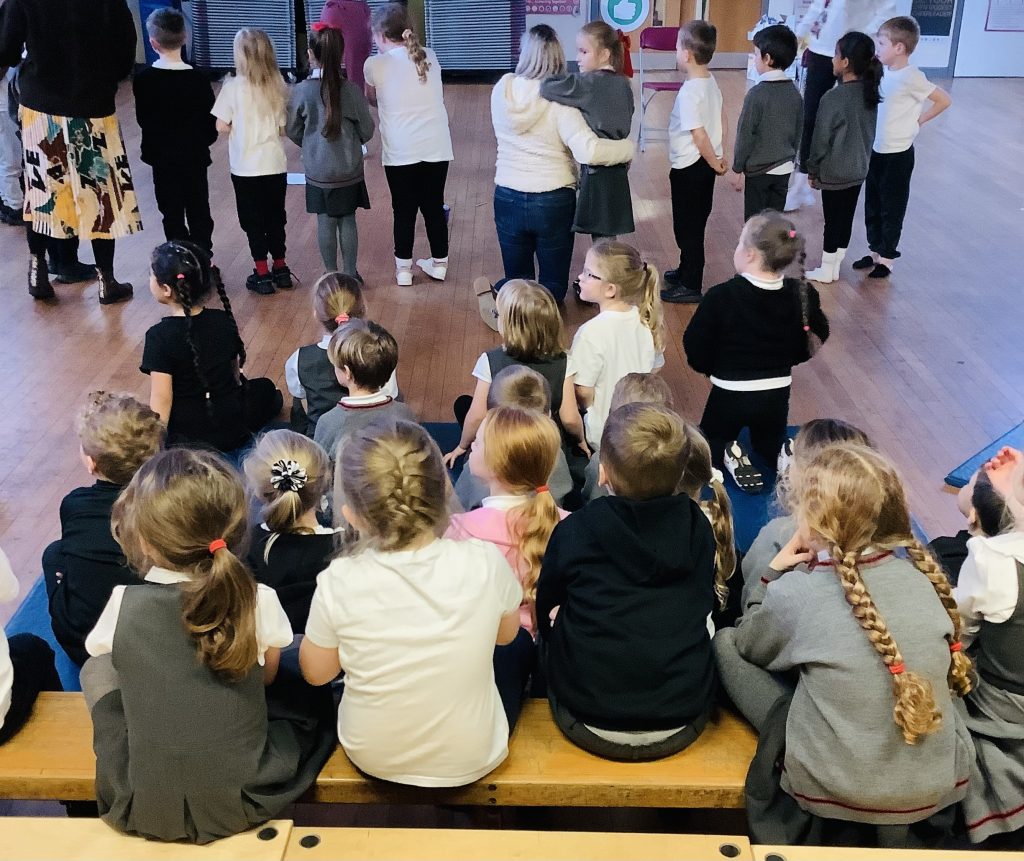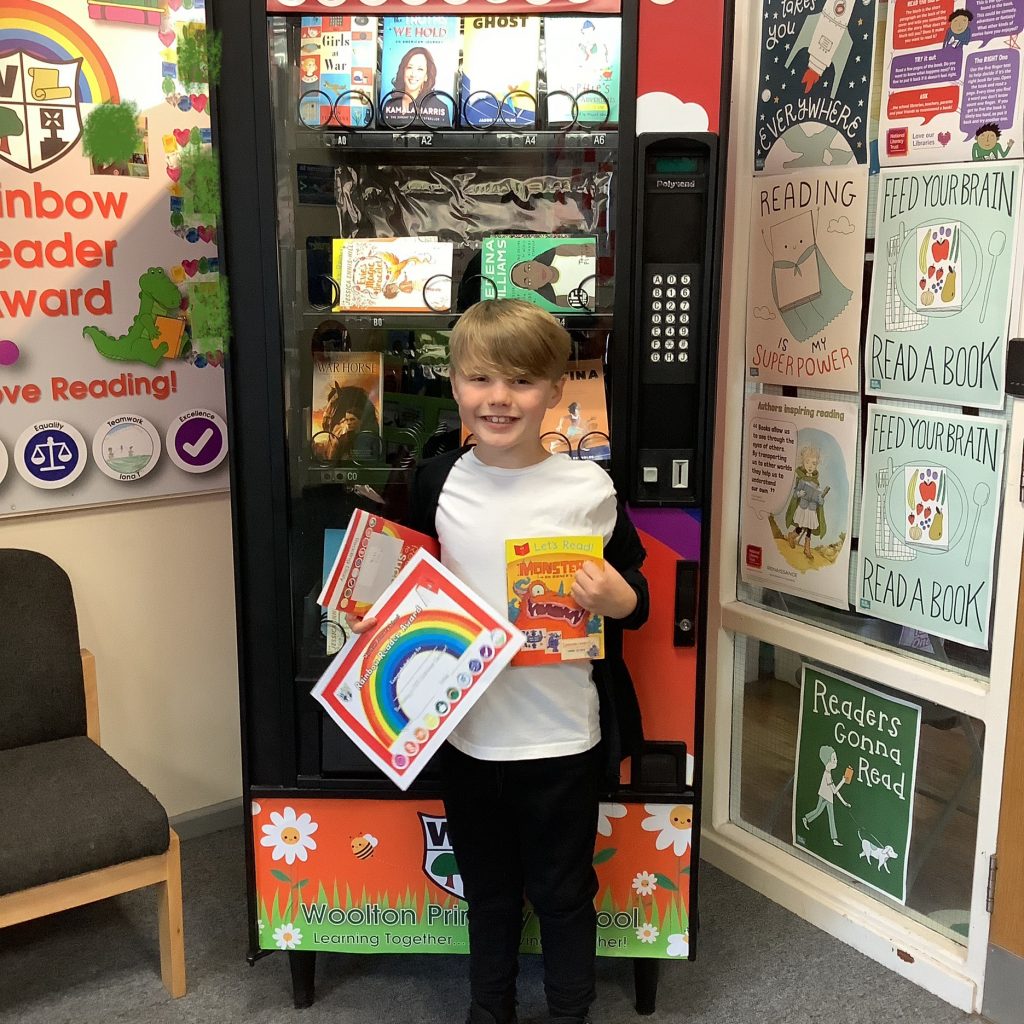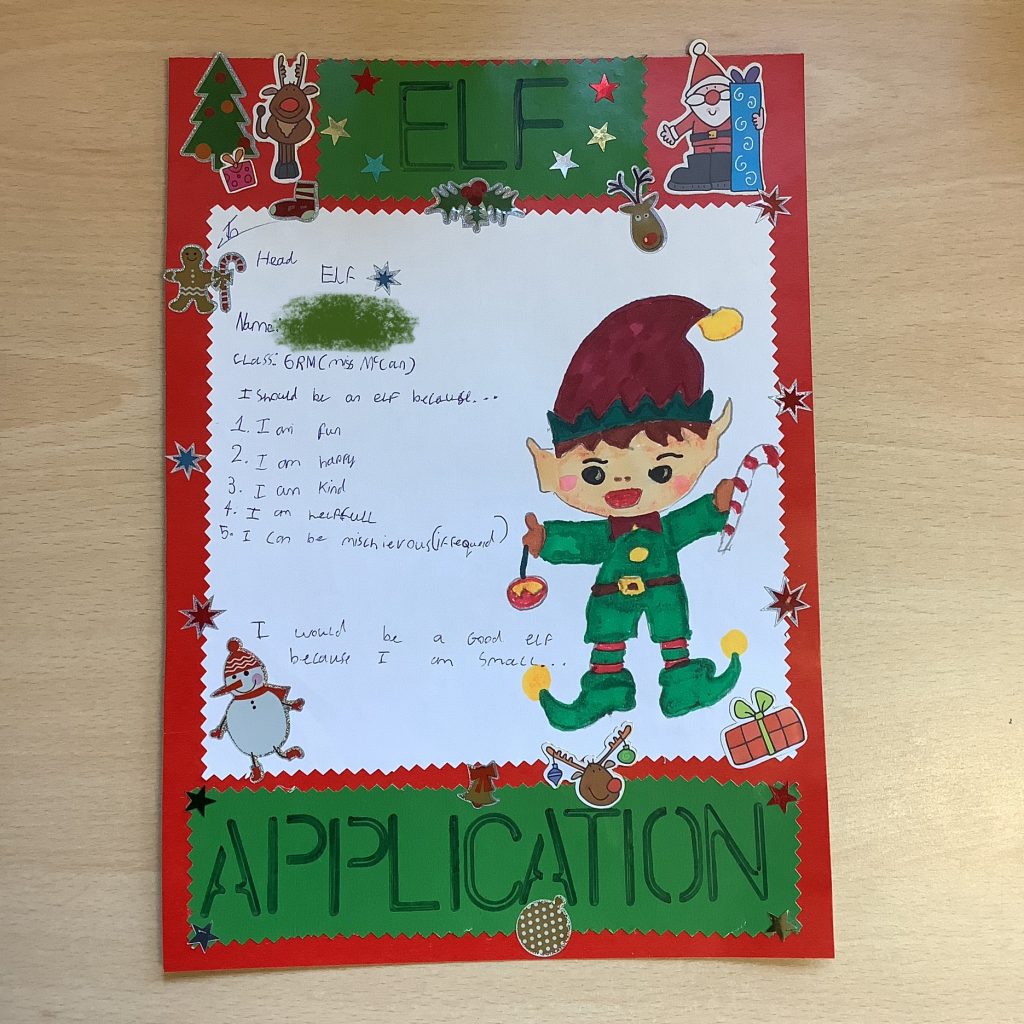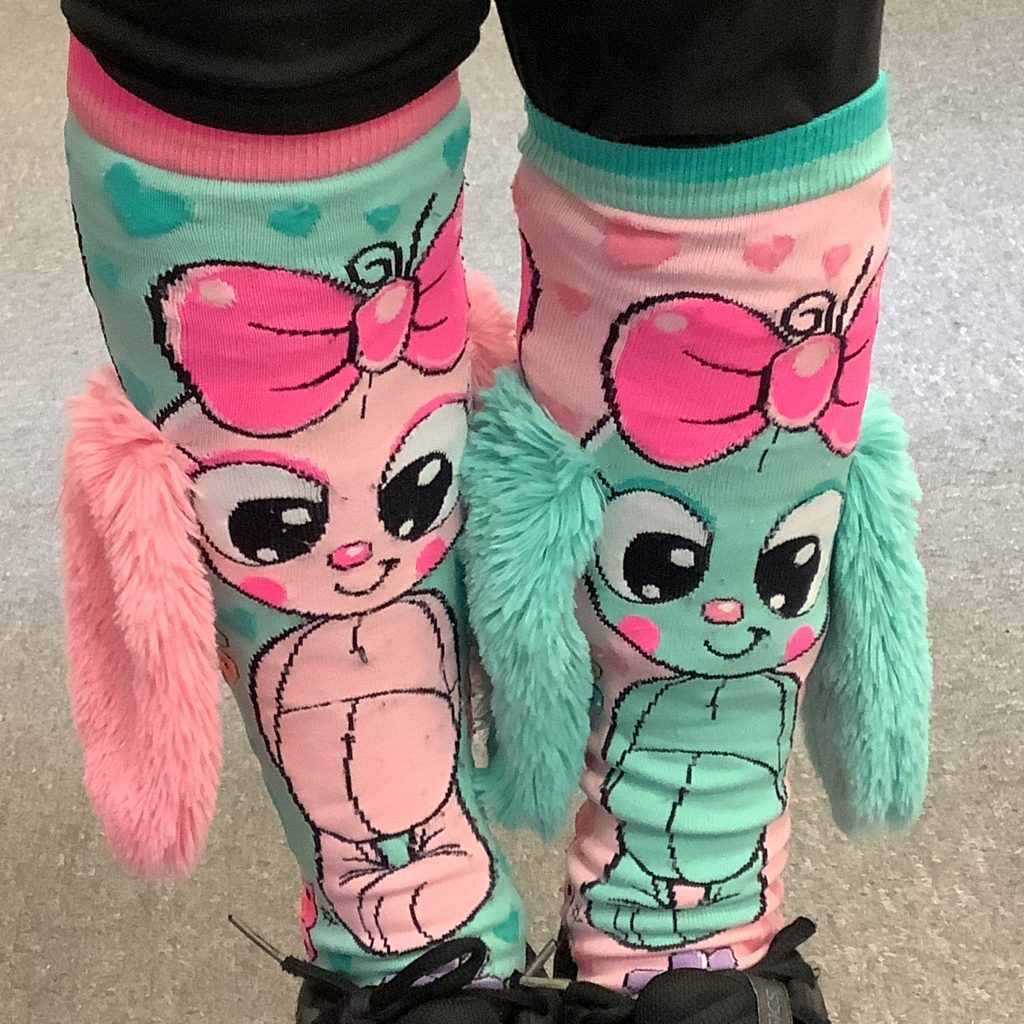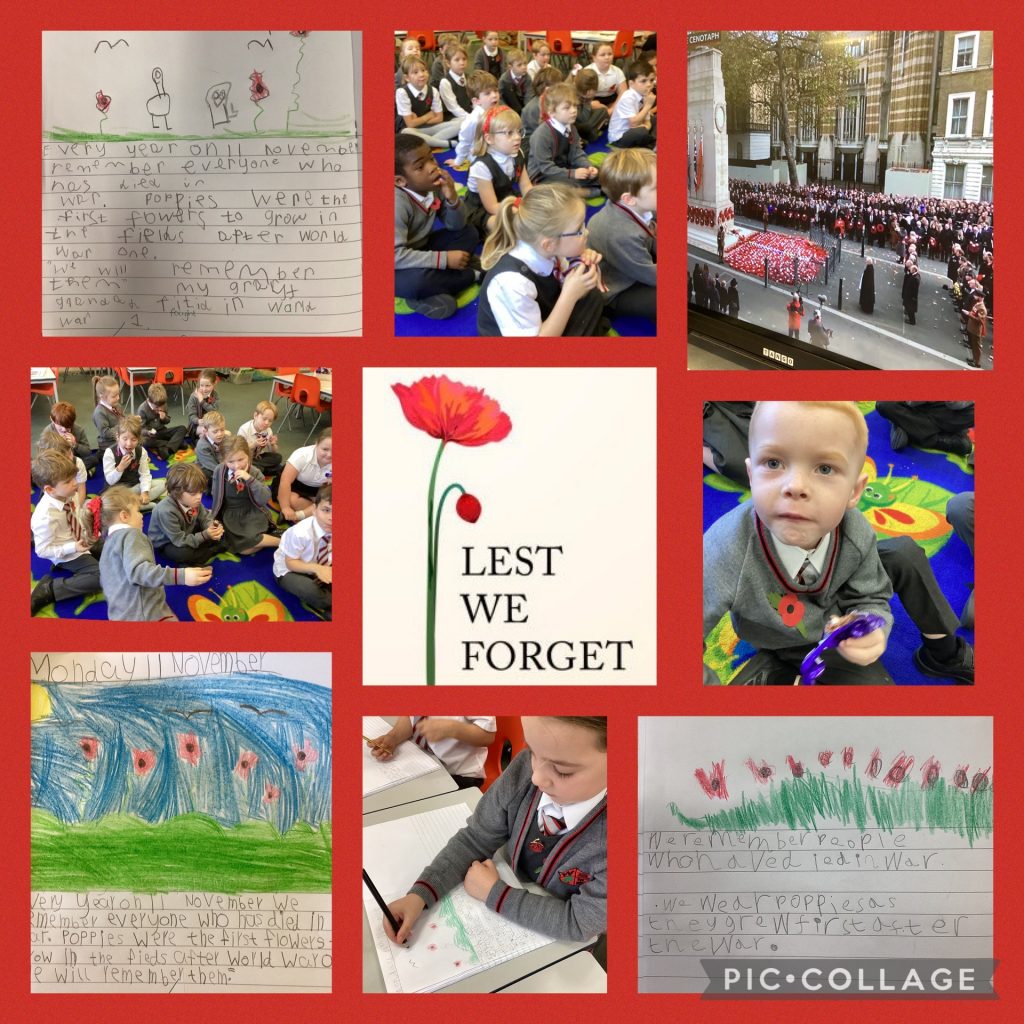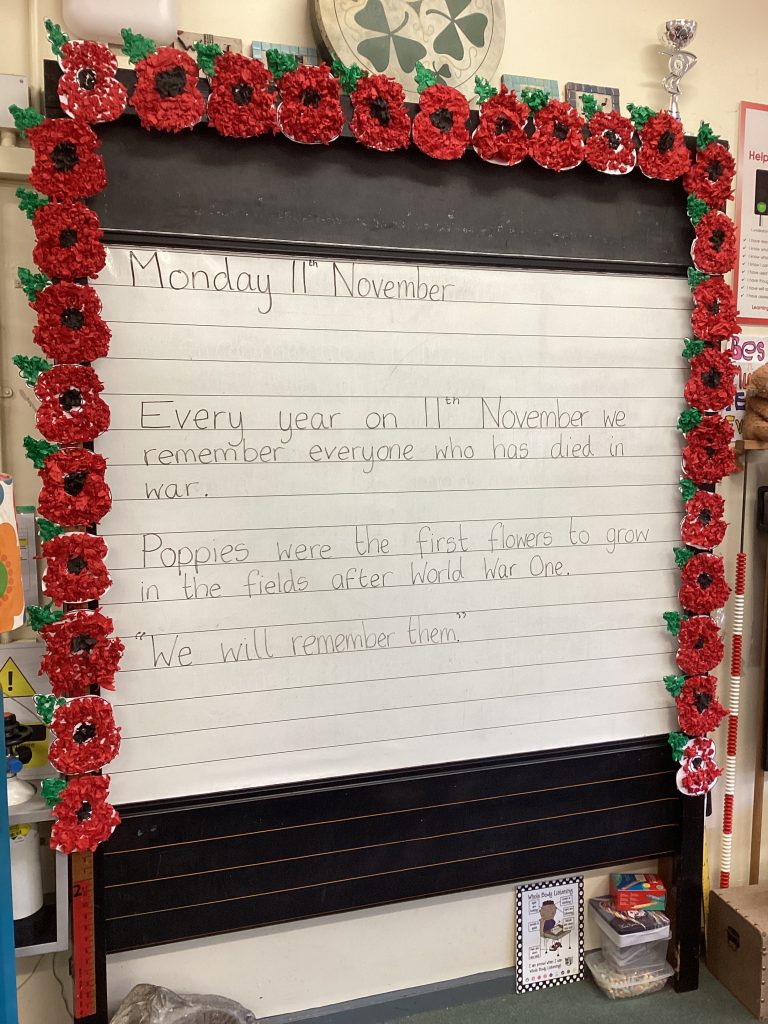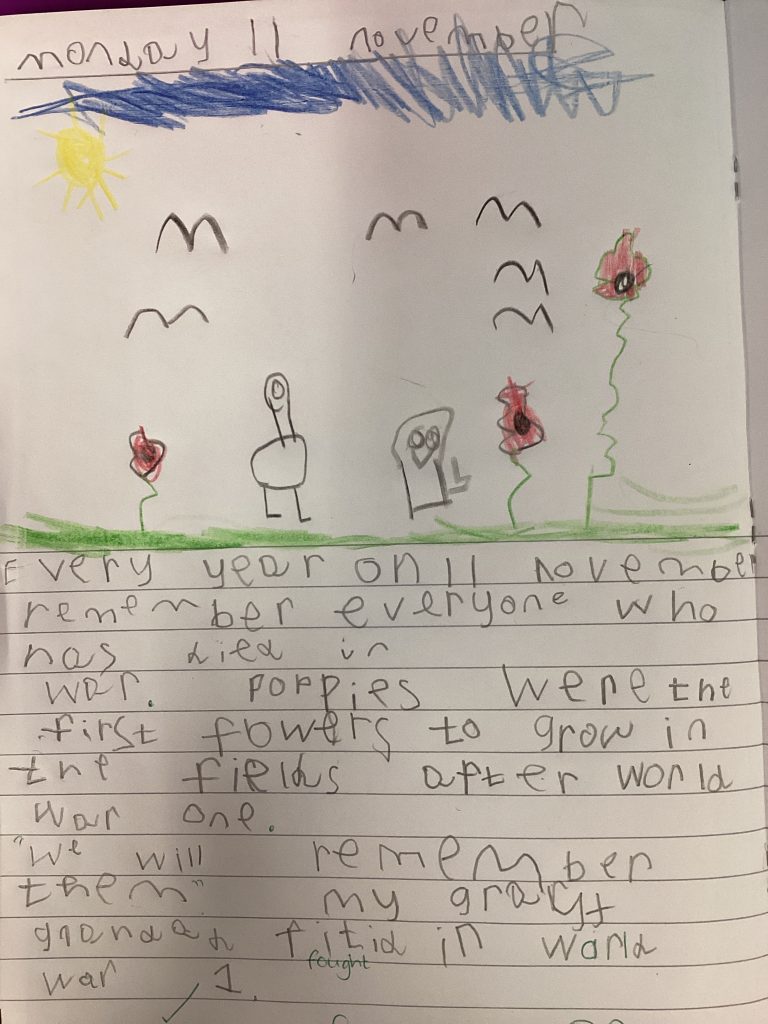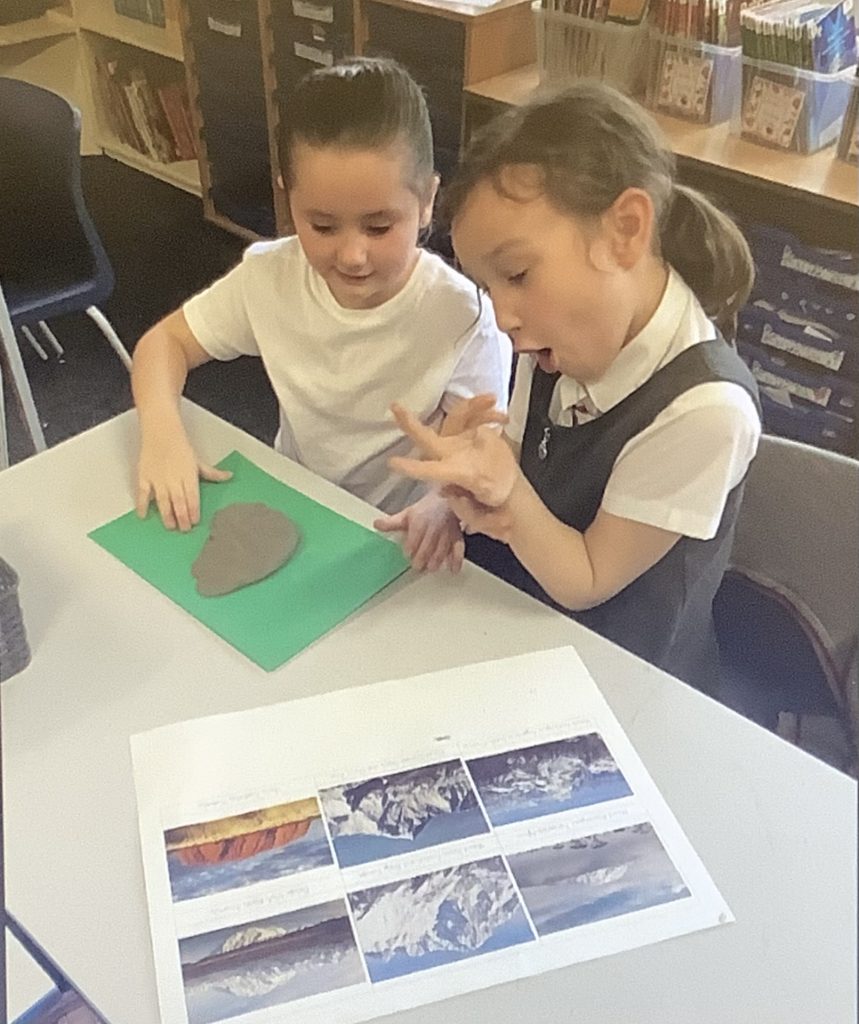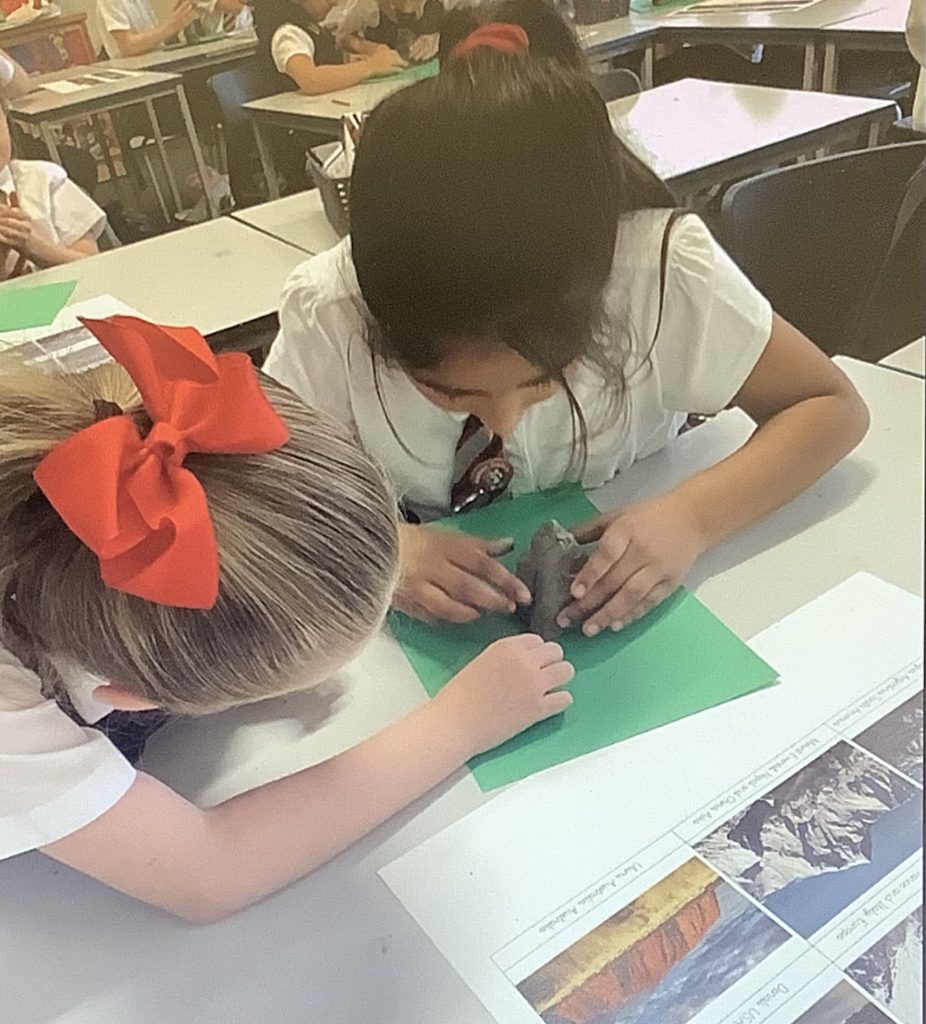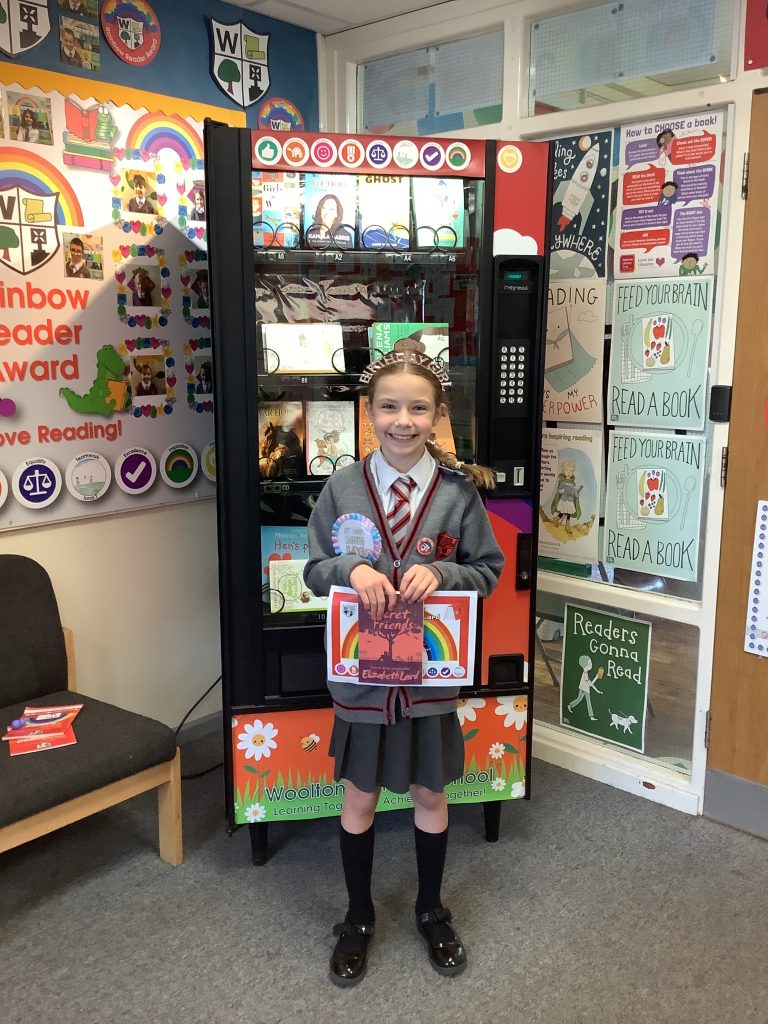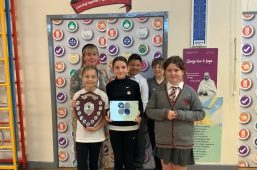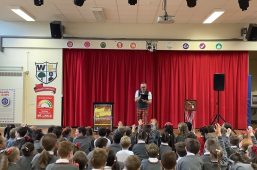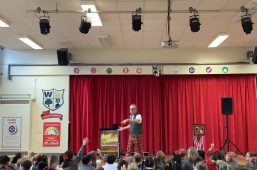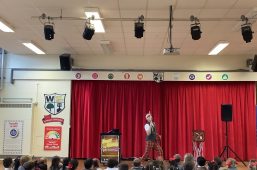
Latest Events
Newsletter
Term Dates
Summer Term 2025
School returns/Summer Term starts Tuesday 22nd April 2025
May Day Bank Holiday Monday 5th May 2025
Summer Half-Term Monday 26th – Friday 30th May 2025
Summer Term ends Tuesday 22nd July 2025 at 2PM
Autumn Term 2025
Monday 1st September 2025 and Tuesday 2nd September 2025 are staff training days.
There are three further training days to be arranged during the year.
Autumn Term Starts Wednesday 3rd September 2025
Half-Term Monday 27th October – Friday 31st October 2025
School finishes for Christmas Break Monday 22nd December to Friday 2nd January 2026
Spring Term 2026
Spring Term Starts Monday 5th January 2026
Spring Half-Term Monday 16th – Friday 20th February 2026
Spring Term ends Friday 27th March 2026
Easter Break Monday 30th March to Friday 10th April (Easter bank holidays – Friday 3rd April and Monday 6th April) 2026
Summer Term 2026
School returns/Summer Term starts Monday 13th April 2026
May Day Bank Holiday Monday 4th May 2026
Summer Half-Term Monday 25th to Friday 29th May 2026
Summer Term ends Monday 20th July 2026
Woolton Primary Chatter

Our girls football team comped at LSFA’s final day hosted at Liverpool’s academy this morning. After losing on penalties in their semi final. They showed great determination winning their final game and finished 3rd overall. Another successful season for our girls football team.
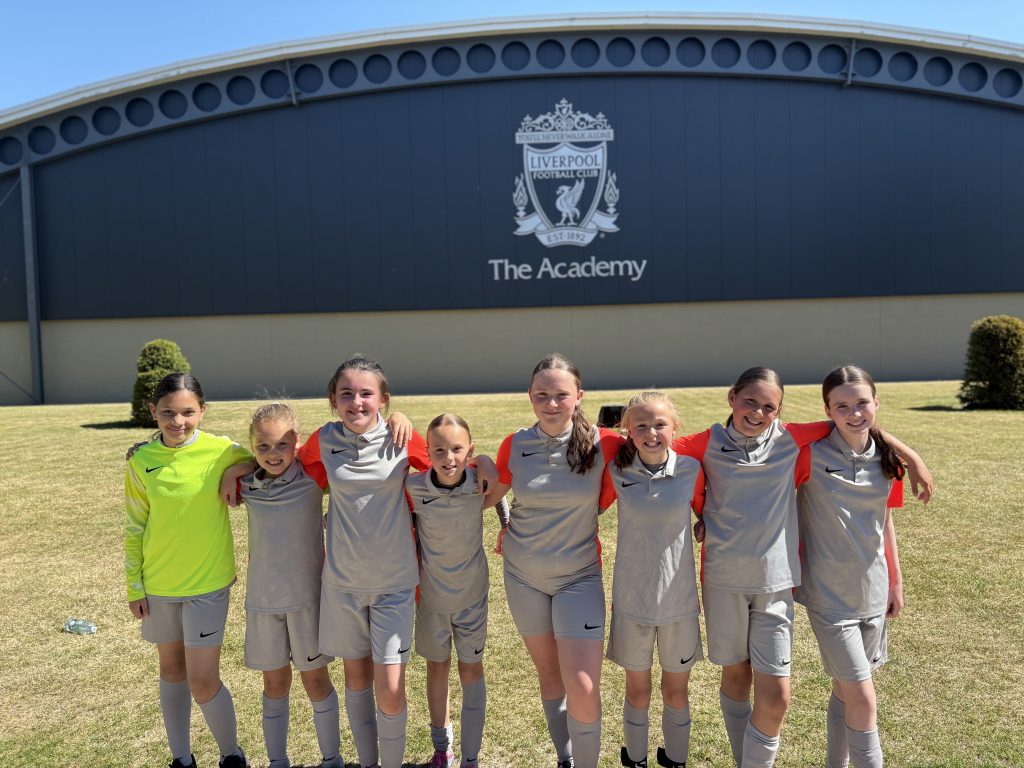

Our Harry, Ron and Hermione wannabes took part in LSSP’s Quidditch tournament this week. Learning how to be the best seekers, chasers and beaters they could be. They even caught a few golden snitches!
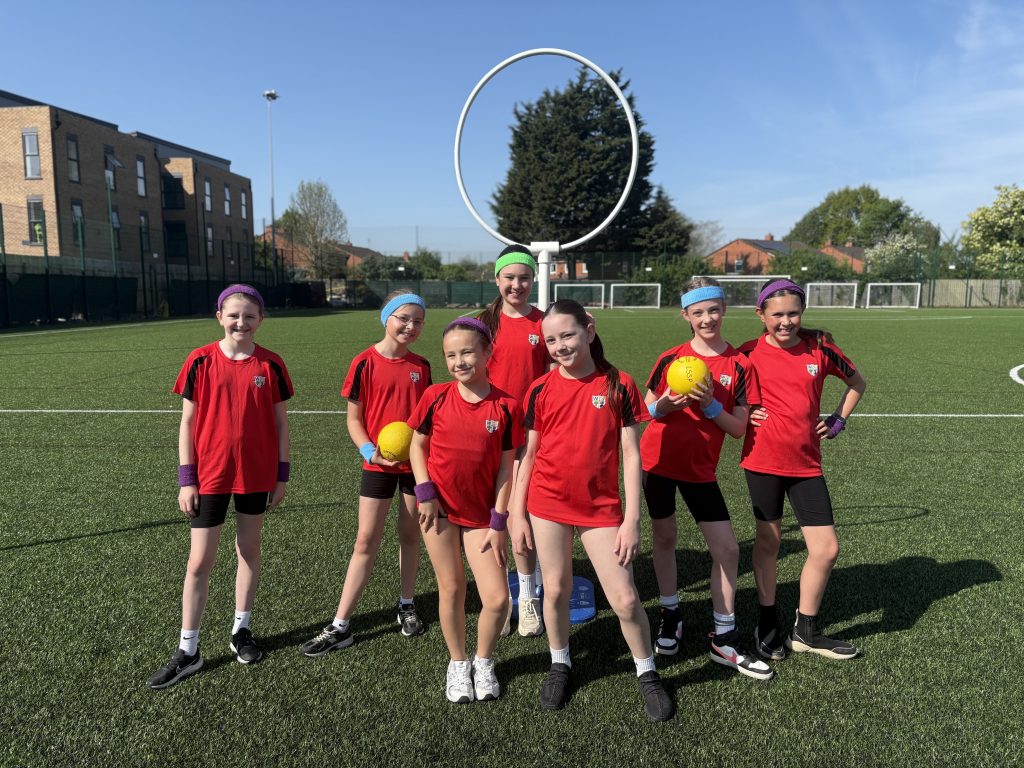
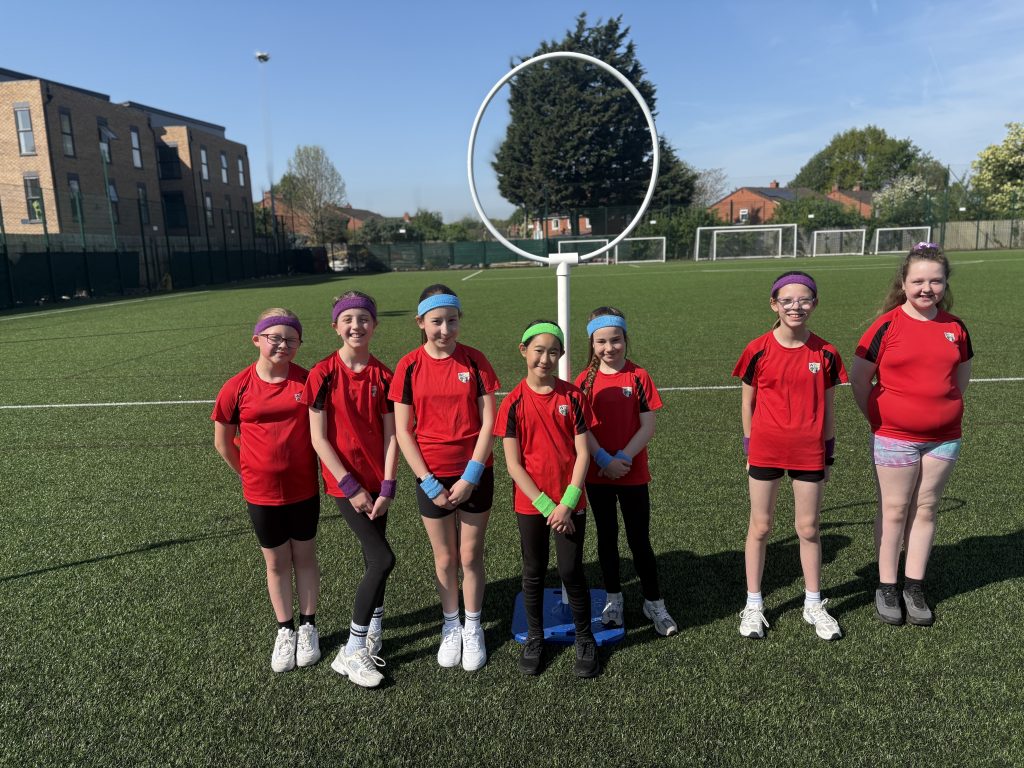

Congratulations to Anya and her U11 school girls team who were crowned National Champions this weekend after an emphatic win over Wokingham. Everybody at WPS is so proud of you
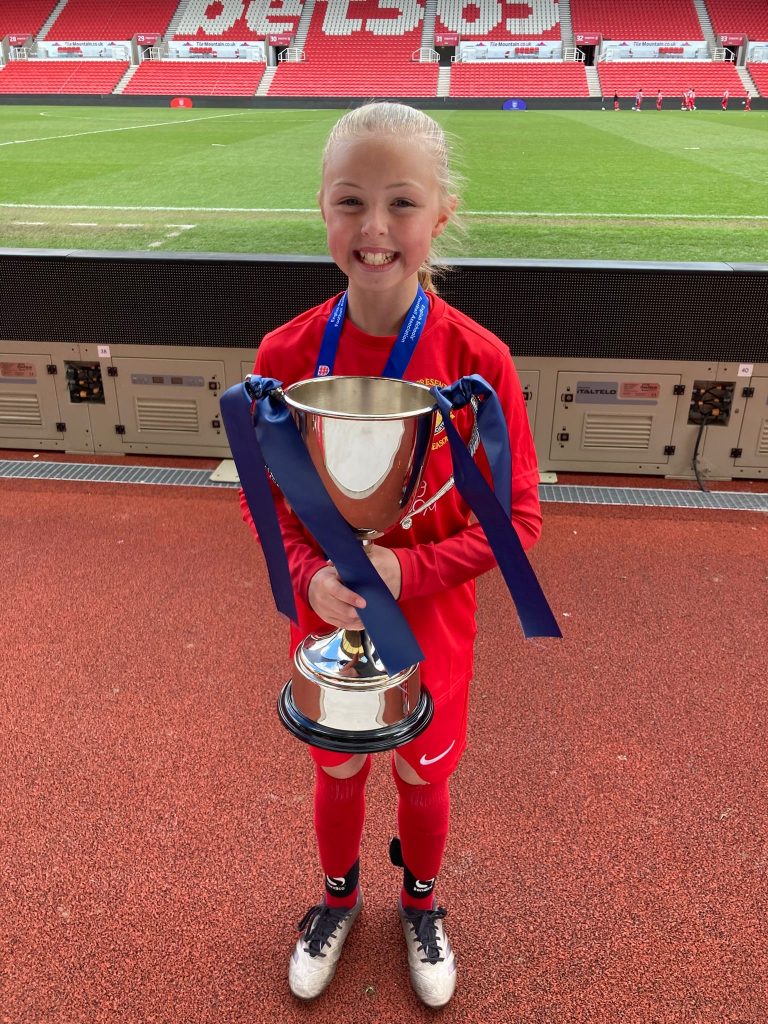

Thank you to the fantastic Anthony Walker Foundation for their response to the letters 5B sent on their brilliant anti-racism work and the questions they asked. The children were delighted to have a response from Gee Walker too. They are beacons of light for the future!
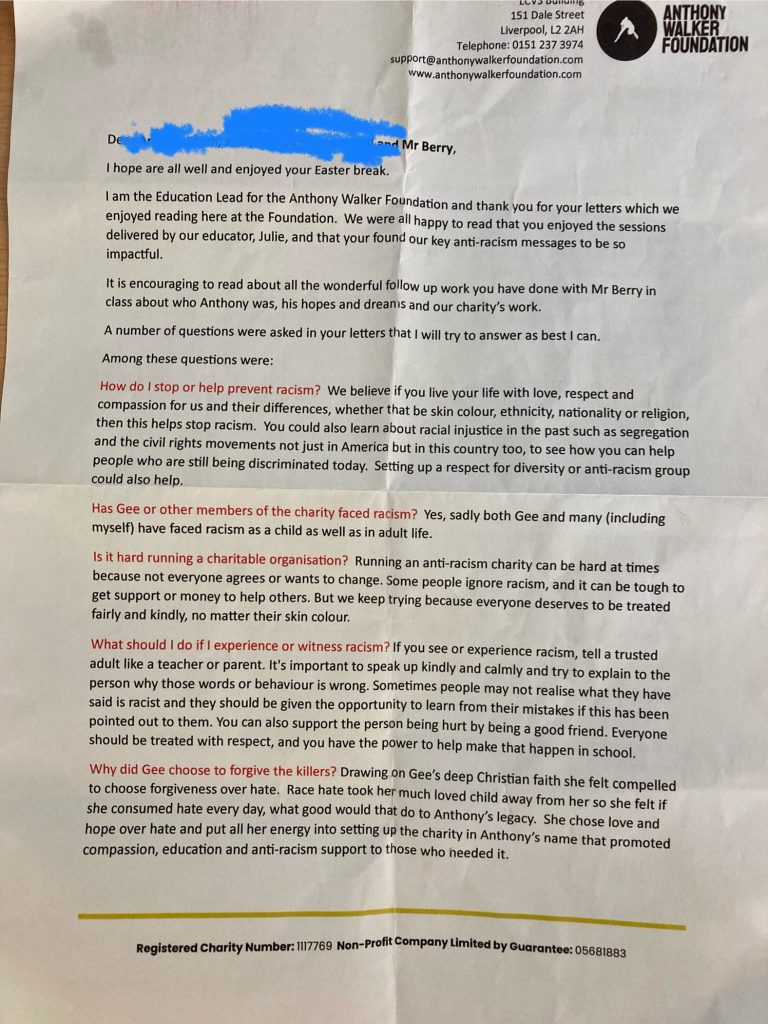
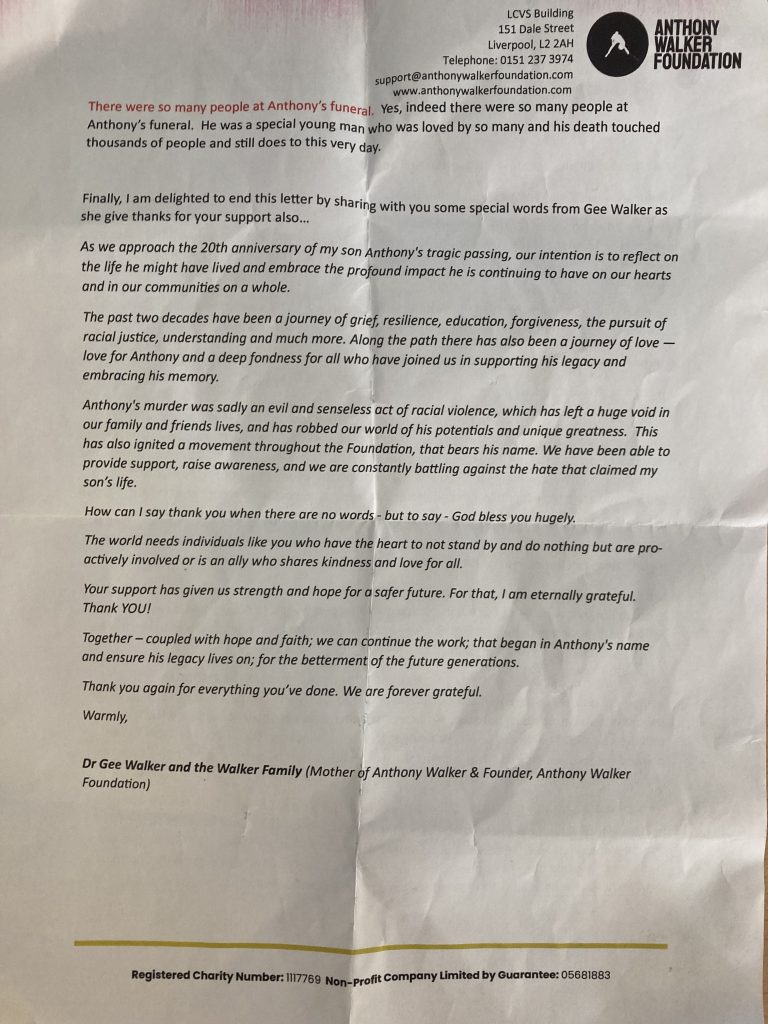

Good luck to Anya from 6M and her Liverpool school girls who are competing for a National championship this weekend. Hopefully even more success for Liverpool teams!
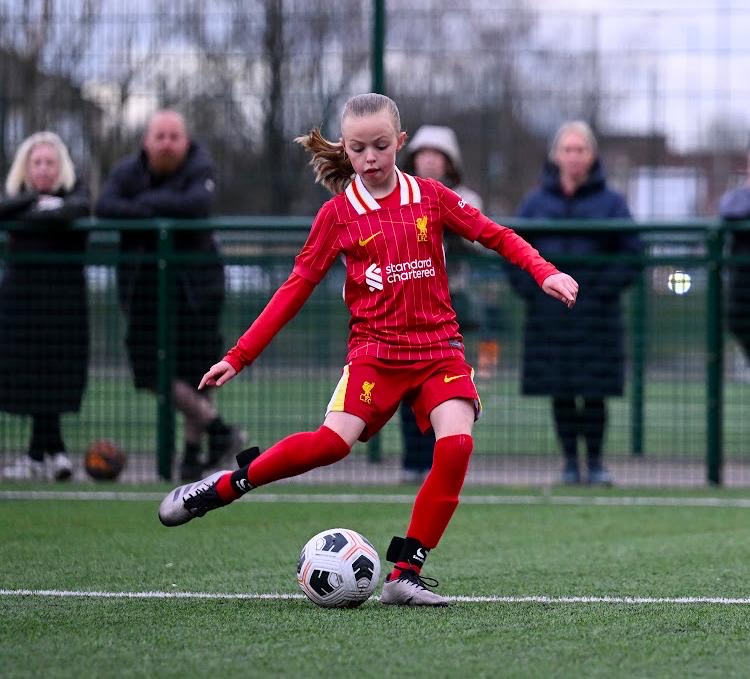

The winners of the Marie Curie Raffle are: 1st place – Charlie R, 2nd Place – Ethan A, 3rd Place – Nile FC



4M enjoyed finding out about Neurodiversity and celebrated by creating art work to inform others. Well done 4M
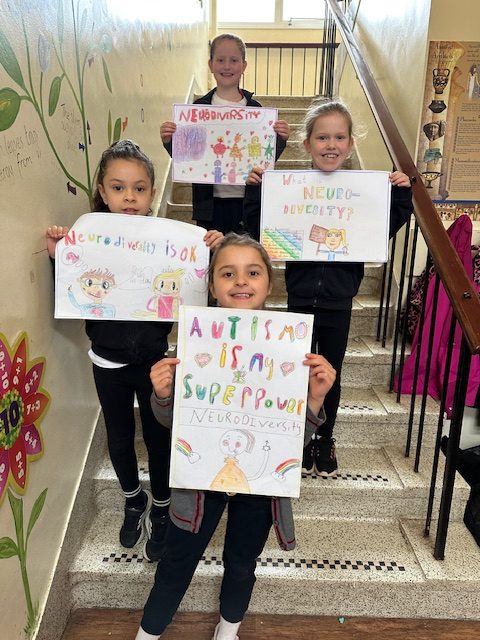
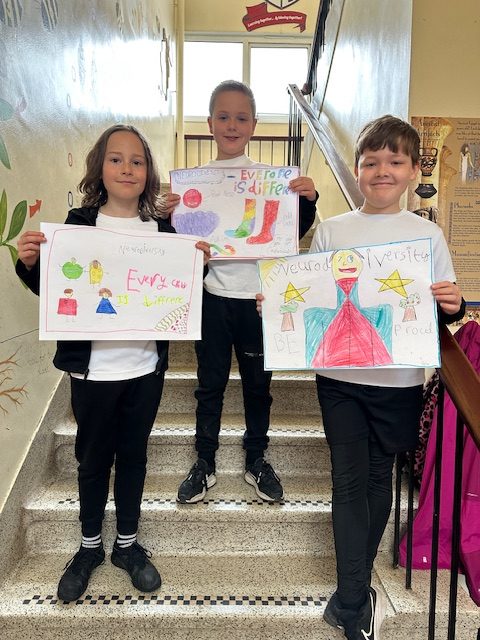
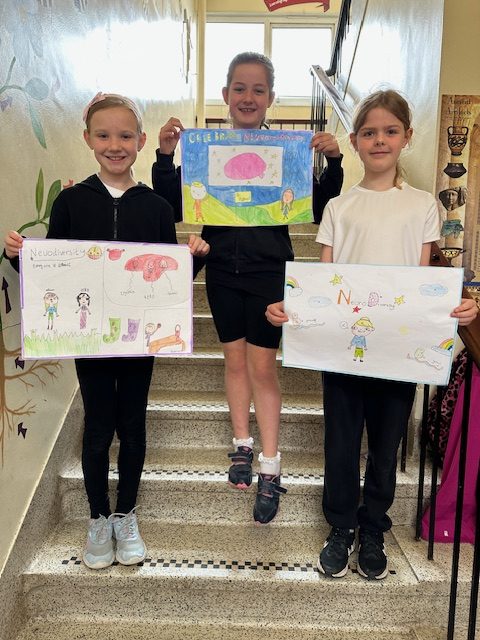

In school Y6 have been taking part in a special challenge. Who can build the tallest free standing structure using only pasta and marshmallows
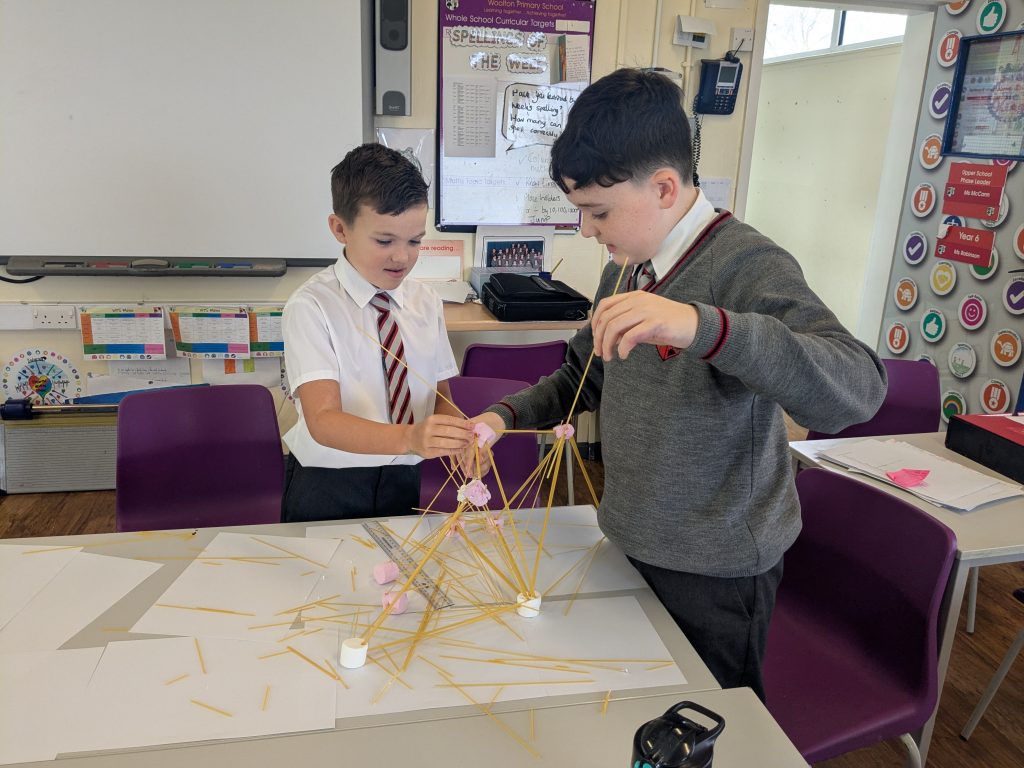
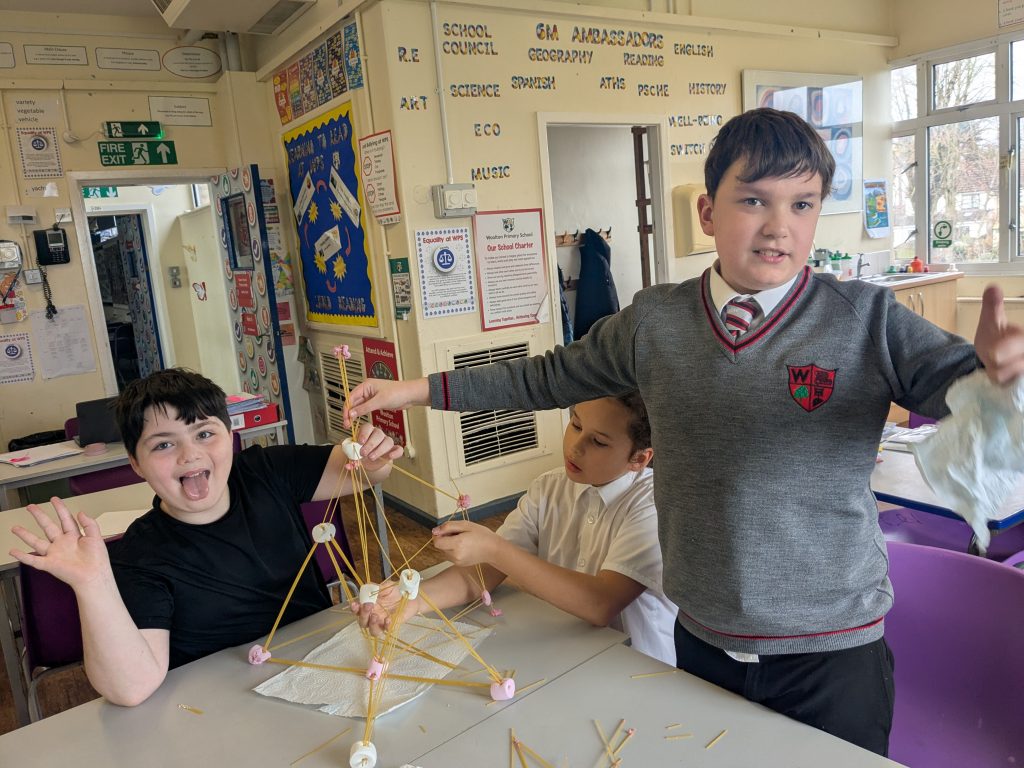
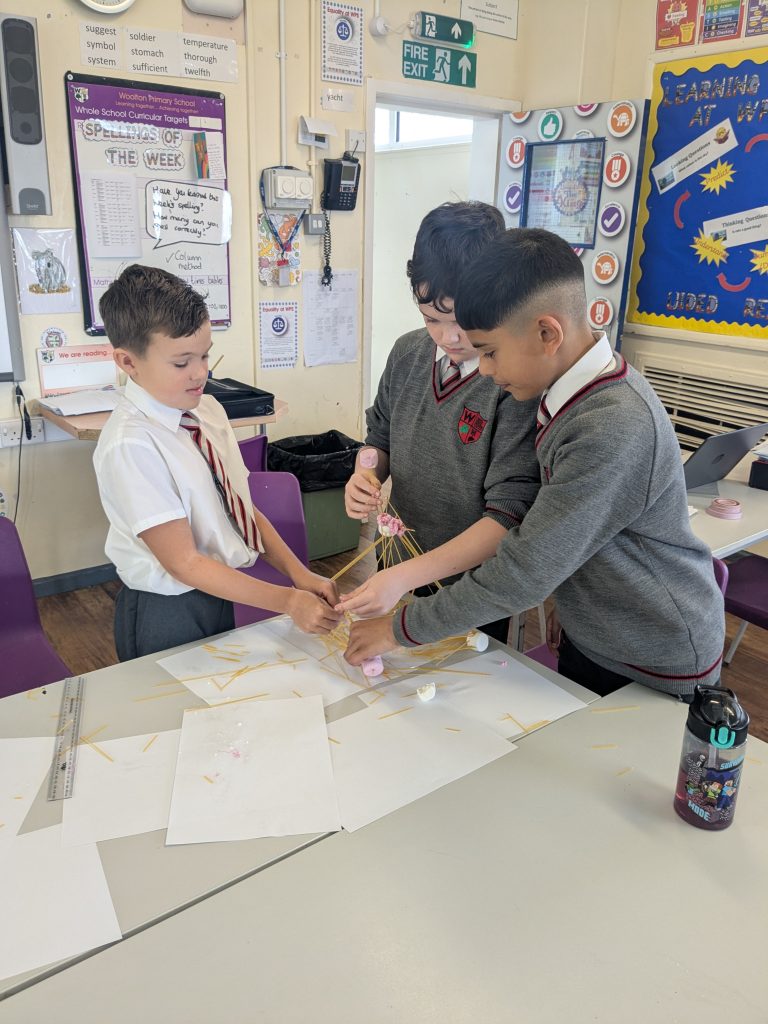

The children in 5B have made some wonderful creations during Crochet club, led by Dr Holmes
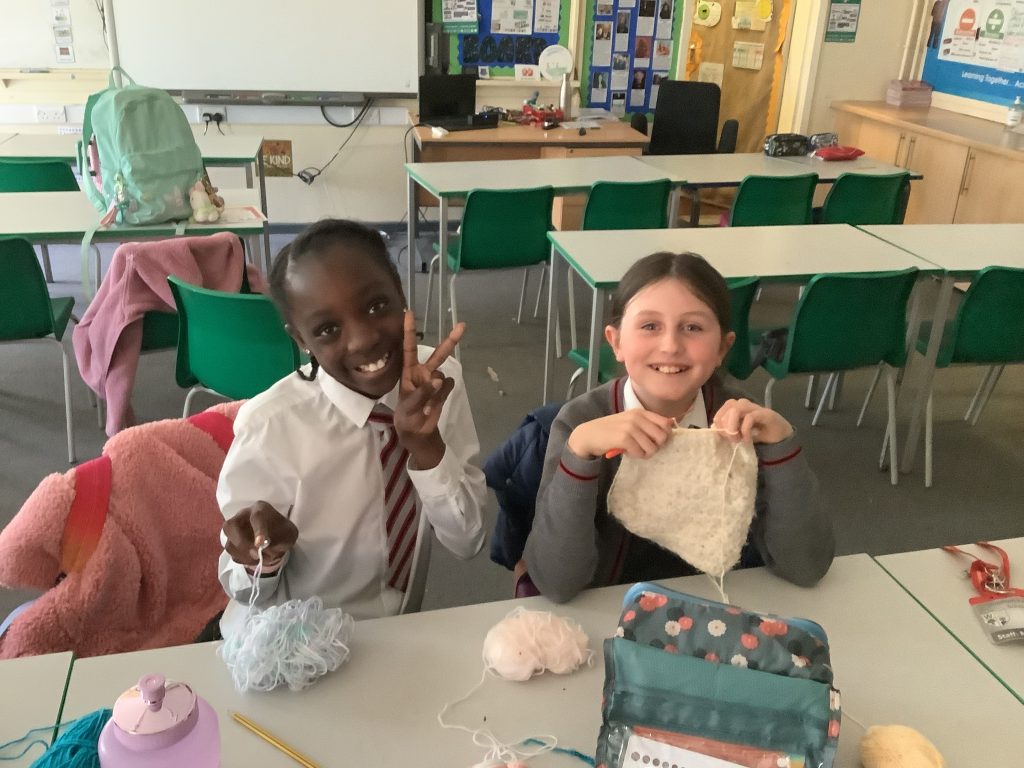
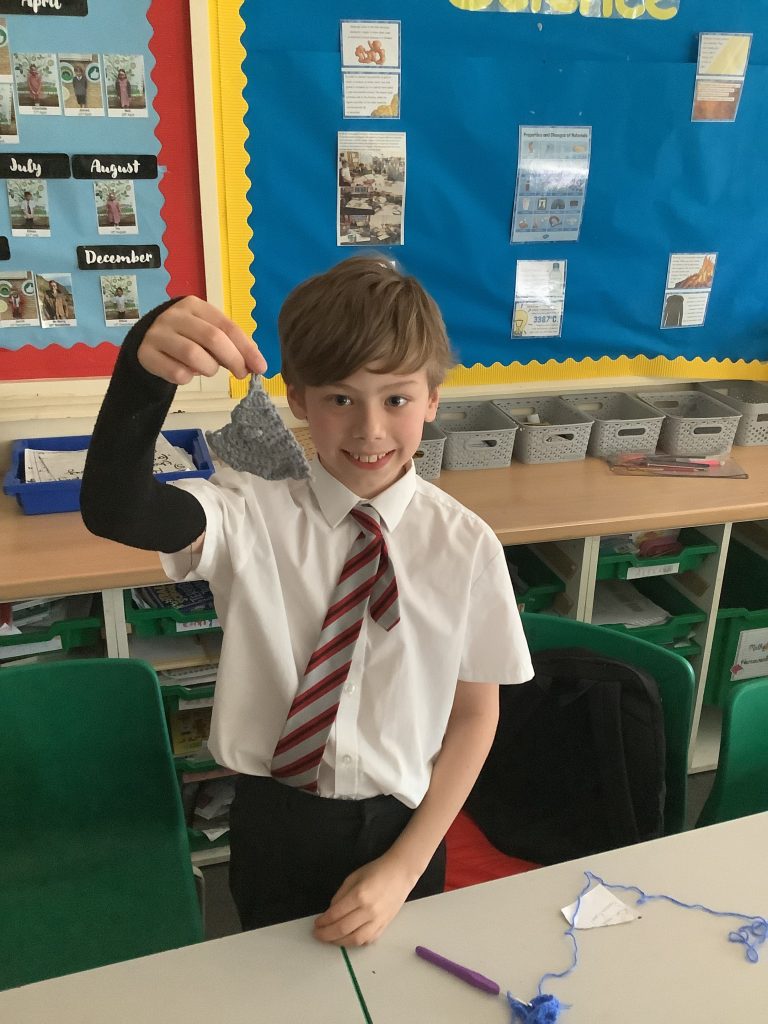

Y1, Y3, Y4, Y5 and some of our Y6 pupils enjoyed a fantastic, informative assembly from Dogs Trust linked to caring for dogs and staying safe when around dogs
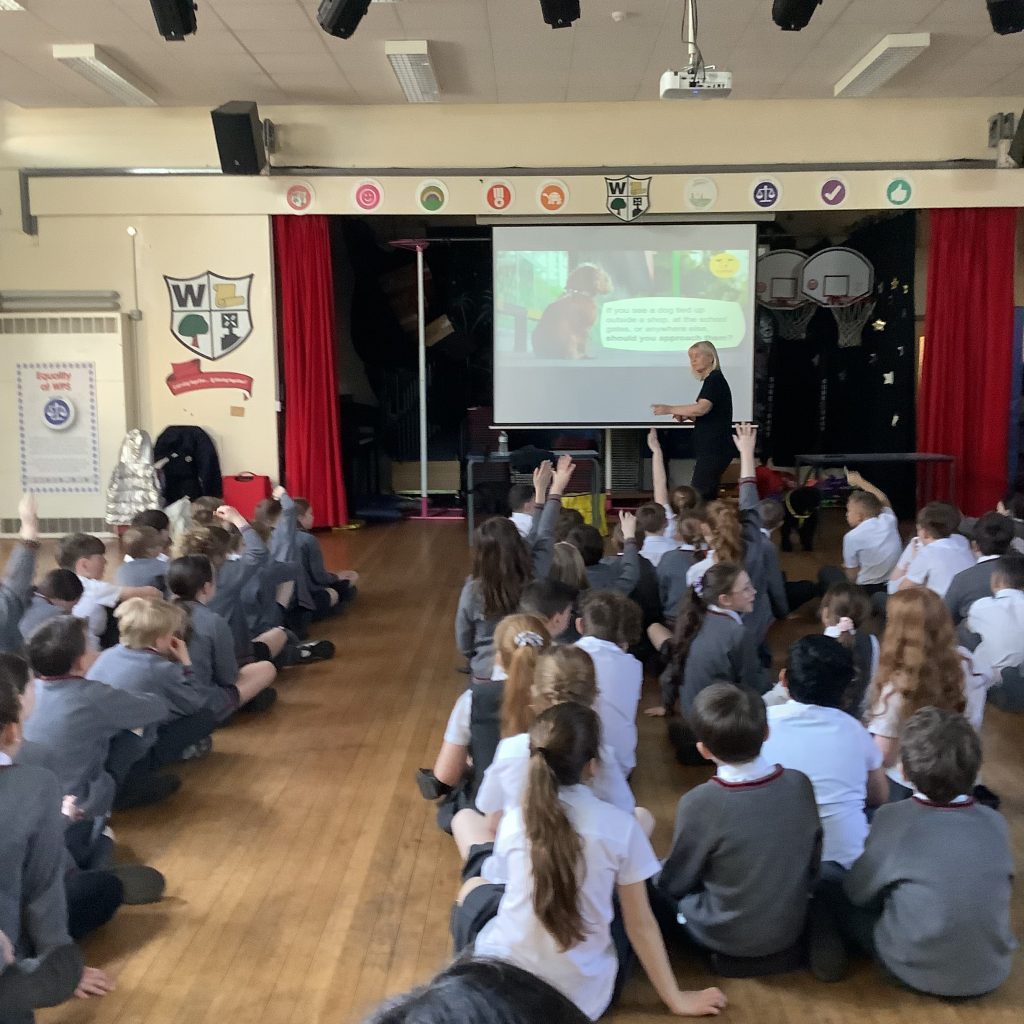
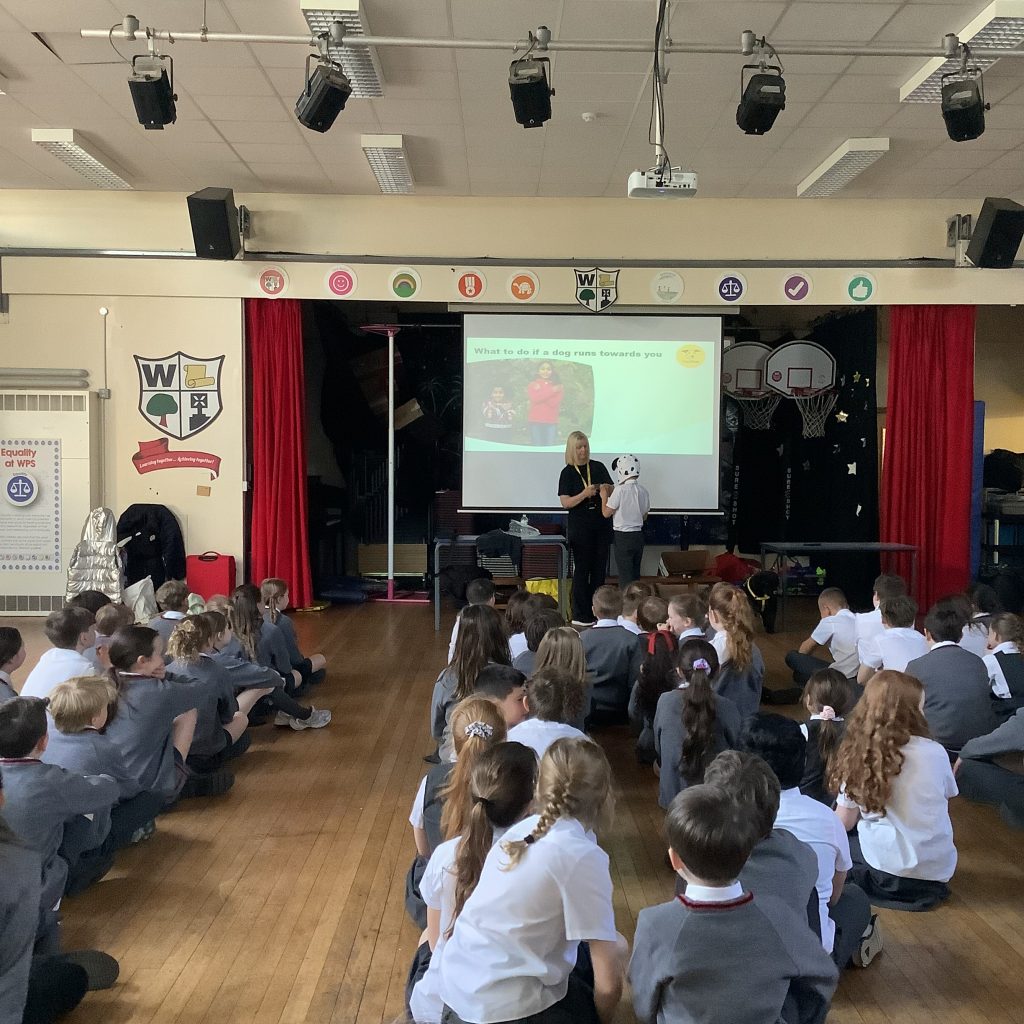
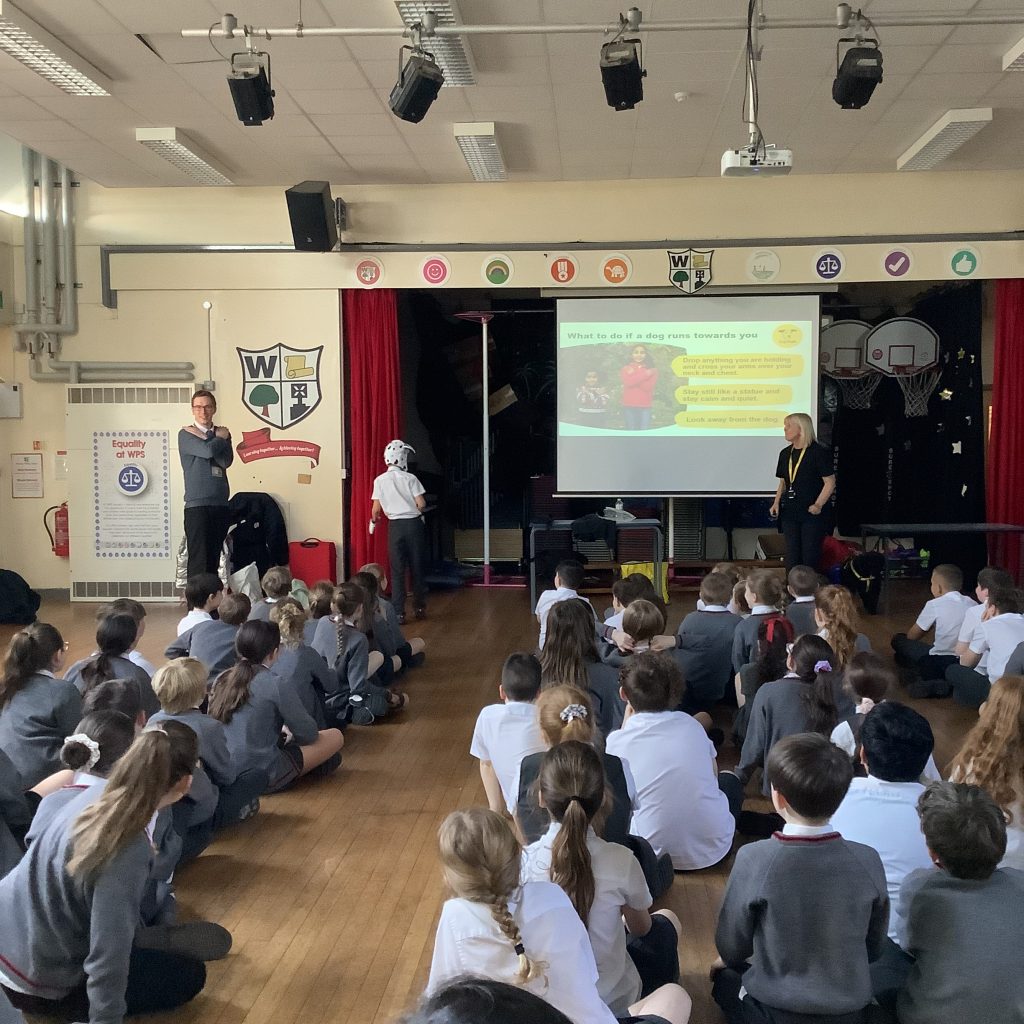

The children in 5B enjoyed finding the perimeters of rectangles and rectilinear shapes whilst out in the sun!
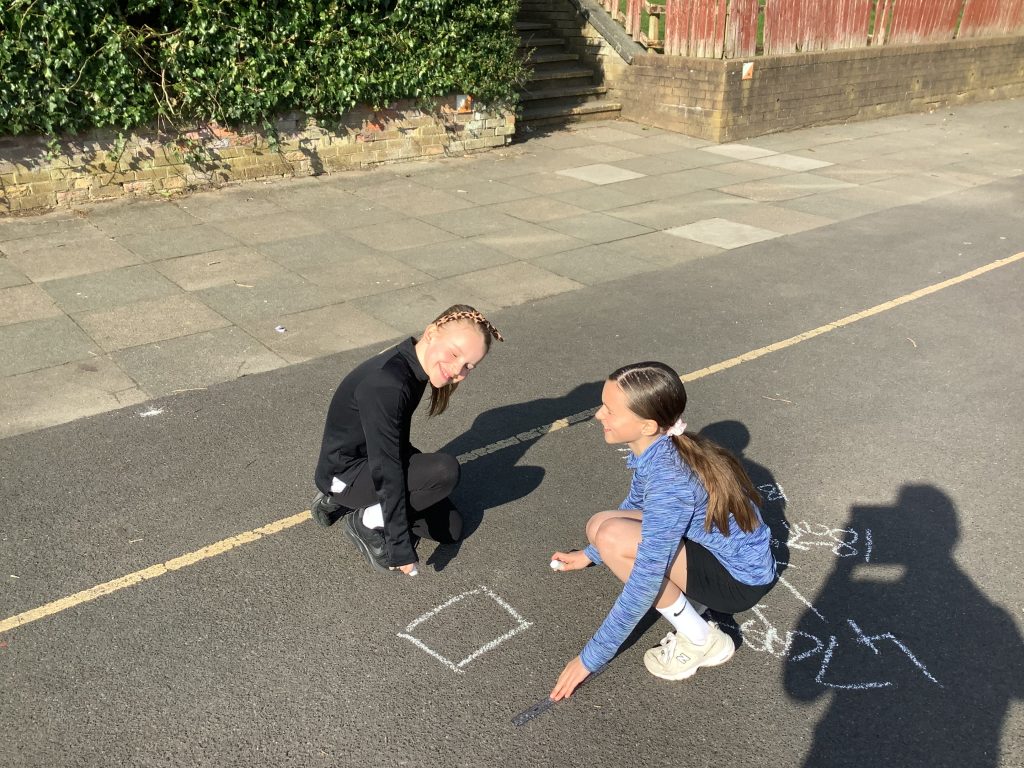
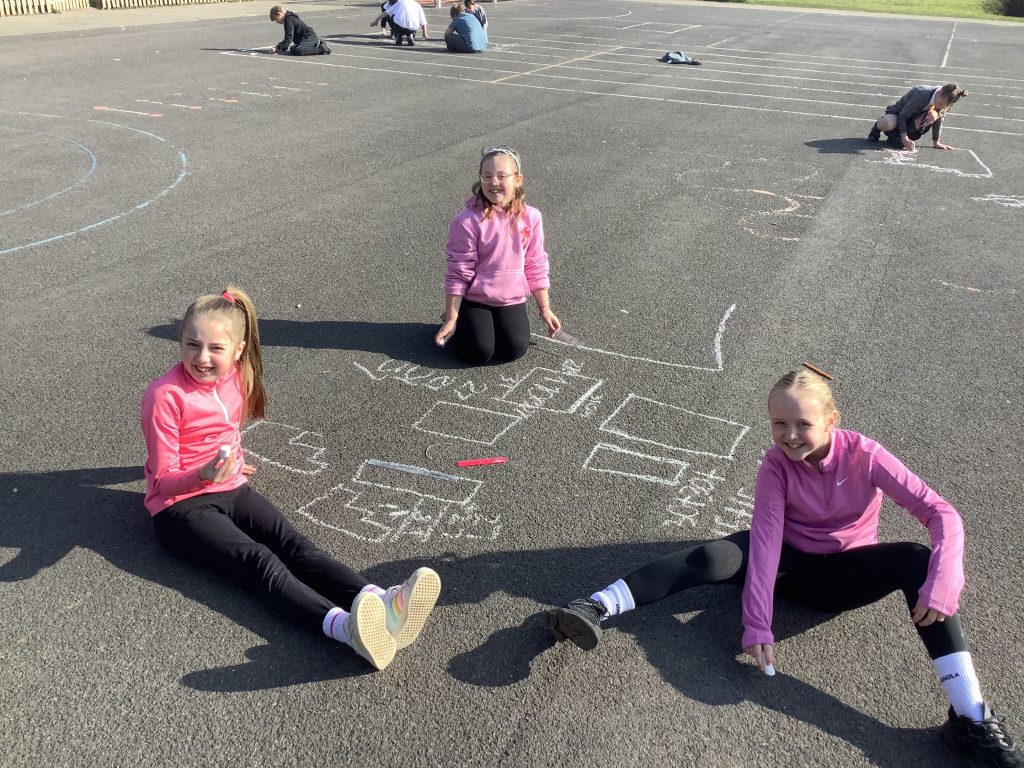
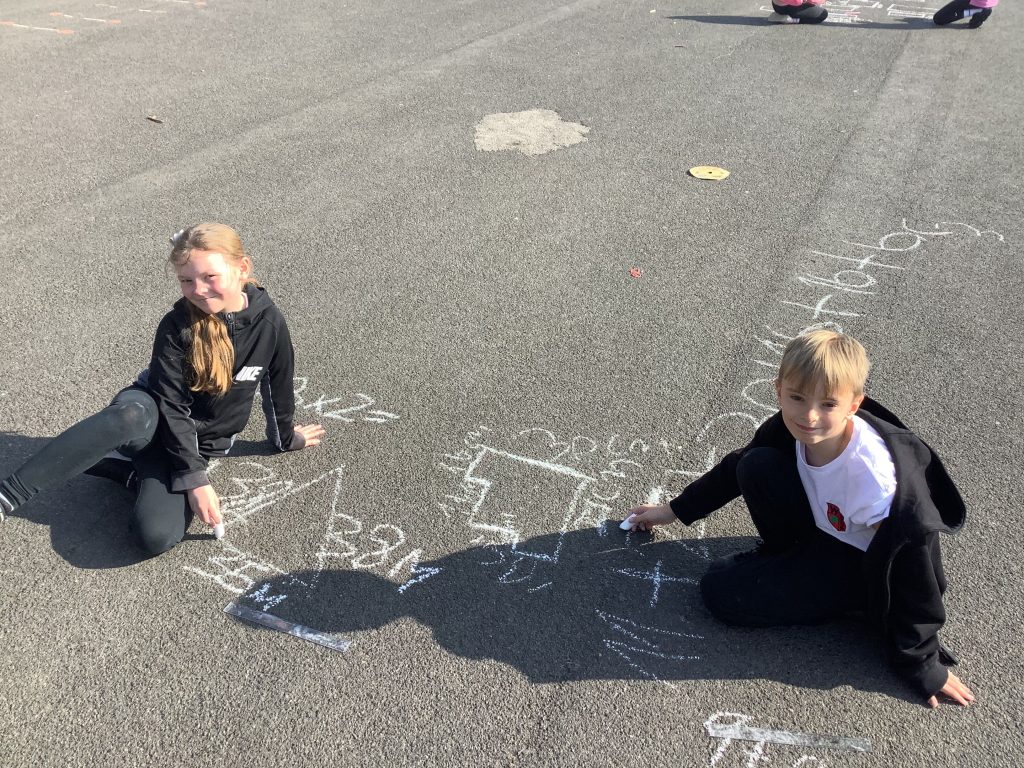

Well done to our Y3/4 girls football team who have qualified for the LSSP city finals after winning their heat yesterday morning. They went all morning unbeaten and didn’t even concede a single goal! Well done girls.
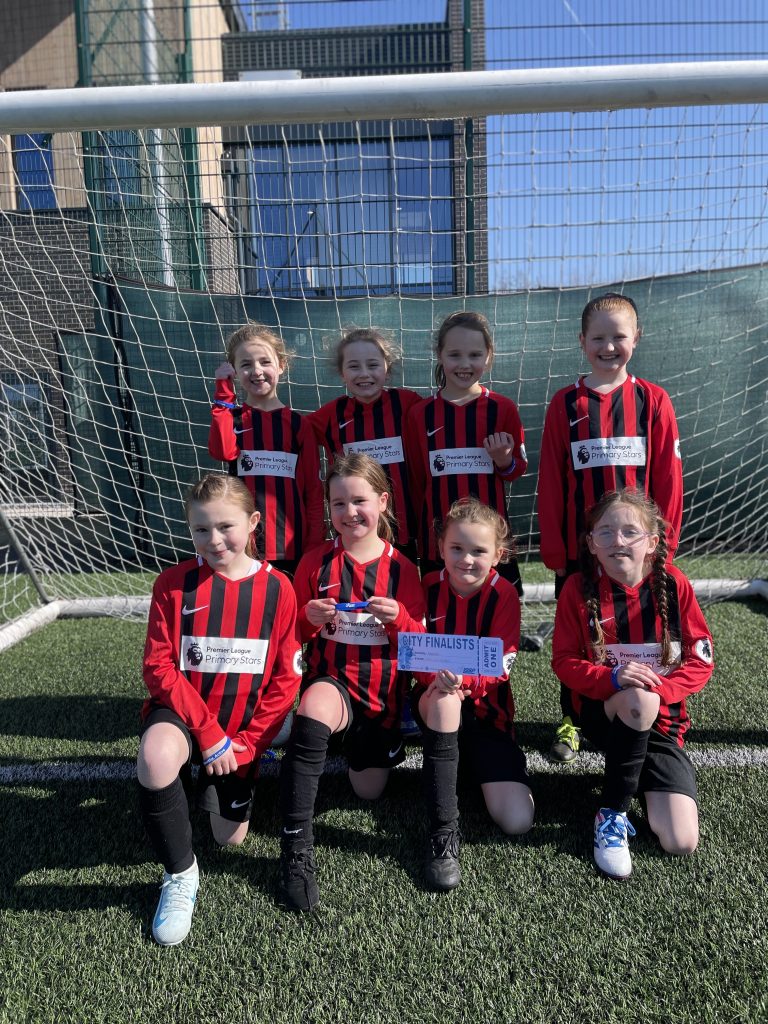

1C enjoying a creative and calming art lesson. We used are observational skills to draw, paint and sketch. We are artists!
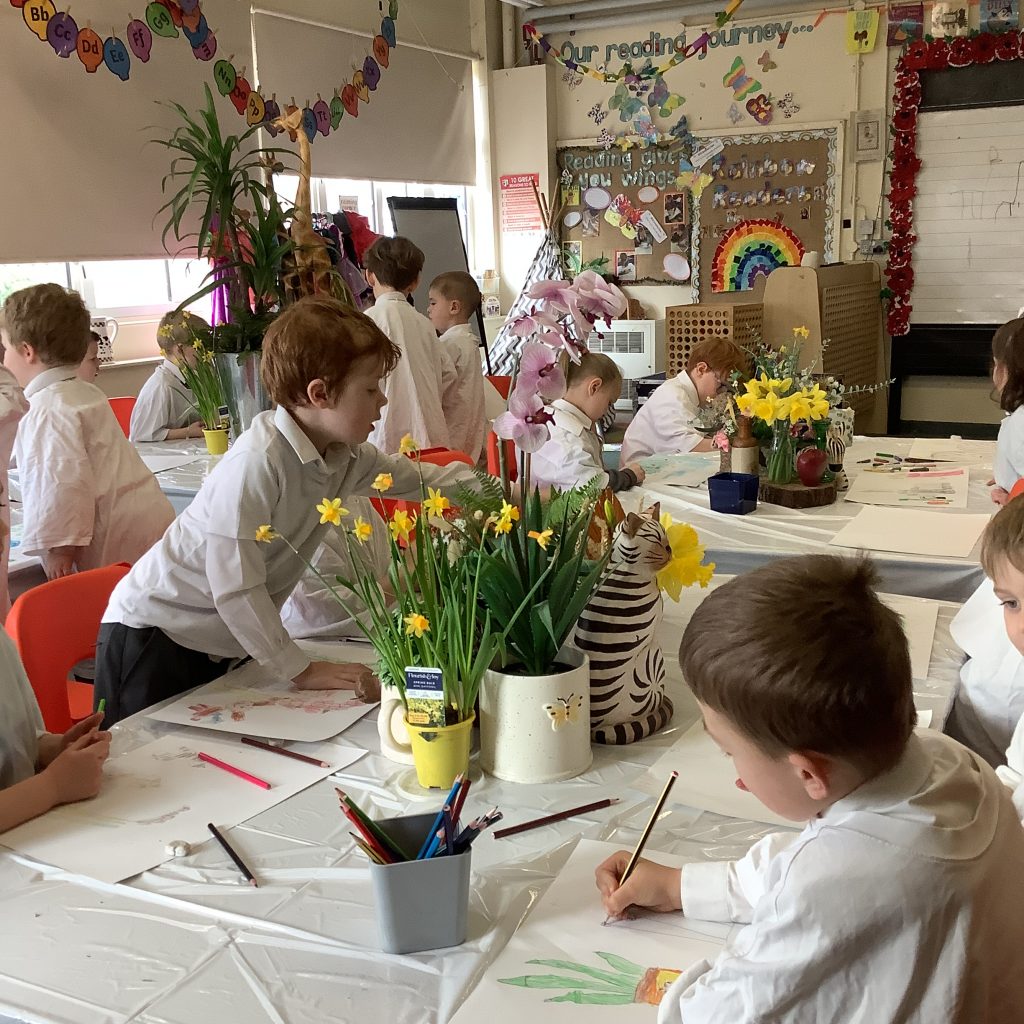
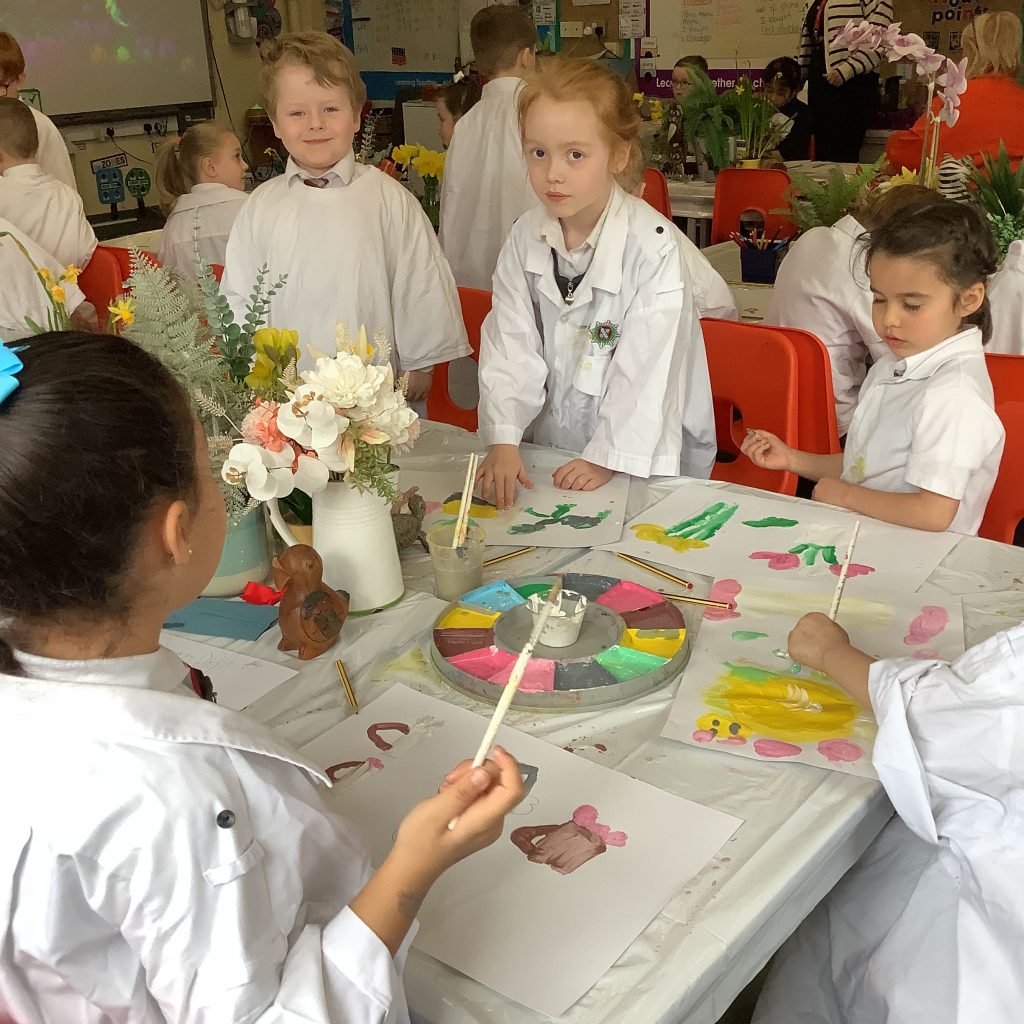
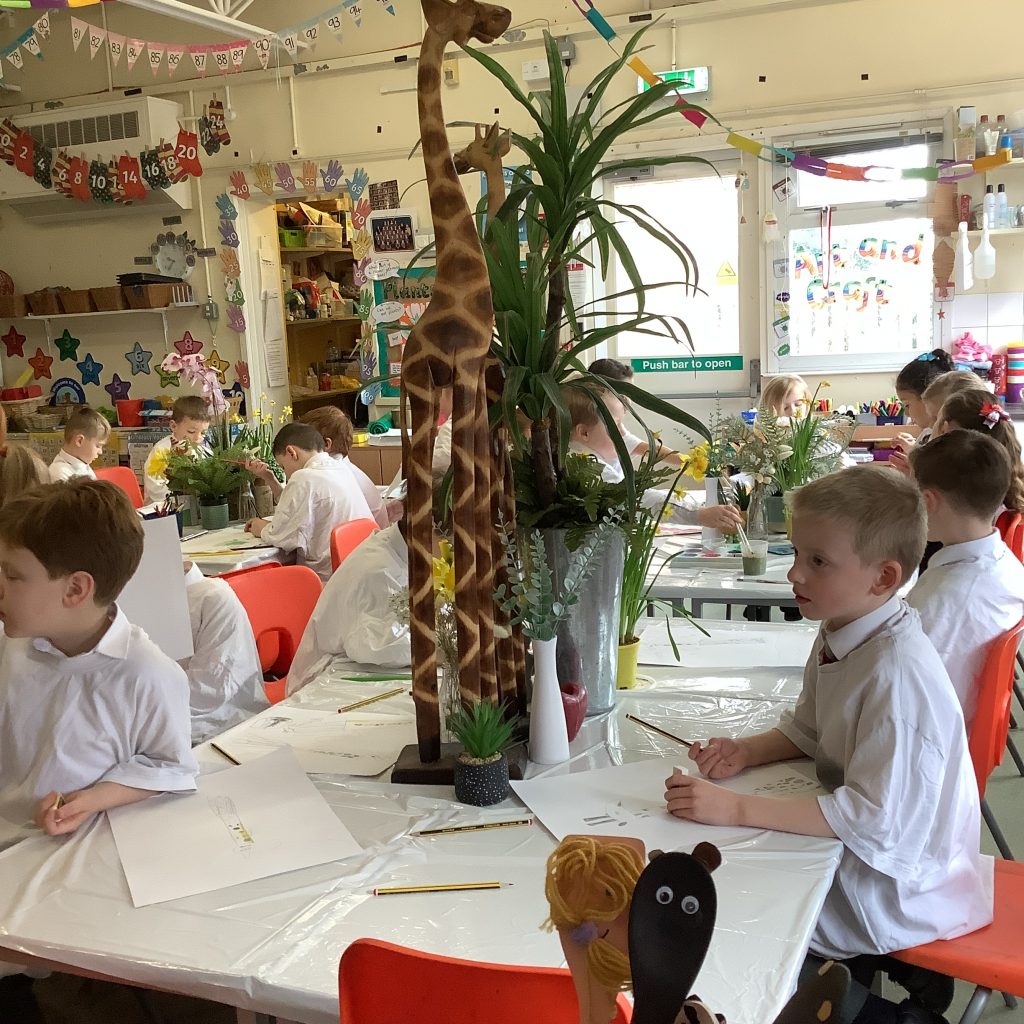
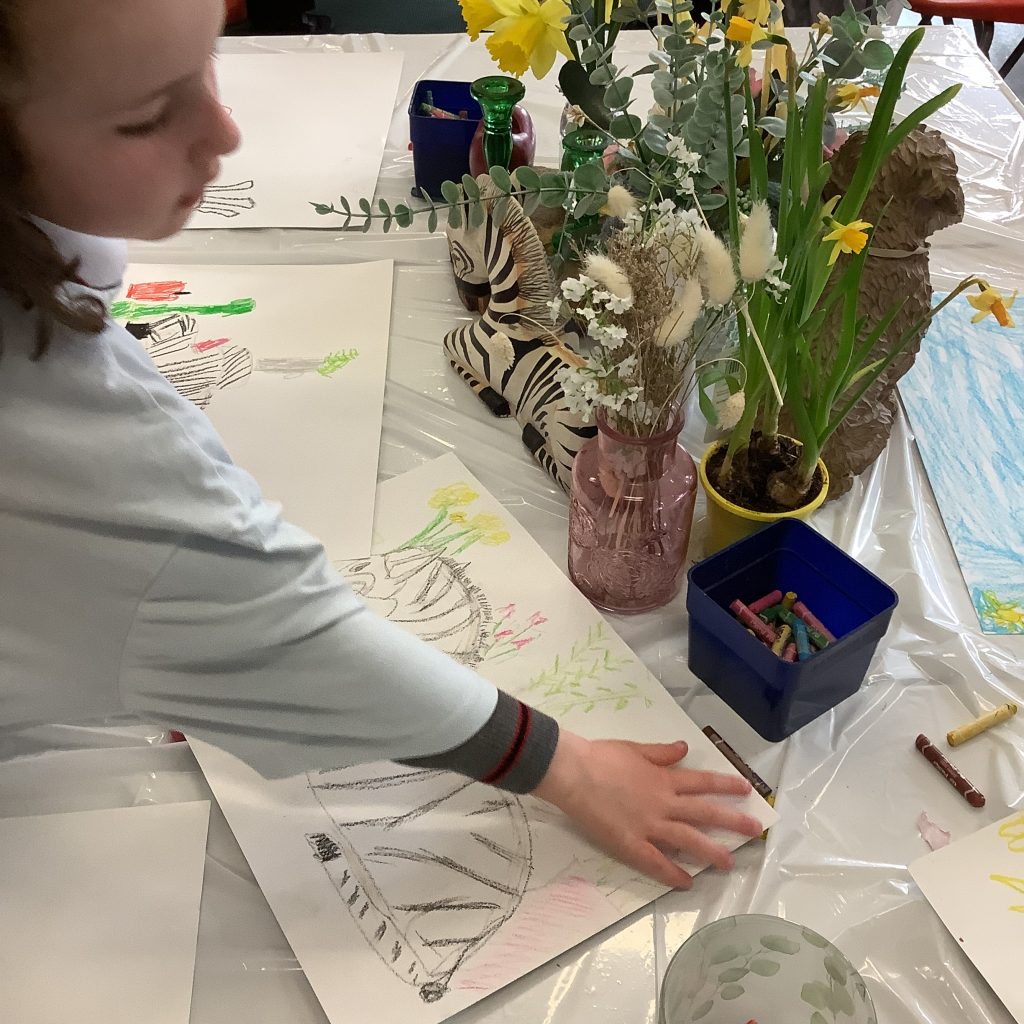

Noor Mohammed, from Asylum Link Merseyside, visited all classes from year 1 to year 5 to discuss migration. His sessions have encouraged the children to show kindness and they have made the children more aware of why people migrate
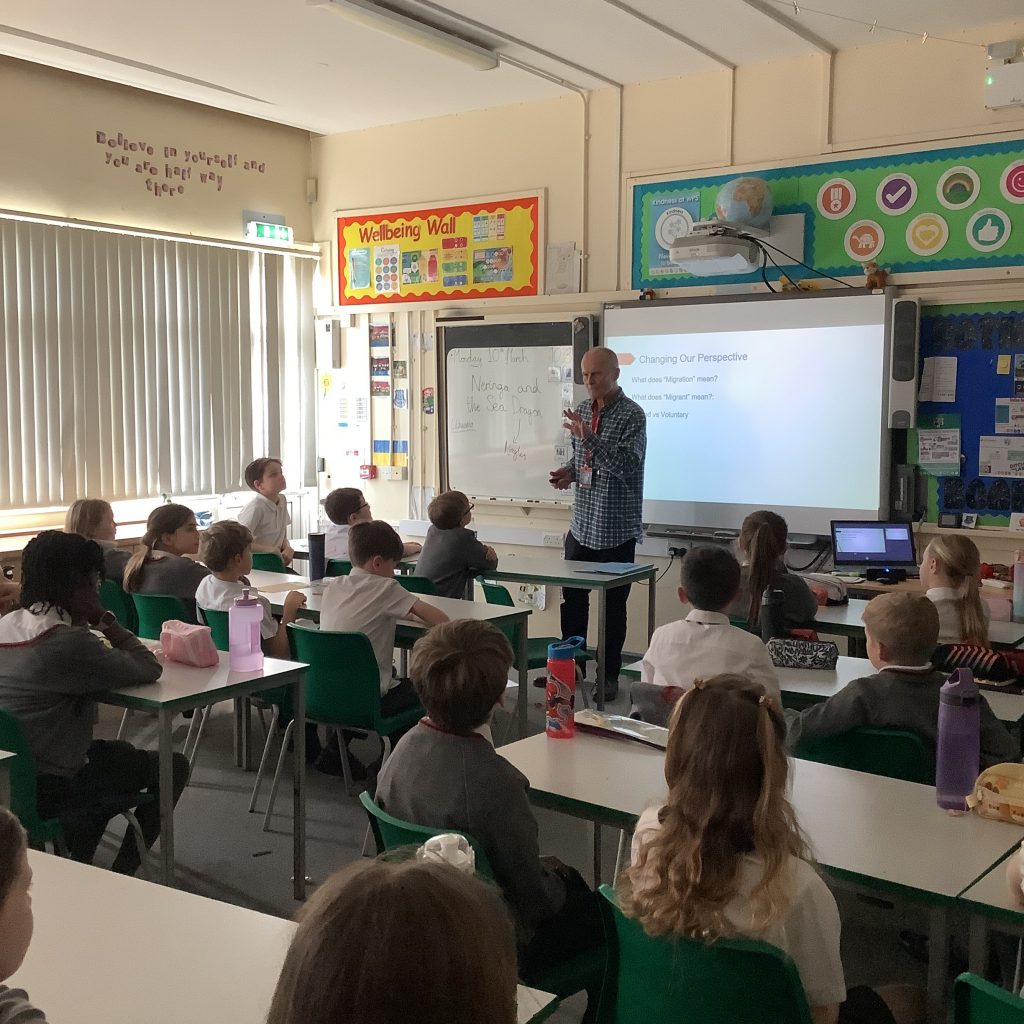
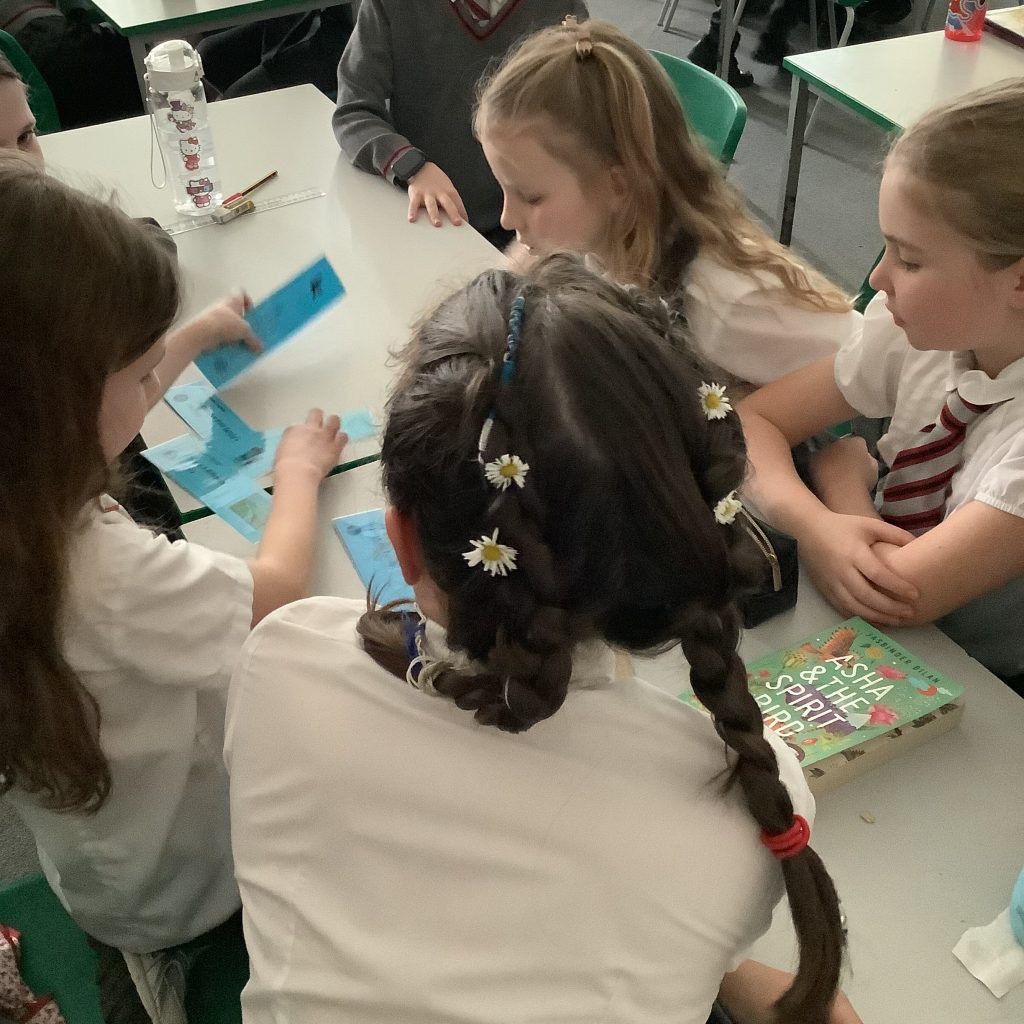

Well done to Anya G who is a member of Liverpool Schoolgirls Team. She will now be competing in the final at Stoke City Stadium. We are very proud and wish her the best of luck.
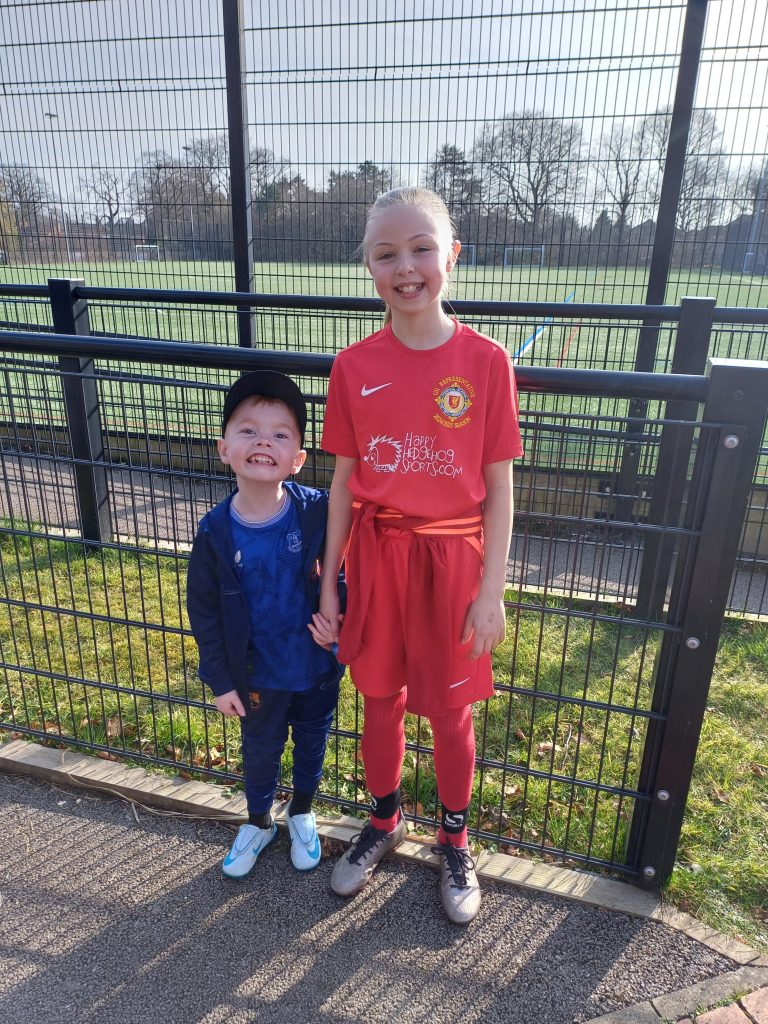

Natalie Denny visited year 2 to share ideas for spreading kindness inspired by her book, Keisha Jones!
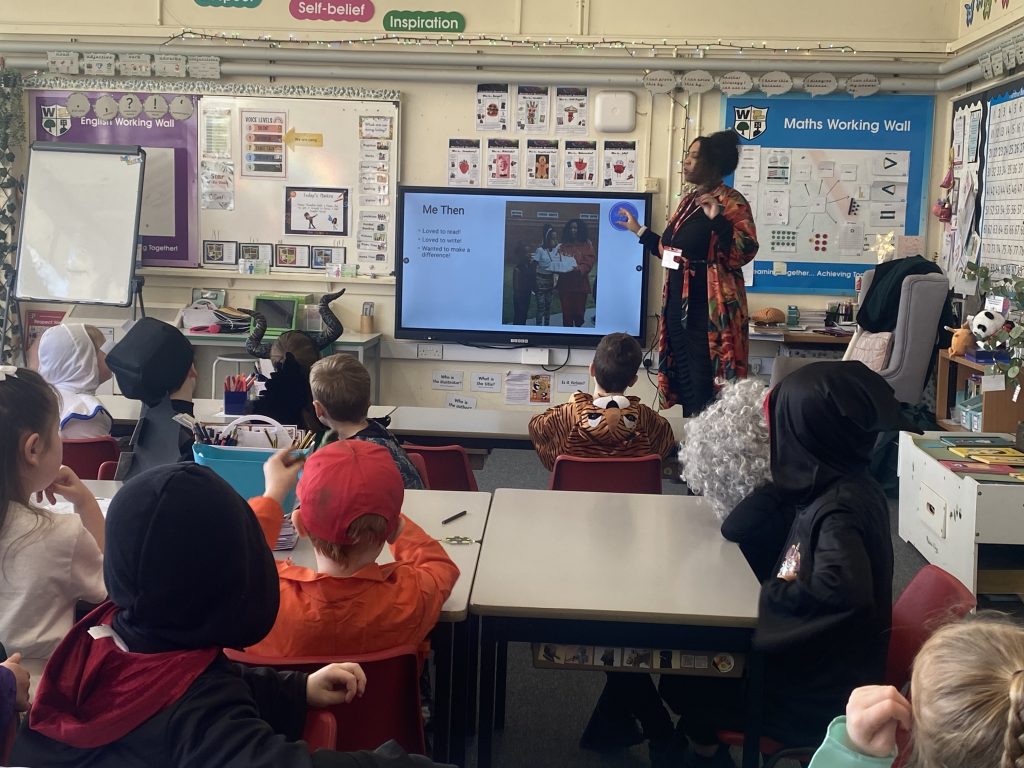
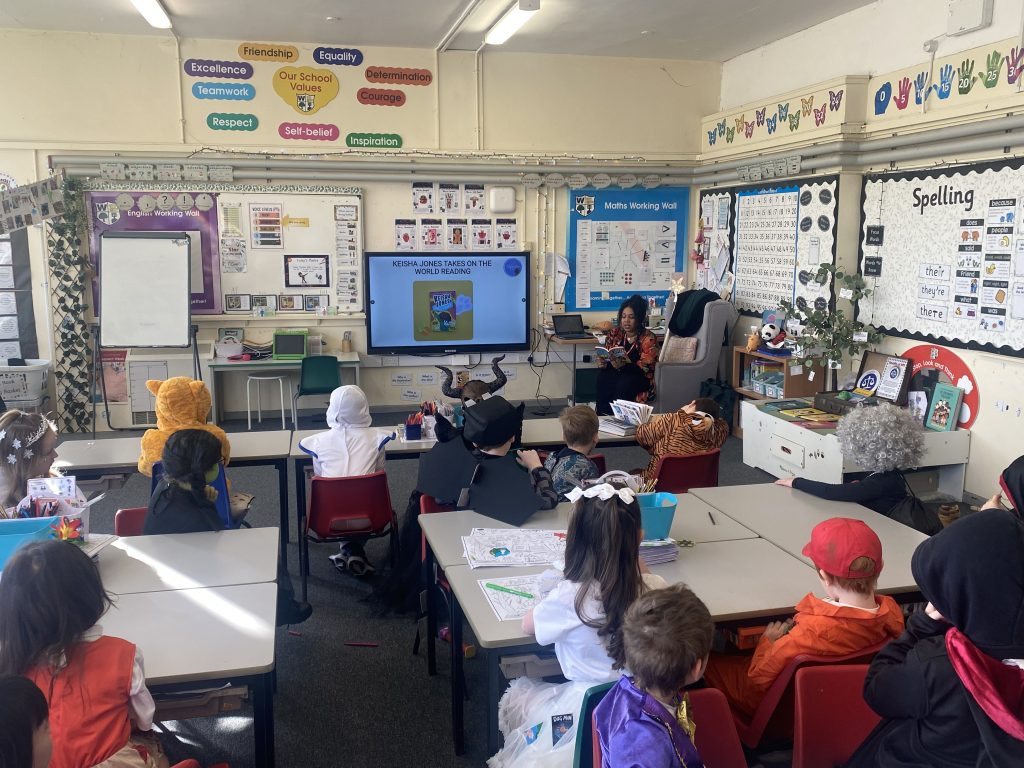

Lovely to have author Jude Lennon in to inspire our KS1 children to write their own imaginative stories!
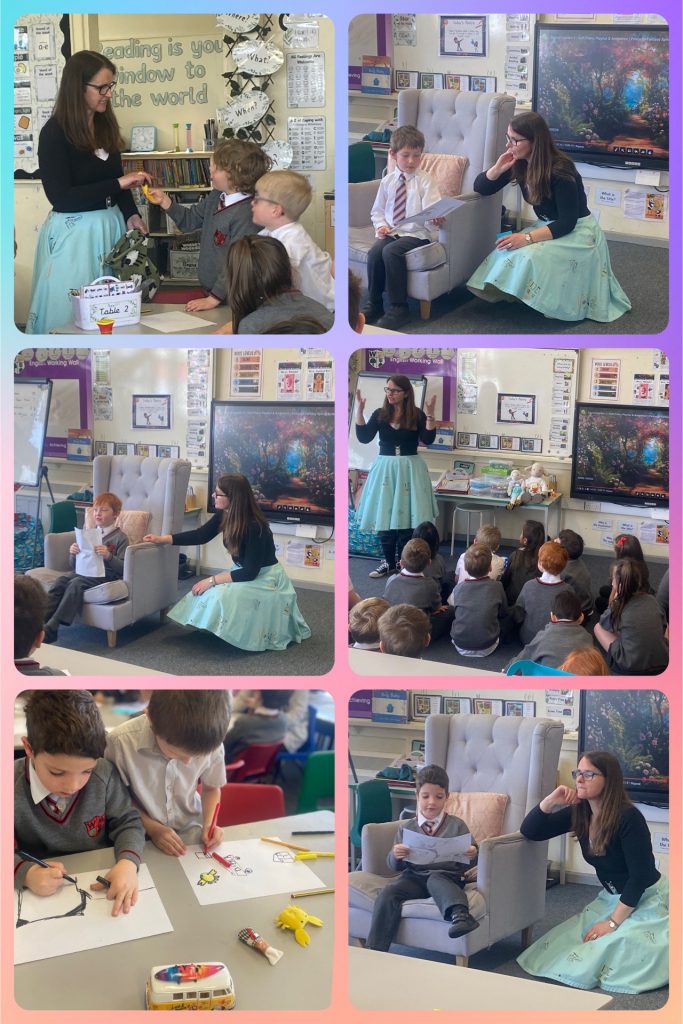

Y5 and Y6 enjoyed a fantastic assembly led by Donna Palmer focusing on Mersey Marvels on Tuesday. The brilliant assembly made the children aware of the fantastic, inspiring achievements of wonderful people from Liverpool. Thank you Donna!
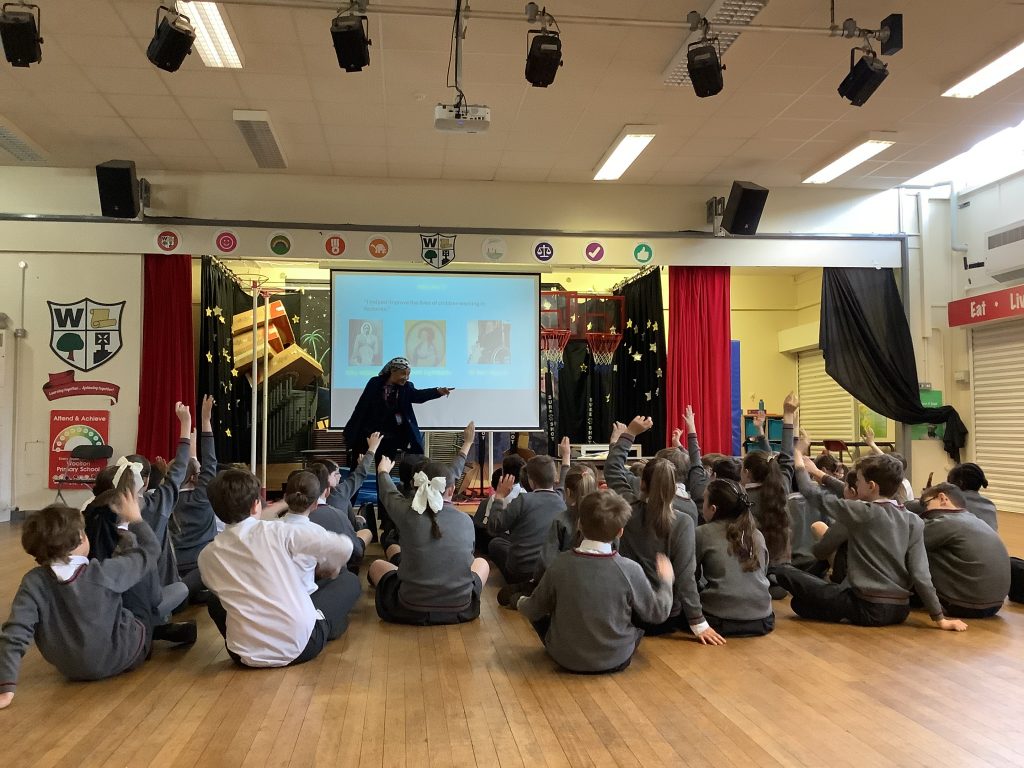

5B enjoyed taking part in a science experiment to work out which substance with jelly created more friction: salt or oil
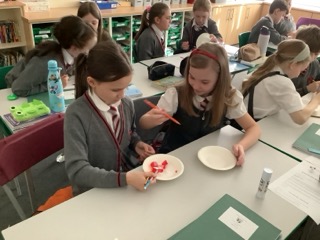

CITY CHAMPIONS! We couldn’t be more proud of our year 5&6 children who were crowned the best Sports Hall Athletes in the city just before half term. You are all superstars!
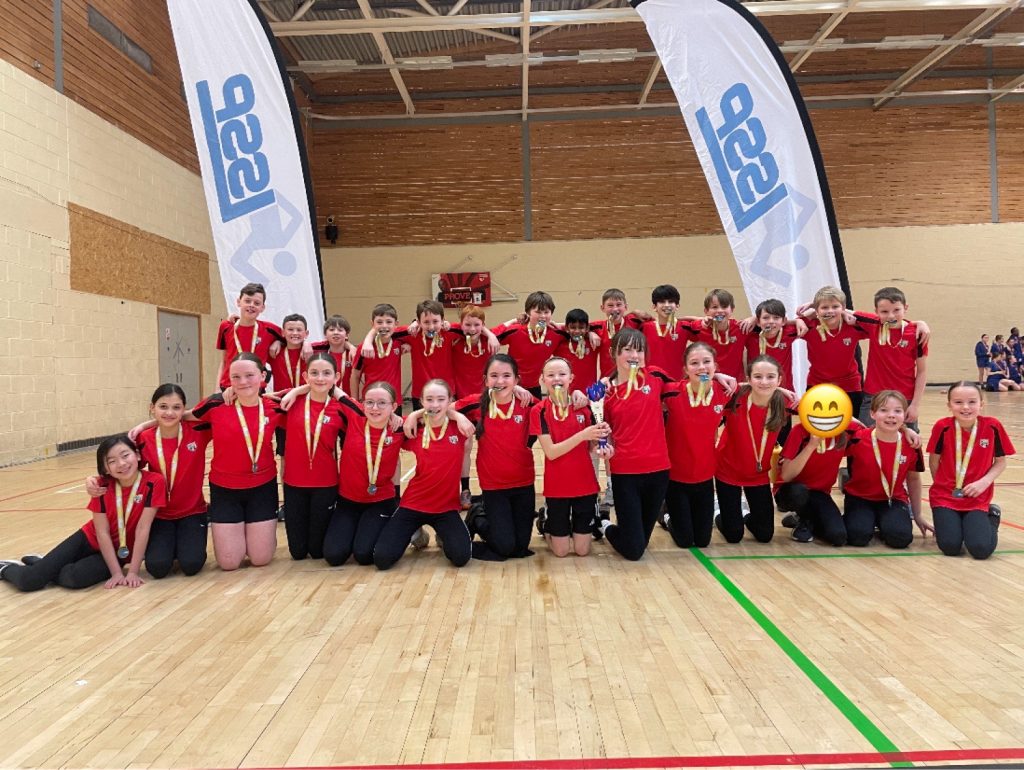
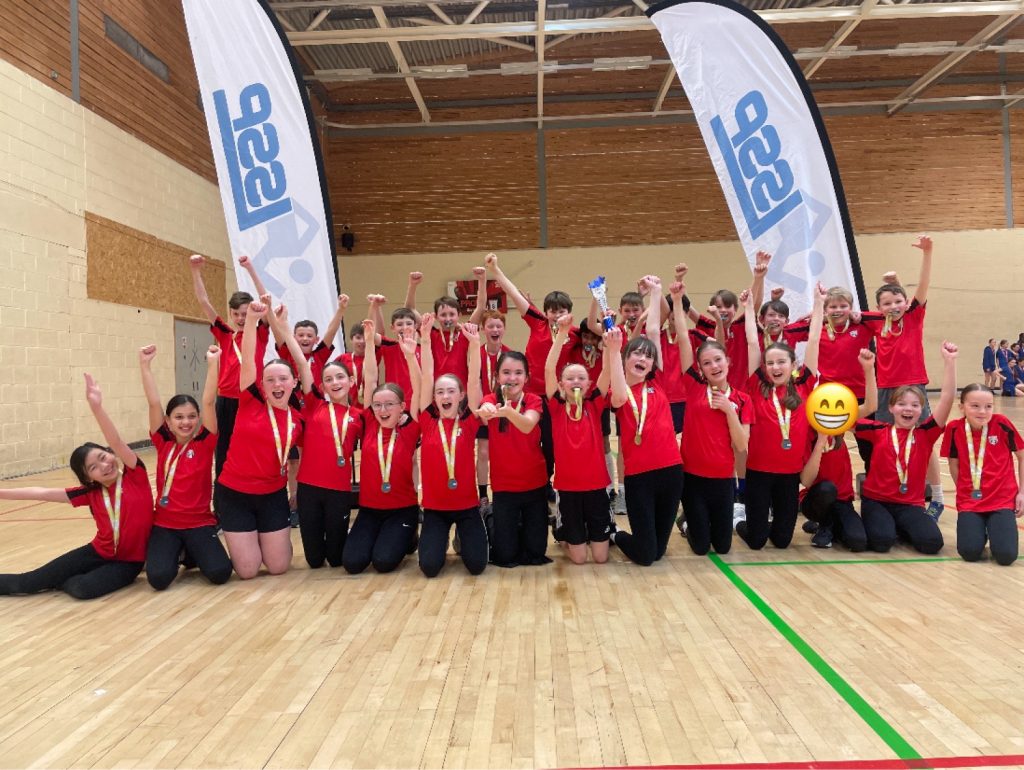

In 5B the children have been finding out about friction. The children carried out a simple experiment to test the impact of the speed of different cars on different surfaces when pushed. They found that smoother surfaces create less friction and rougher surfaces create more friction and slow things down
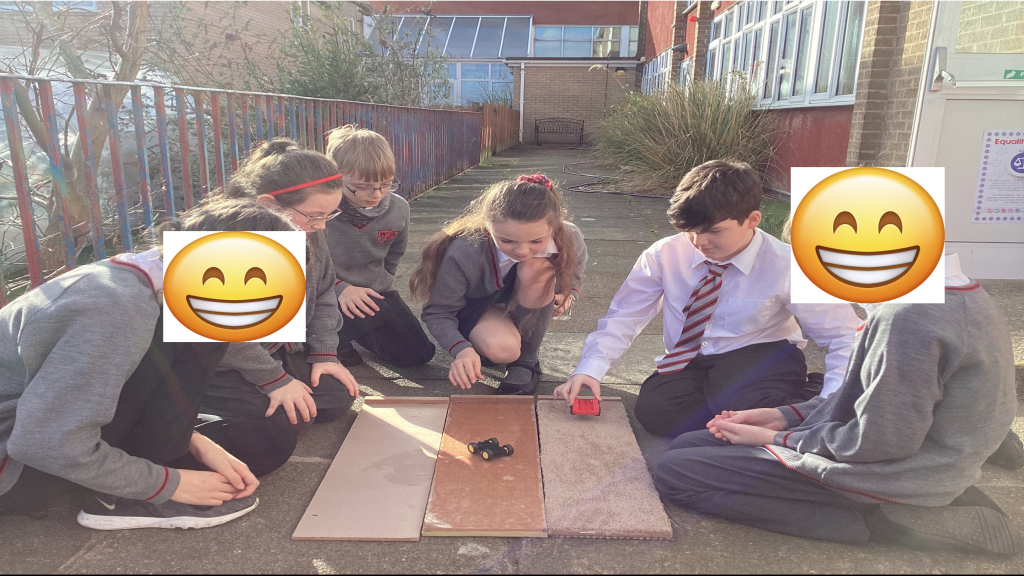

Y4 and Y5 both had assemblies from the Anthony Walker Foundation today where they found out about Anthony, his legacy, the importance of being anti-racist and how to be anti-racist. Thank you to Julie from the Anthony Walker Foundation for presenting these fantastic assemblies!
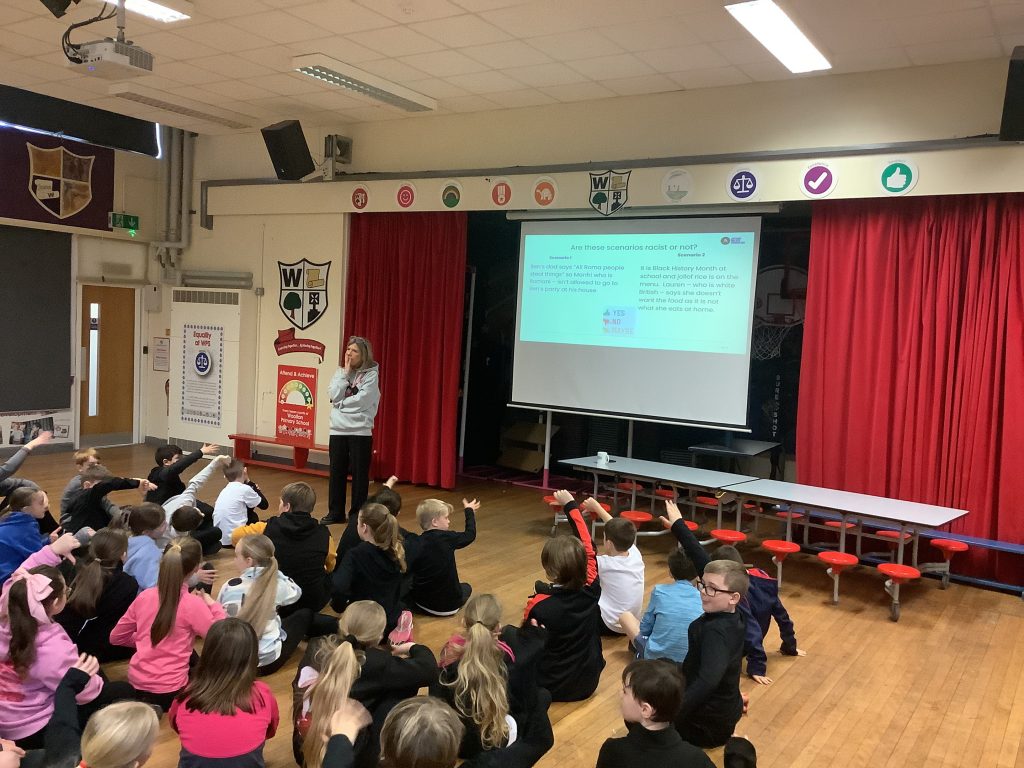
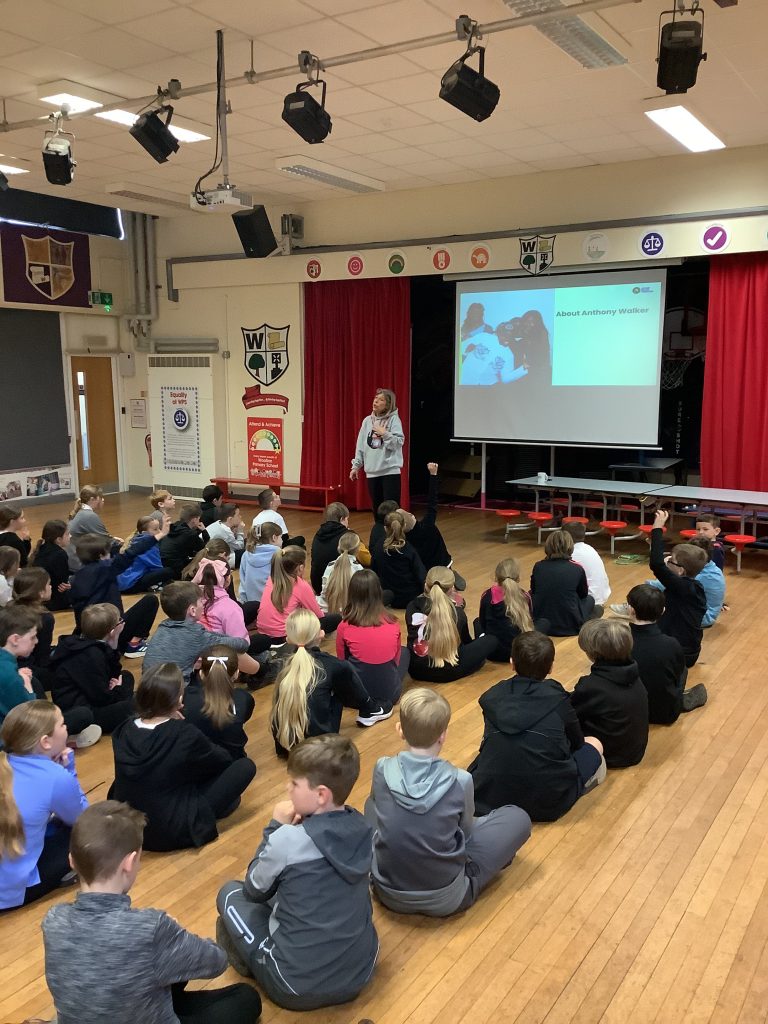

The children in 5B have enjoyed creating art work using different techniques this week based on images of space
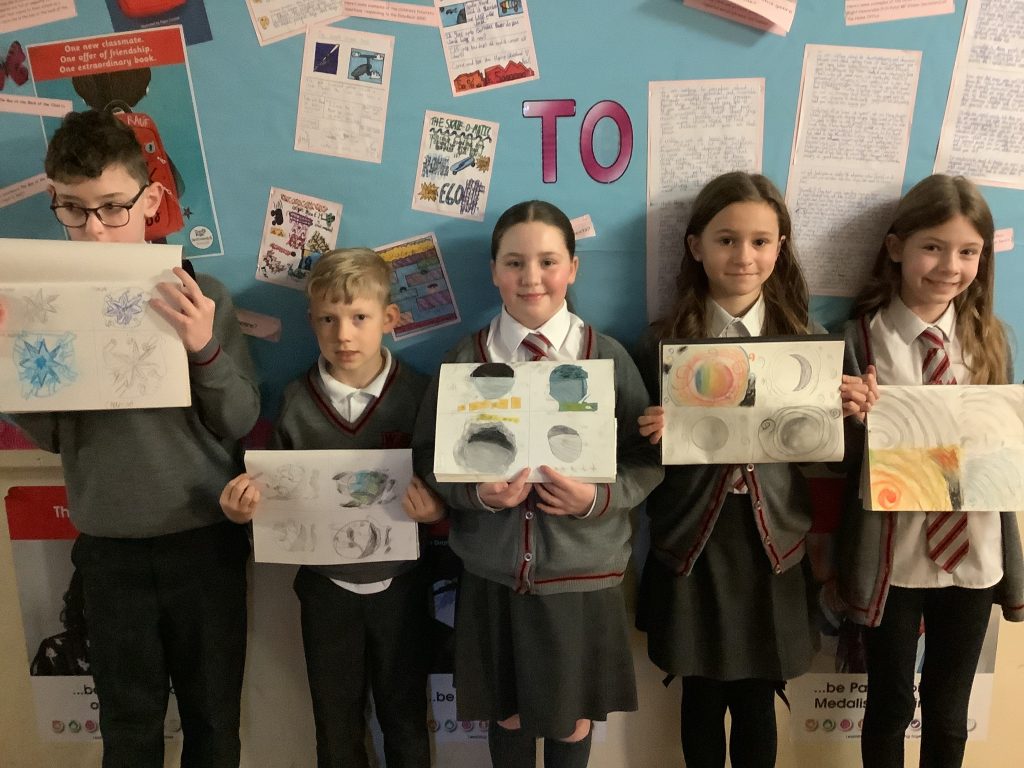

Our Y5/6 children have been busy competing in both Sports Hall Athletics and Girls Football.
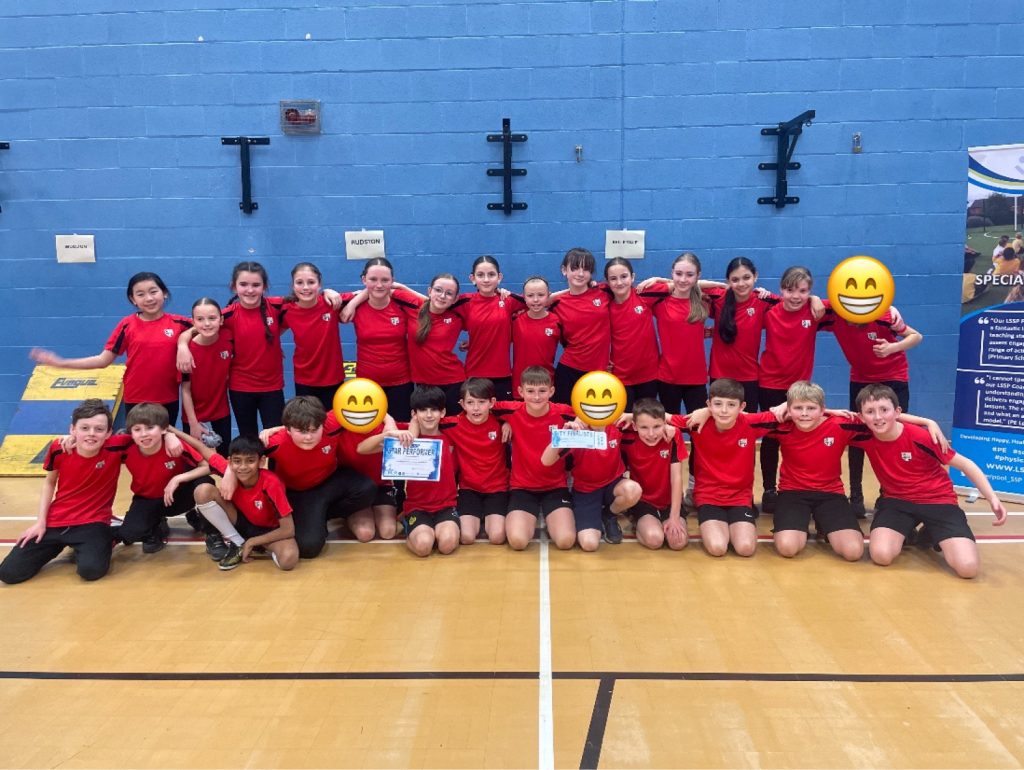
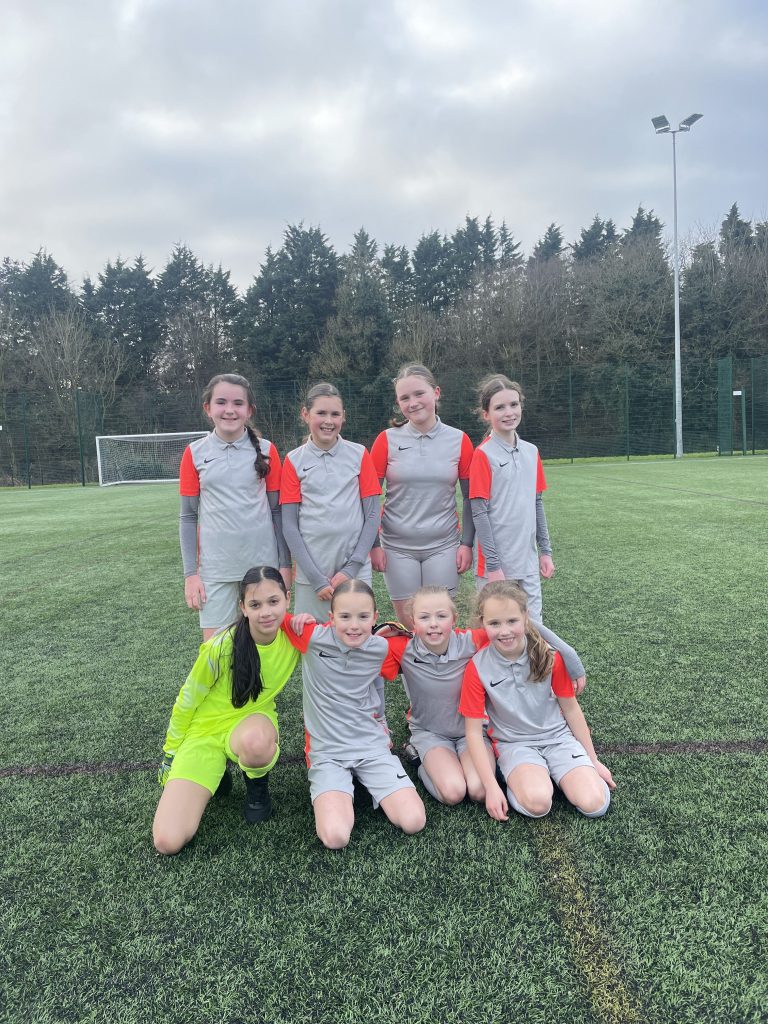

Year 6RM enjoyed a trip to Pizza Express in Speke and had a visit from a dragon! Happy Lunar New Year
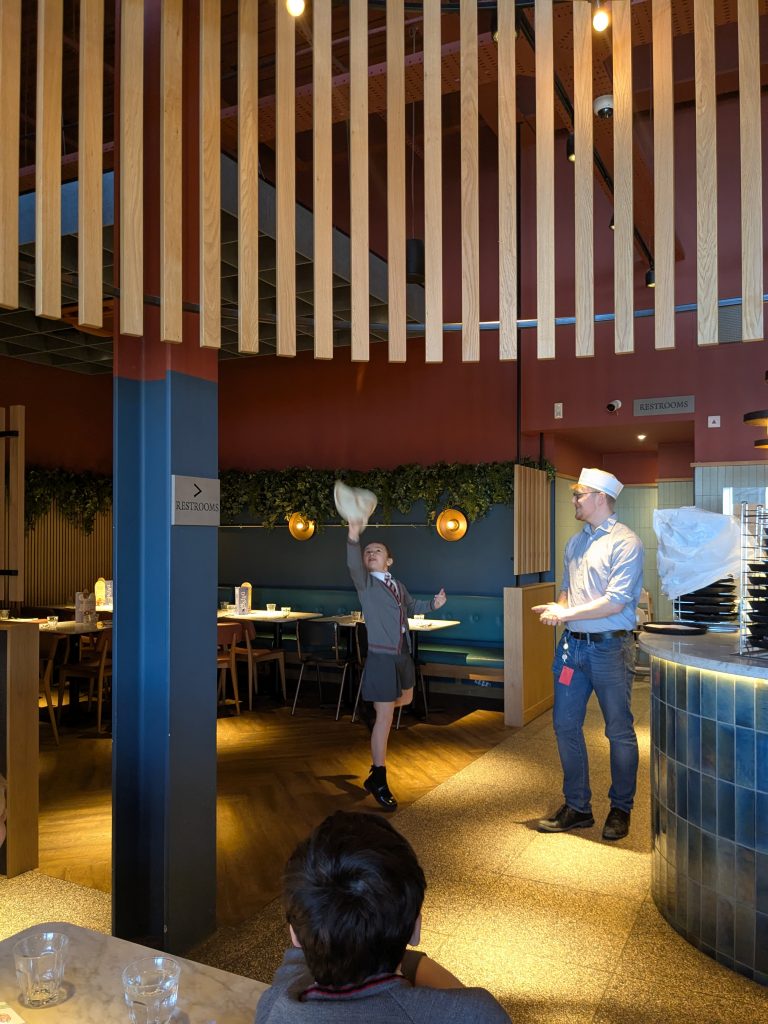
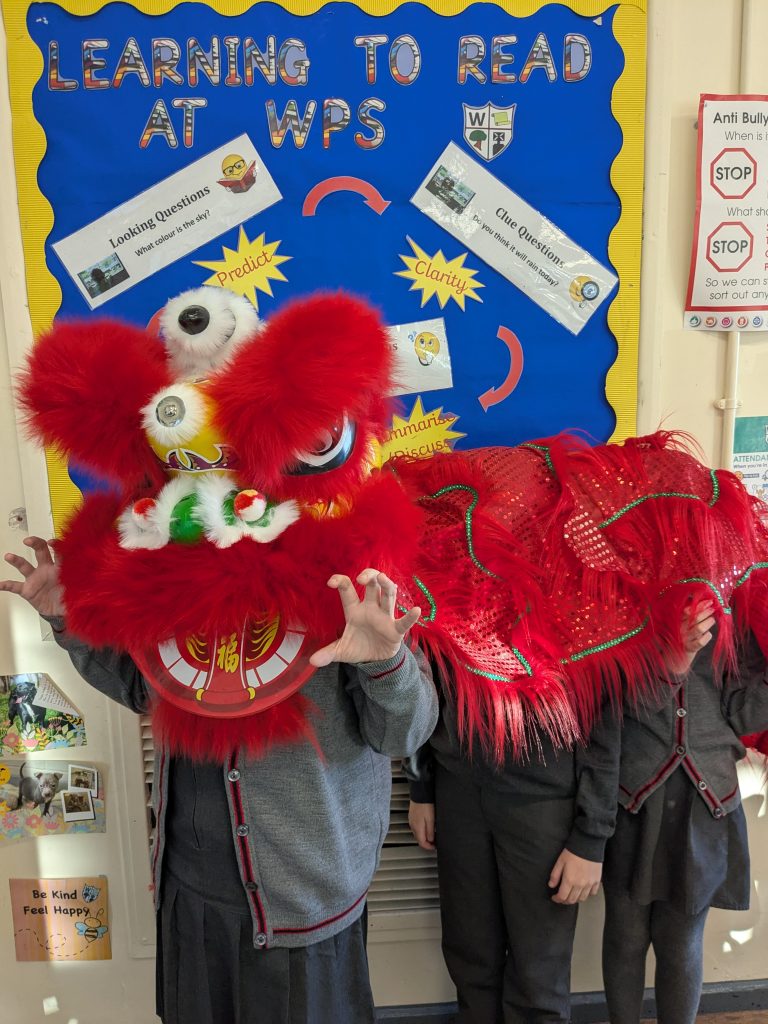

4M had a brilliant day celebrating Chinese New Year. They made colourful snakes,ate fortune cookies and made red envelopes with kind wishes for the people they care for
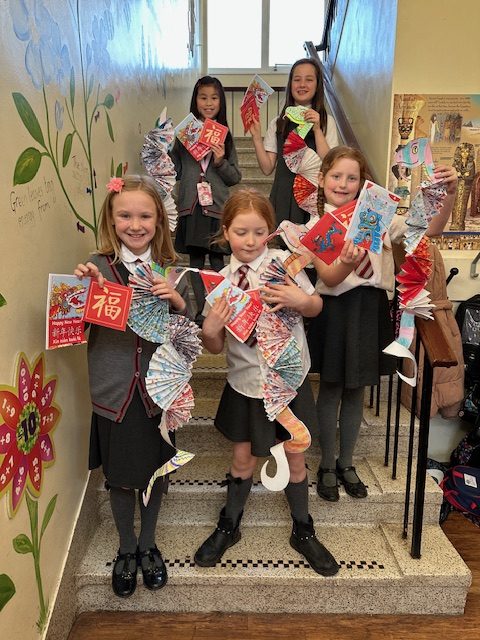

The children in Y5 and Y6 enjoyed their assemblies on the Holocaust with Eric Cohen from Princes Road Synagogue on Thursday. The assemblies focused on discrimination, Kindertransport and showing kindness and equality.
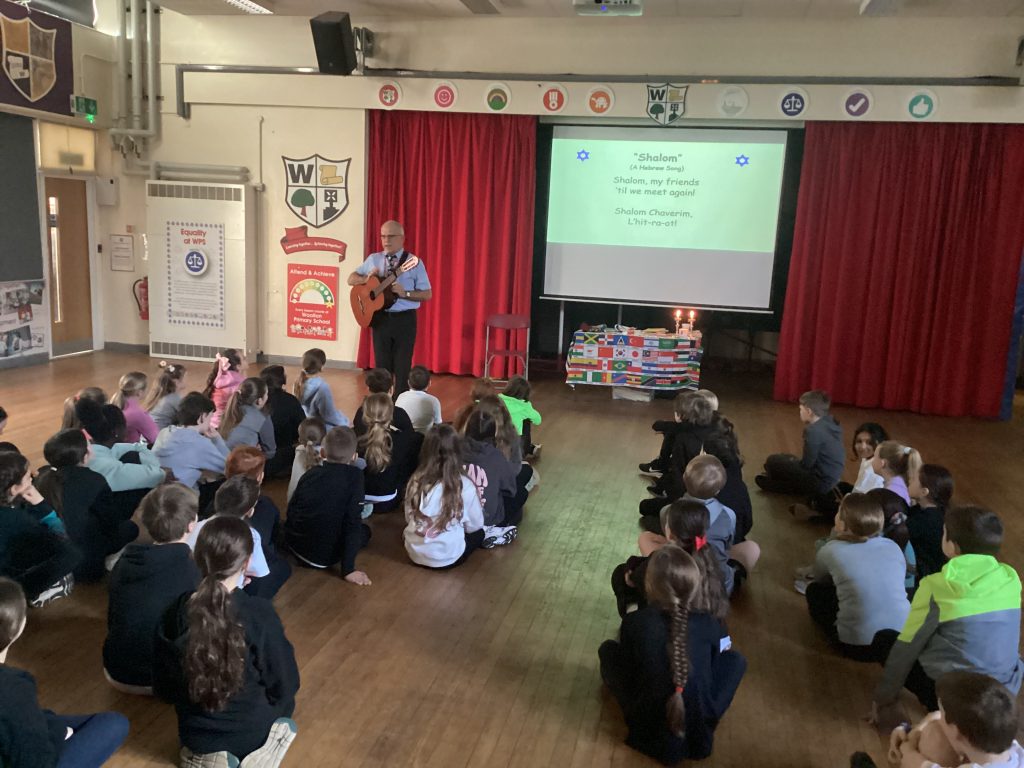
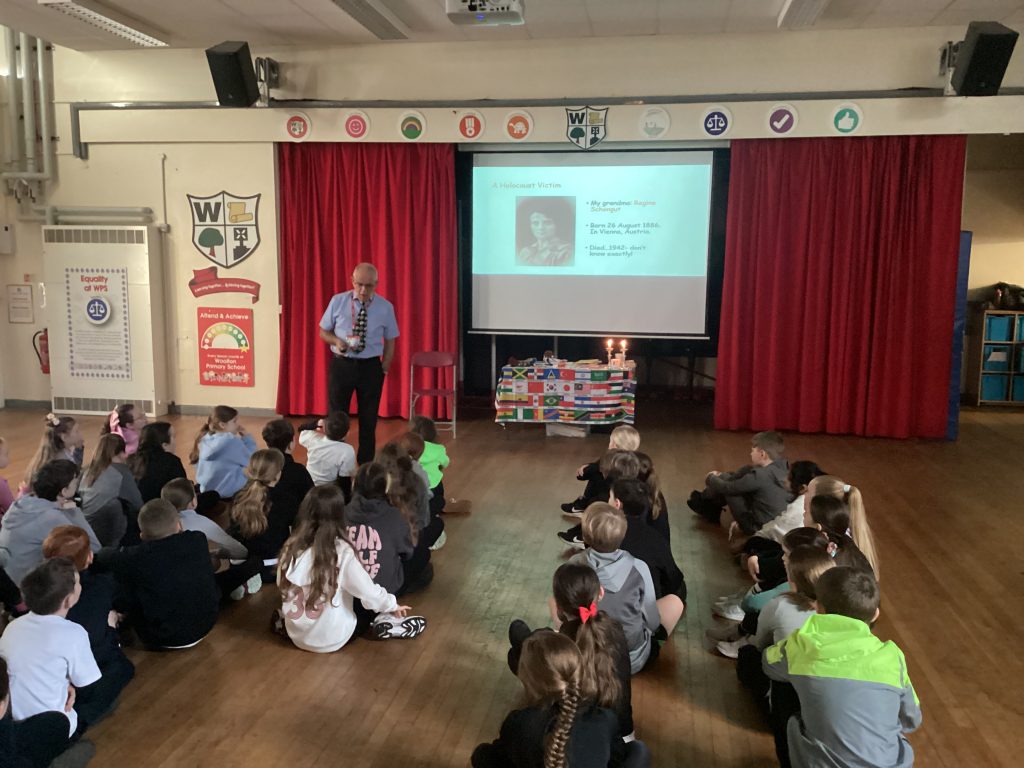

5B have been finding out about migration and have been able to identify and explain the differences between rural and urban places. As well as this, the children have created some fantastic sketches of rural locations.

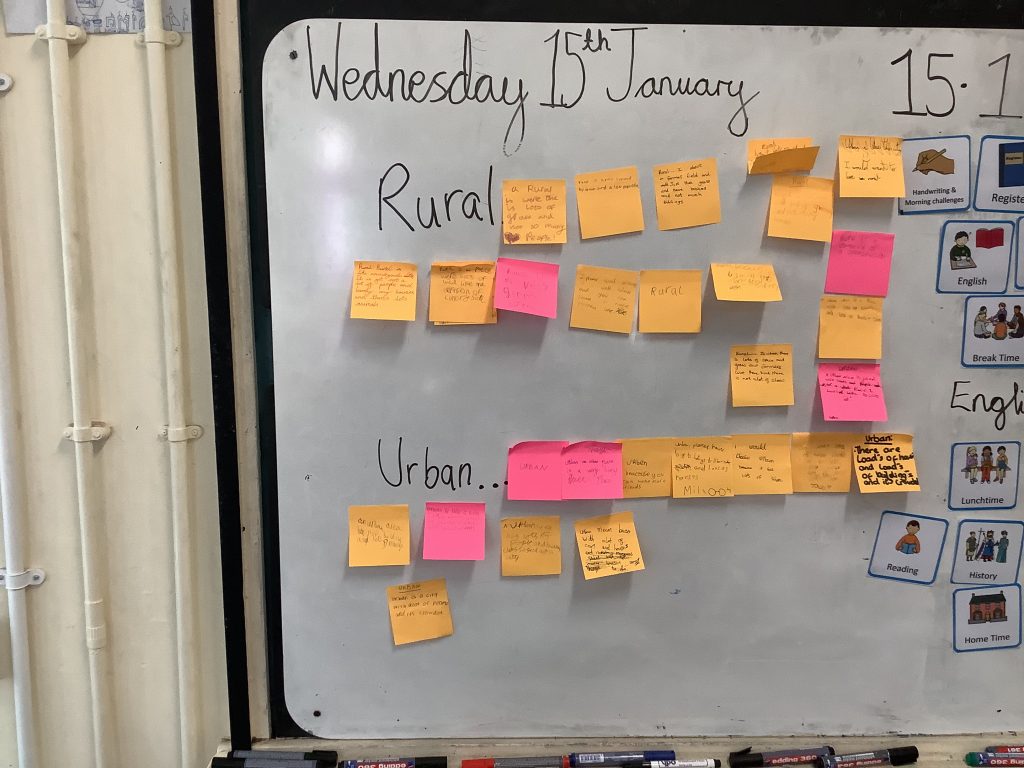


2U have been reading ‘The Incredible Book Eating Boy’ by Oliver Jeffers and were inspired to hold their very own ‘Book Tasting’ lesson
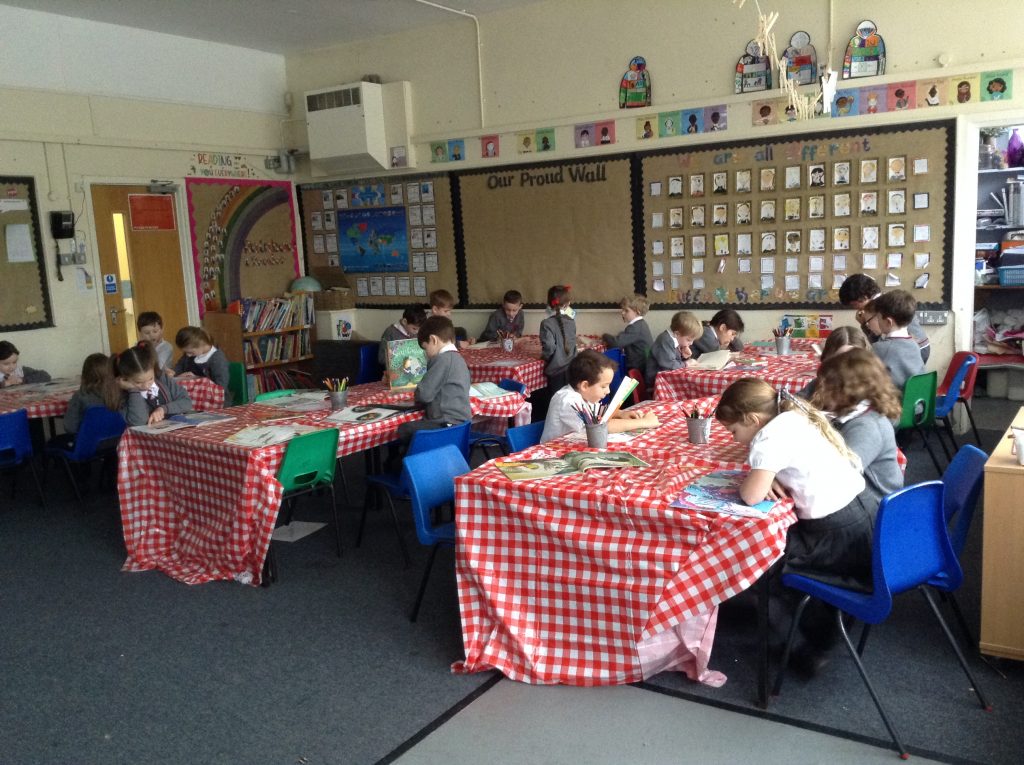

We hope you have all had a restful Christmas break and we look forward to seeing you all this morning. Please take care on your journey to school, the roads near school are very icy.


WPS wish you a very Happy Christmas and New Year! We will be returning on Tuesday 7th January at 8.45




Lots of Christmas time fun in 1C, singing and dancing, art work, Christmas dinners and pulling crackers!
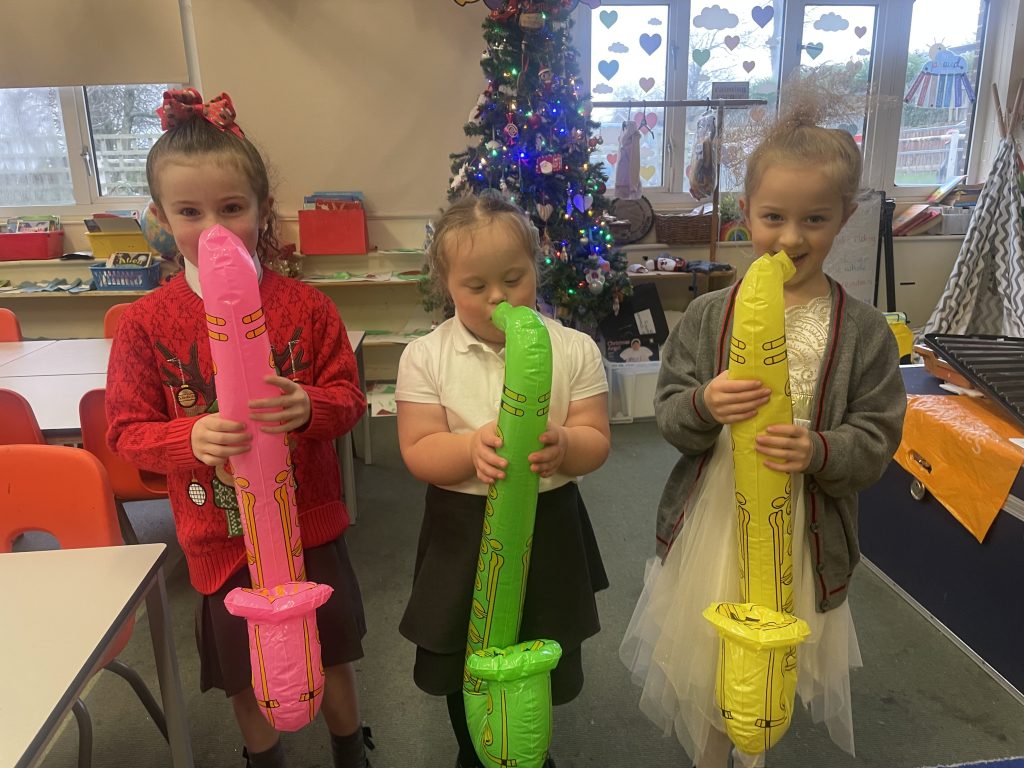
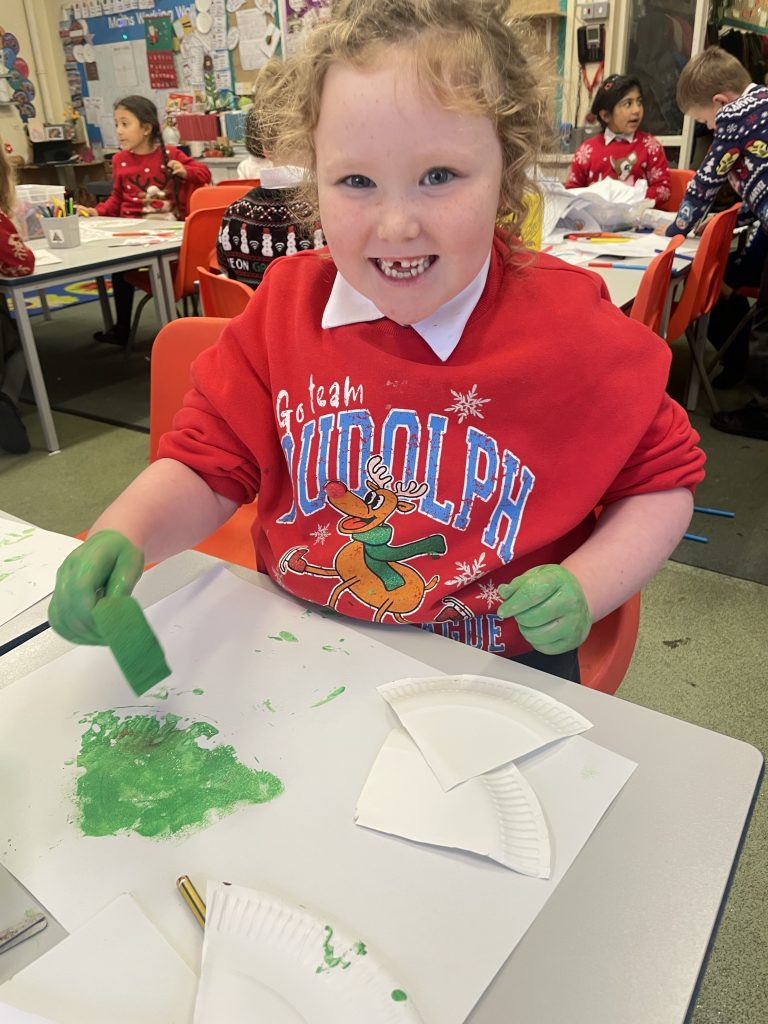
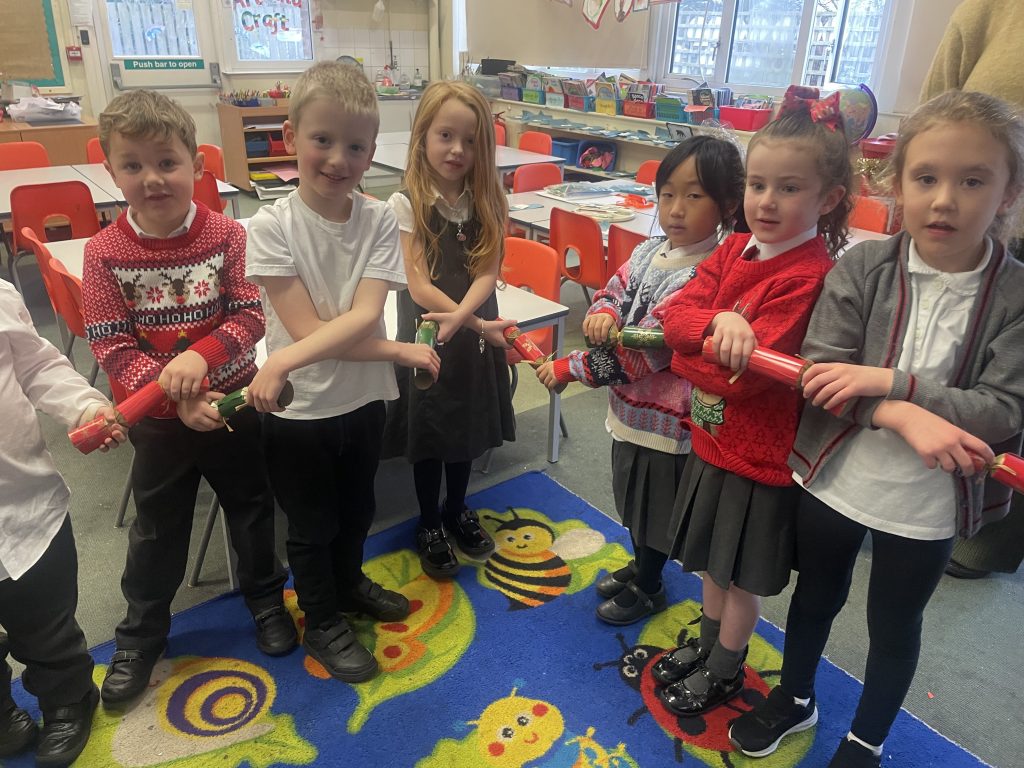

Year 2 enjoyed their festive trip to St James’ church to learn all about the Christmas story!
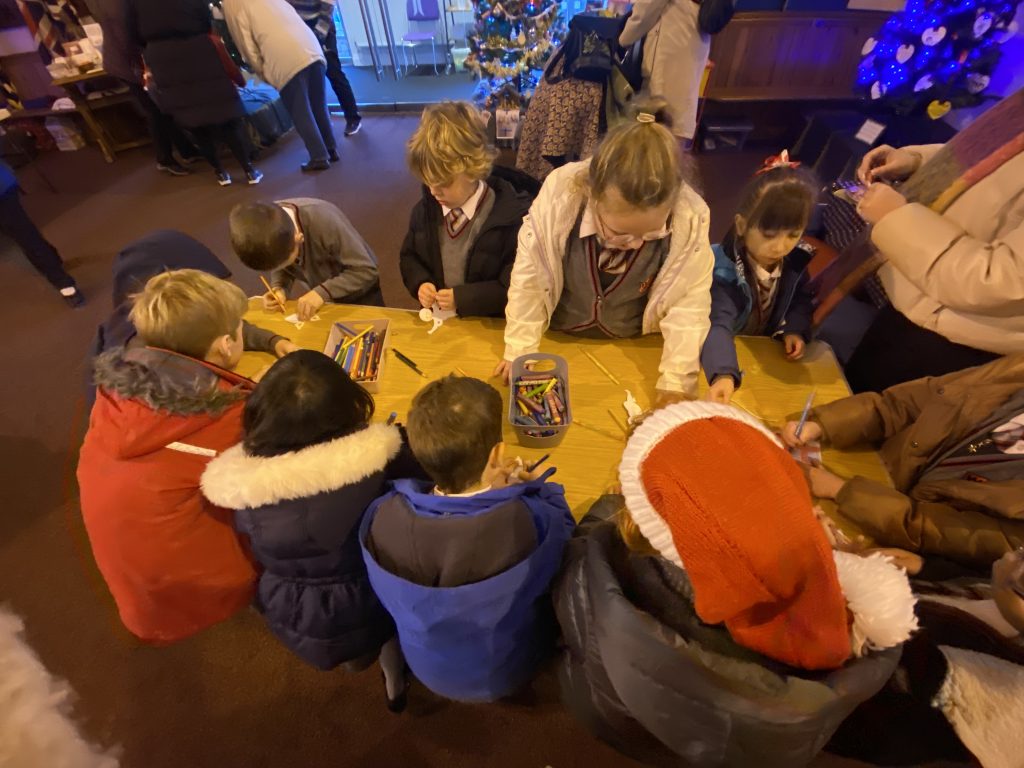
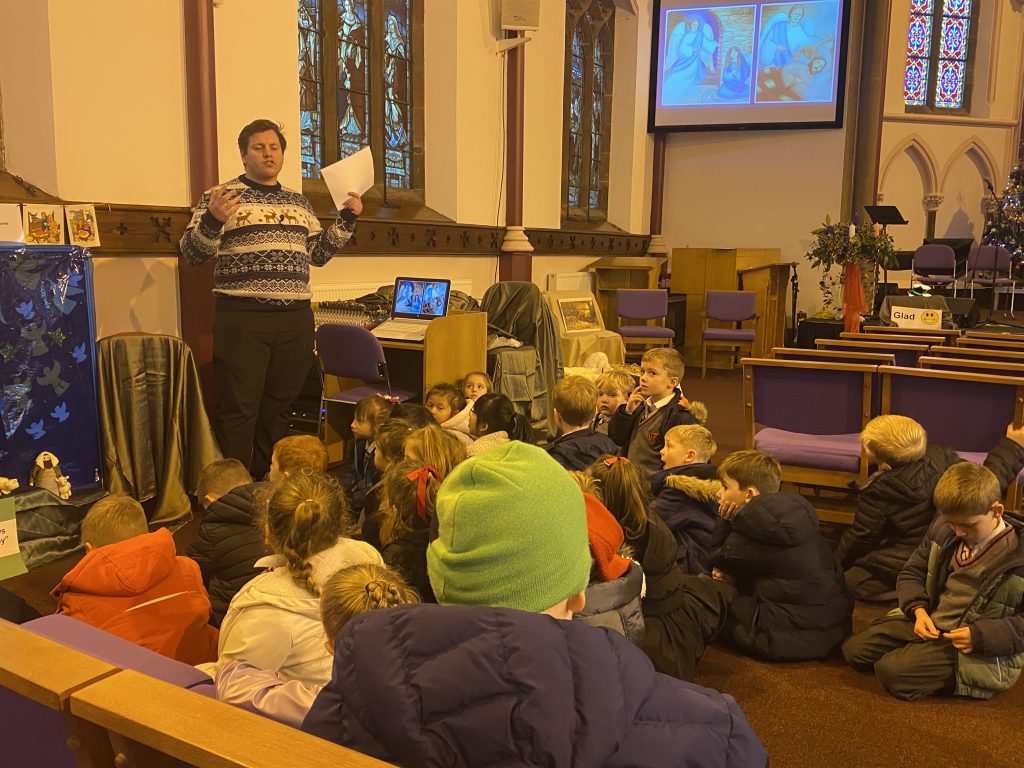

Our year 6 elves have been spreading Christmas cheer by reading festive stories to our Year 2 children!

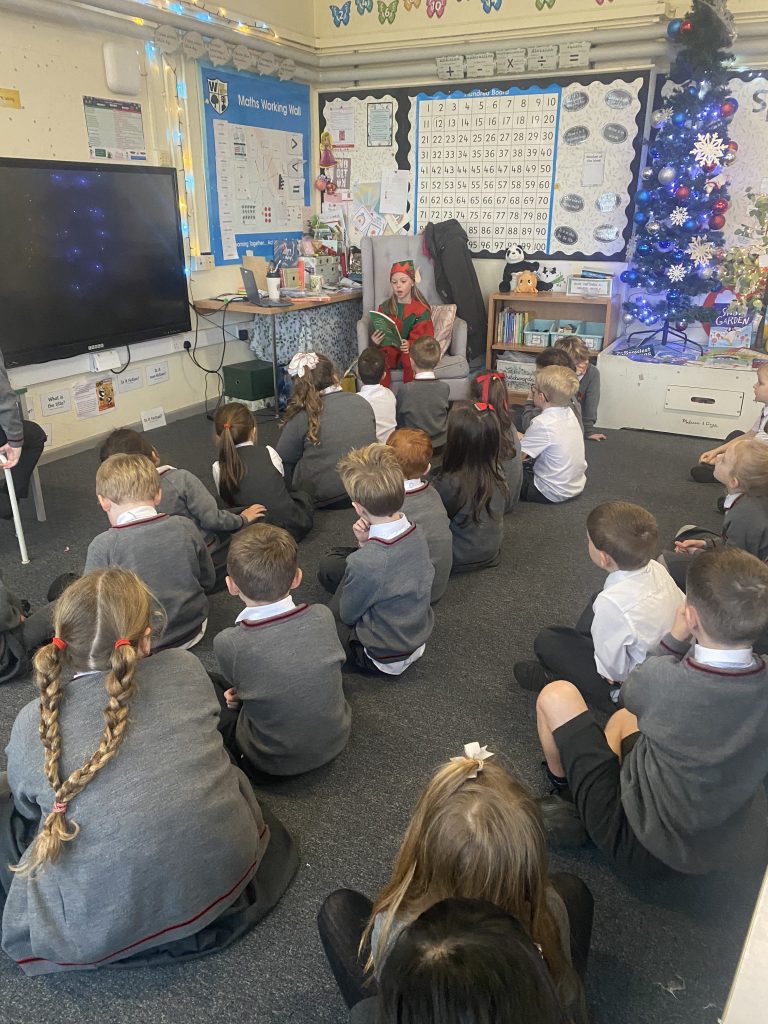

We are extremely proud of our Y3/4 Sports Hall Athletics team for finishing as runners up in the LSSP City finals. To finish in second place in the entire city is a fantastic achievement.


5B have had great fun making towers, chairs and other wonderful structures as part of DT curriculum week!
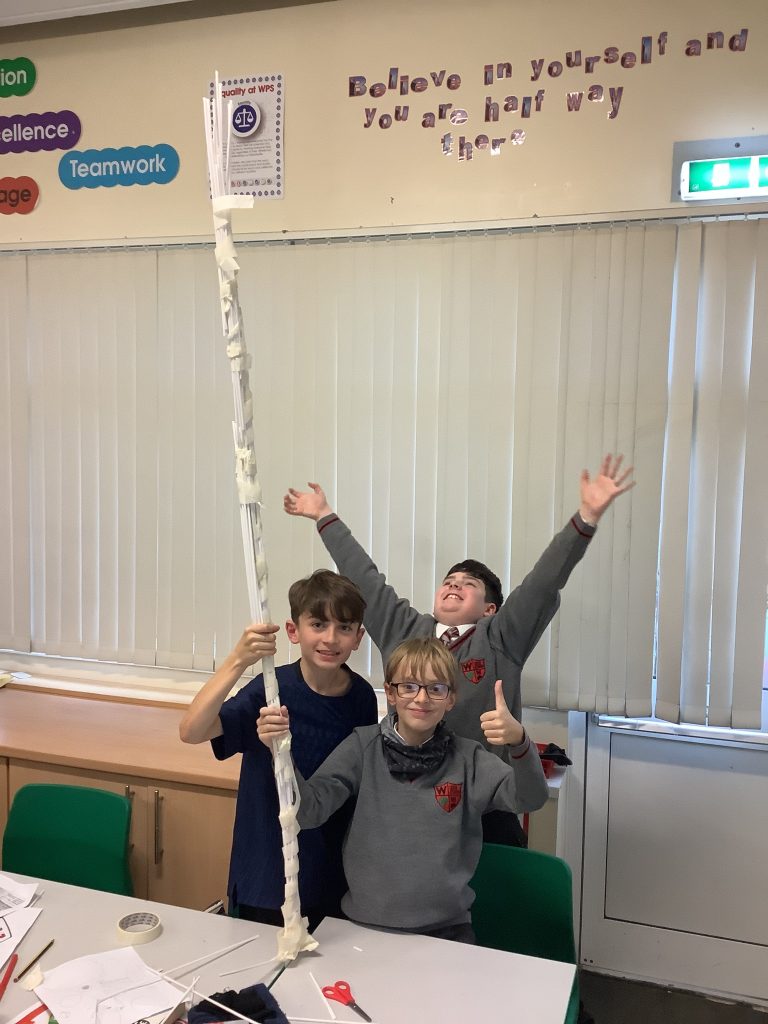
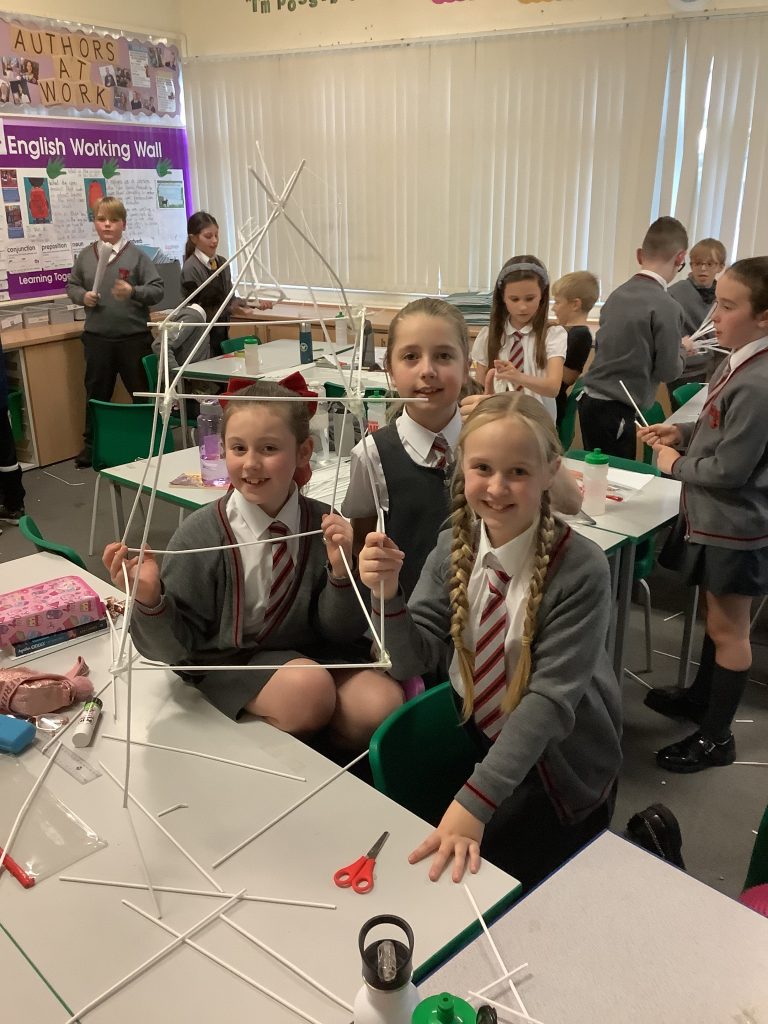
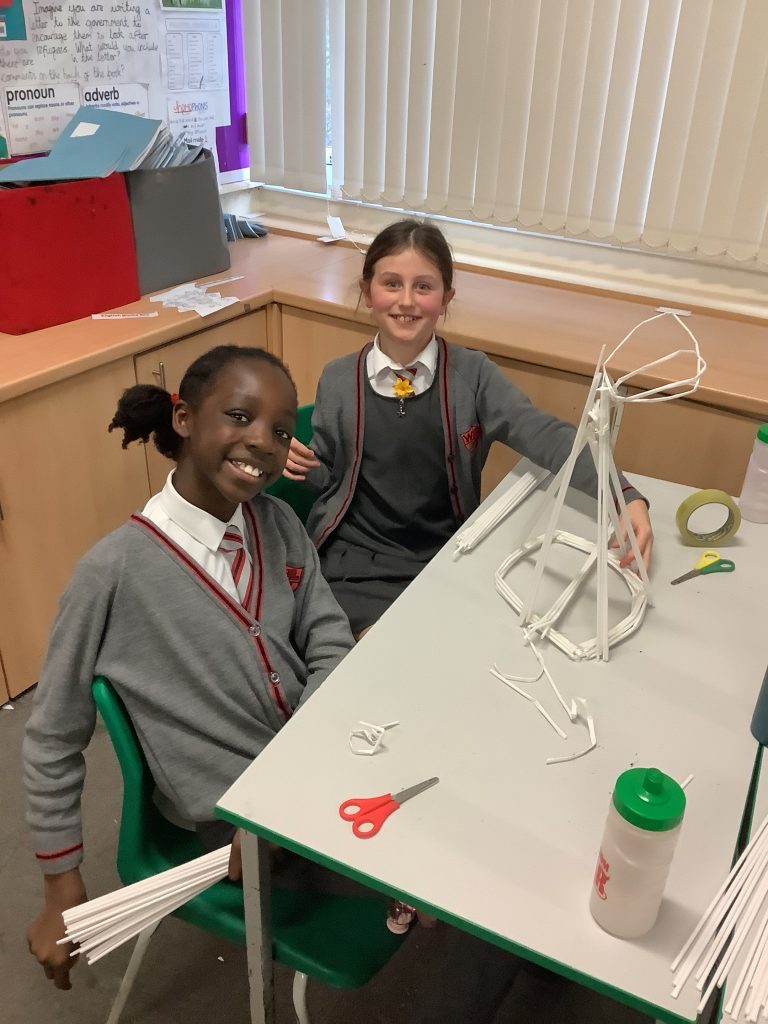

5B tested a range of different materials such as sand, oil, salt, sugar, instant coffee and rice to find out if they were soluble or insoluble
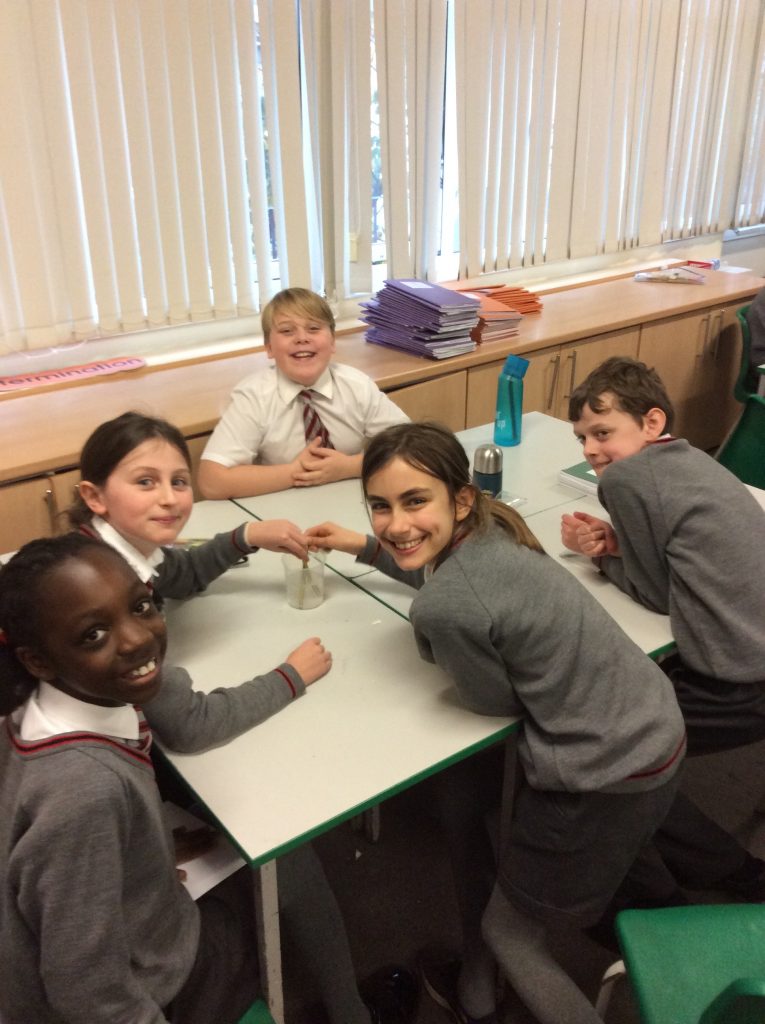
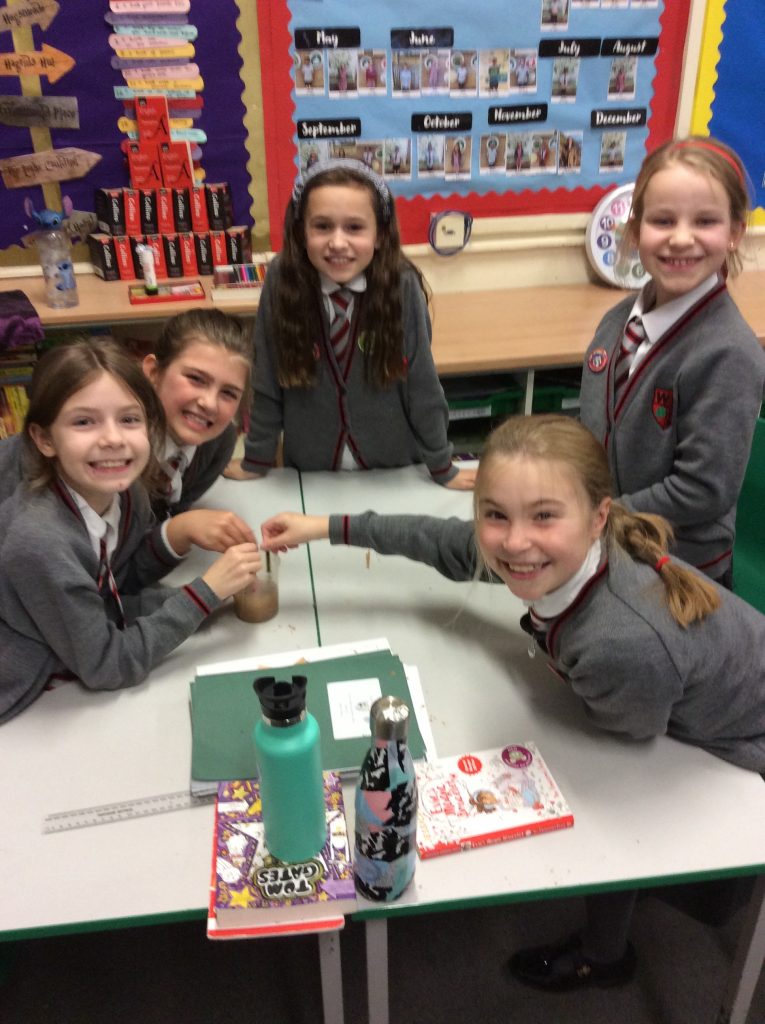

Nursery have been learning about abstract artist, Frank bowling, as part of their learning for Black History Month. The children used their gross motor skills to create marble paintings and also used their fine motor skills to fill pipettes and create a vertical piece of art.
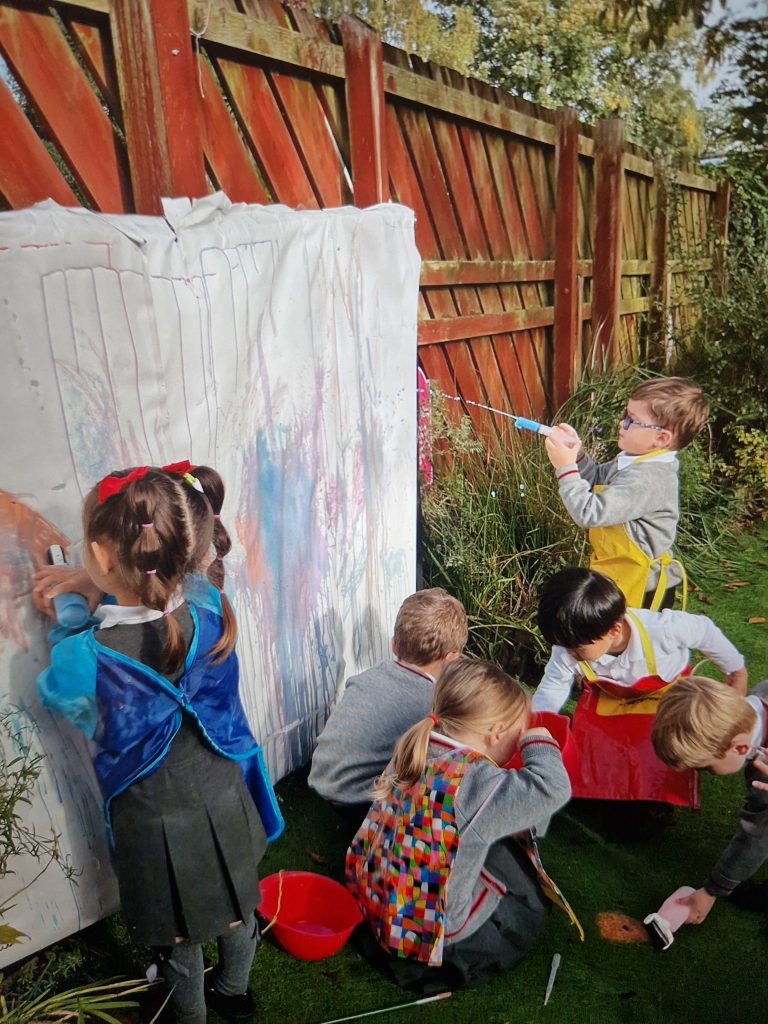
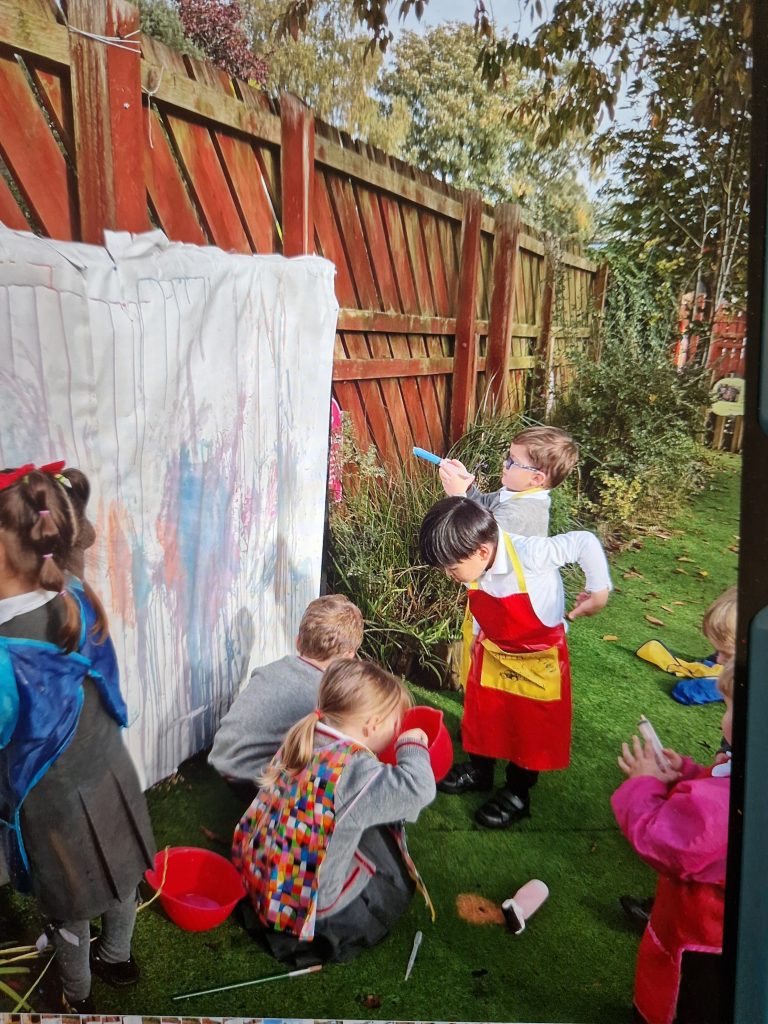

1BM had lots of fun and relaxation for World Mental Health Day. We all brought our teddies and blankets in (even Miss Munroe) to help us relax. We read Ruby’s Worry before creating relaxing jellyfish and Worry Dolls
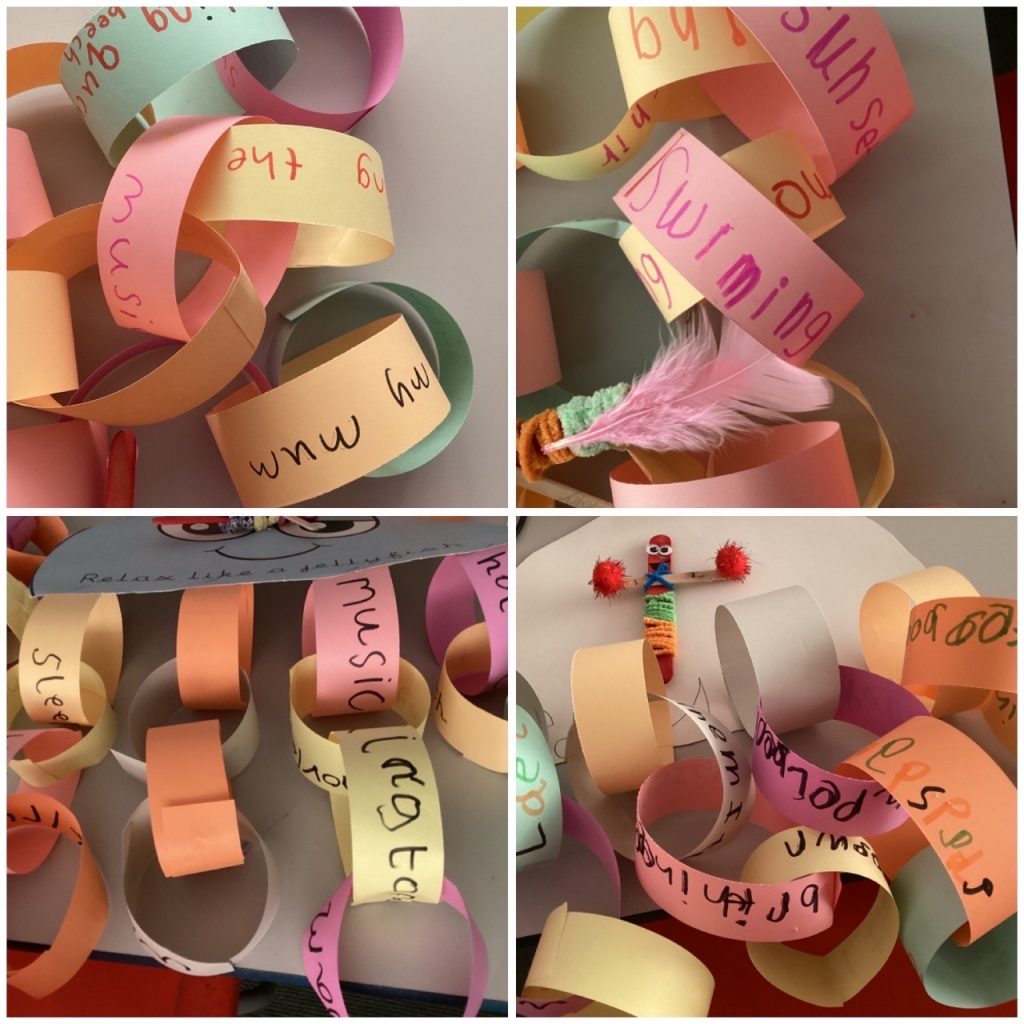
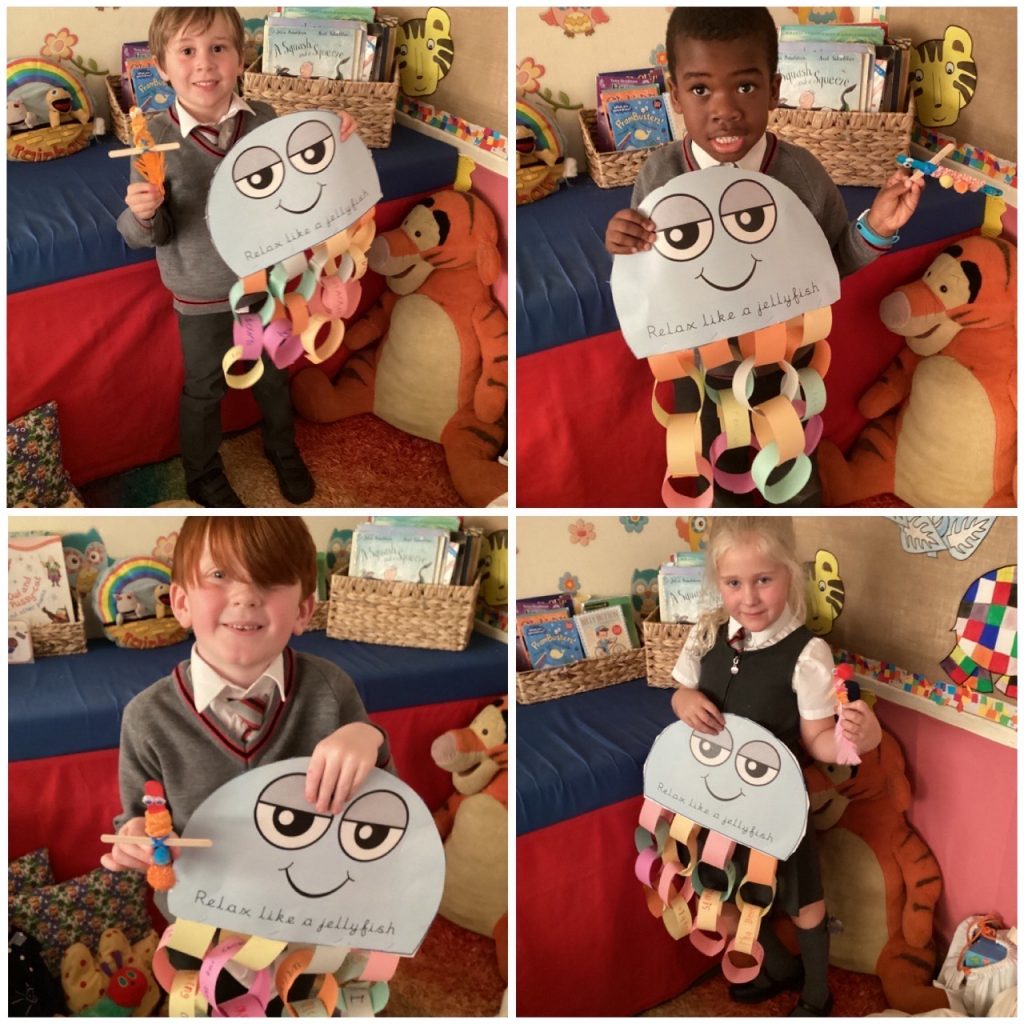
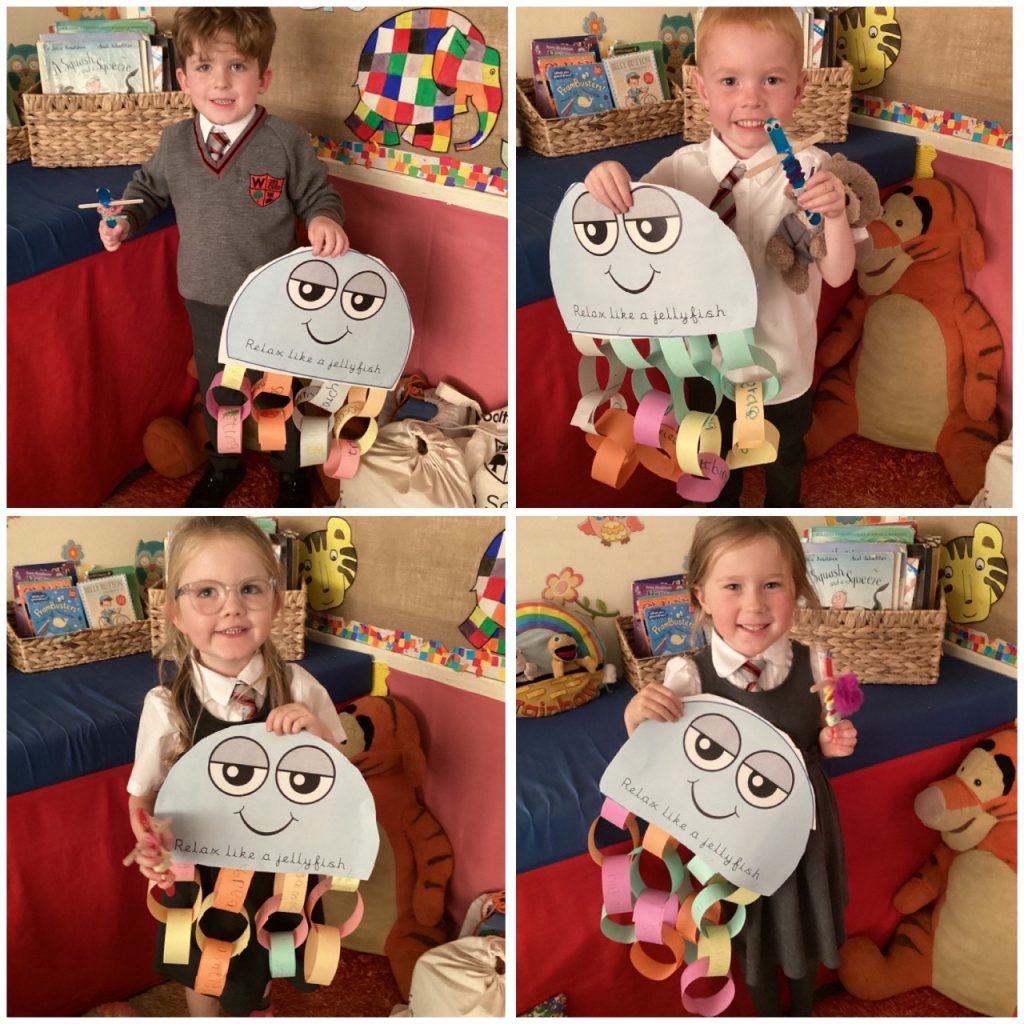
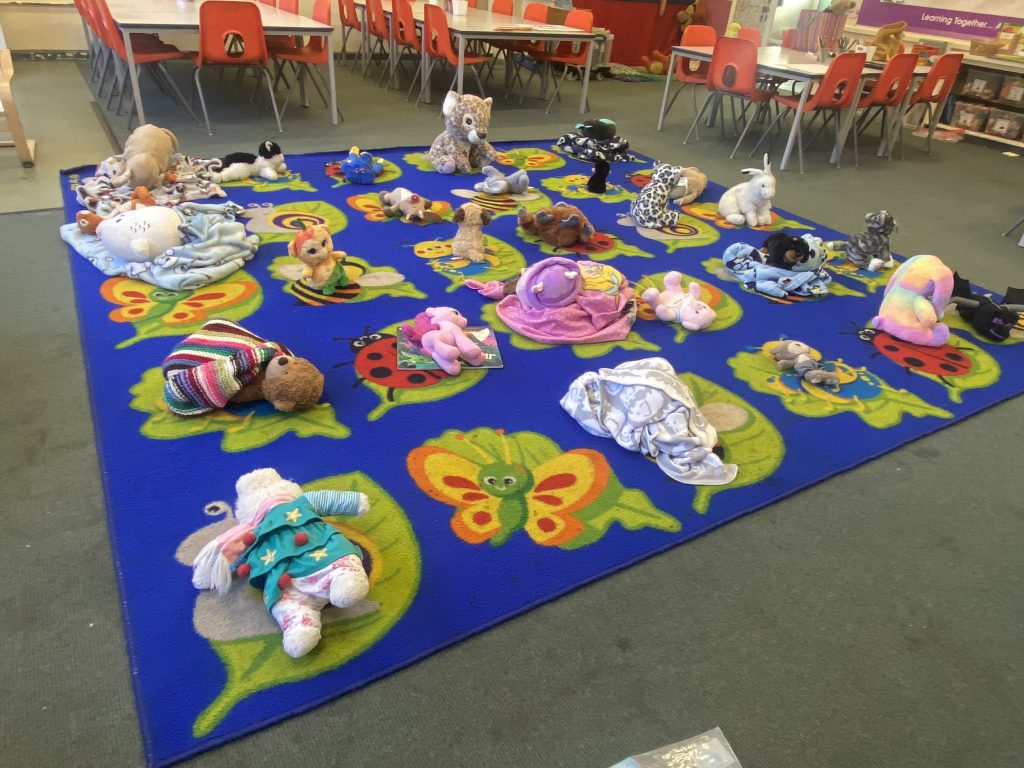

5B have been writing letters to Katarina Johnson-Thompson as part of their work during Black History Month



3Dg completed a science experiment this afternoon to see how water travels through a plants
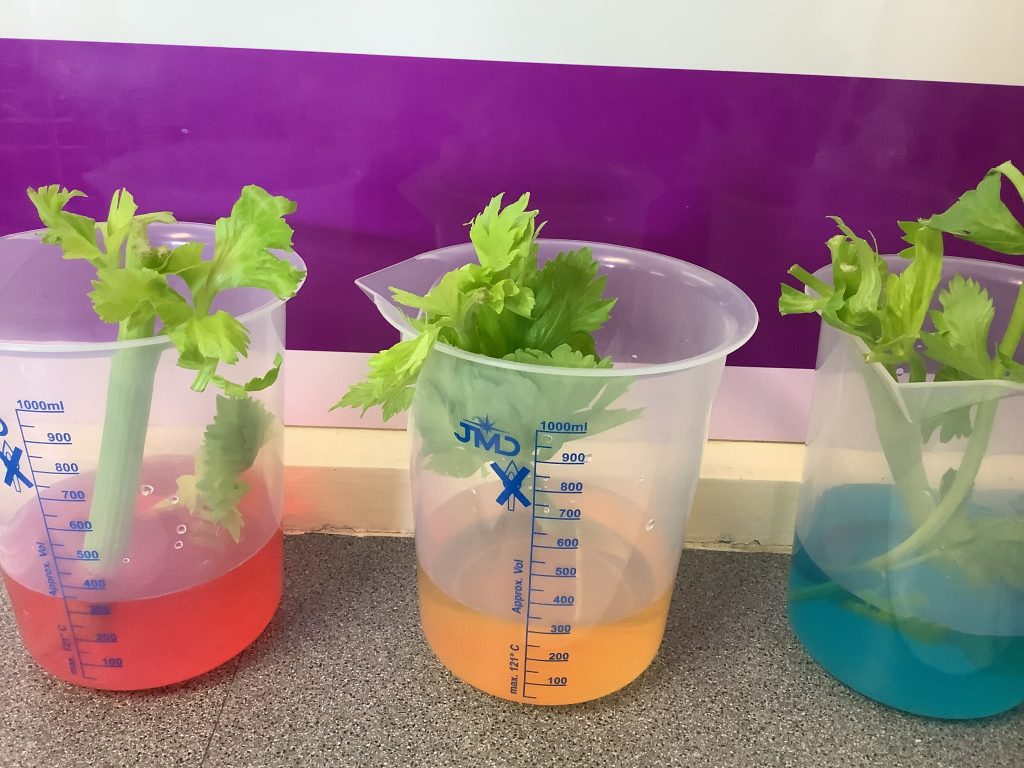

Thank you to Merseyside Police who visited our Year 5 children this week to deliver a Bonfire Safety assembly
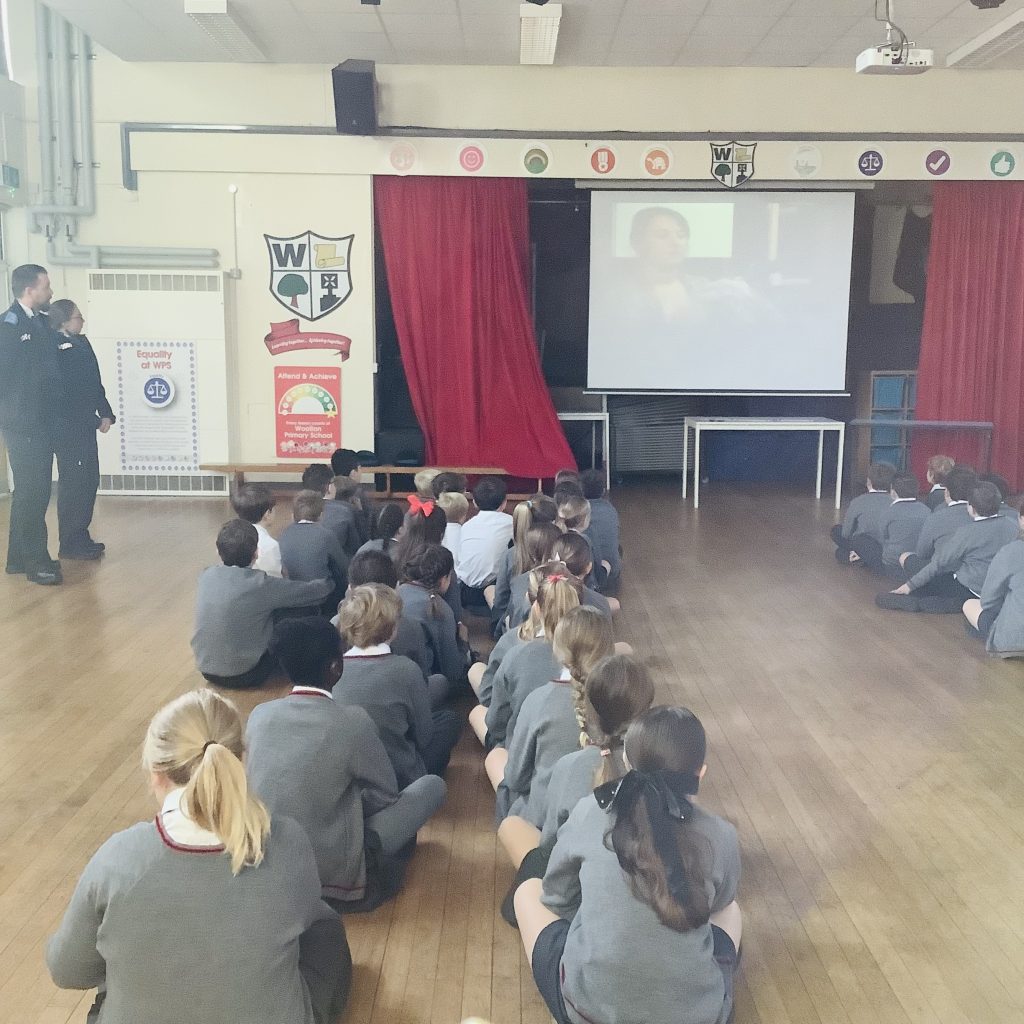

A few pictures from Nursery’s Maths Party where they enjoyed a rhyme time session online and playing in their train station role play area outside. They used positional language and numbers for group work.
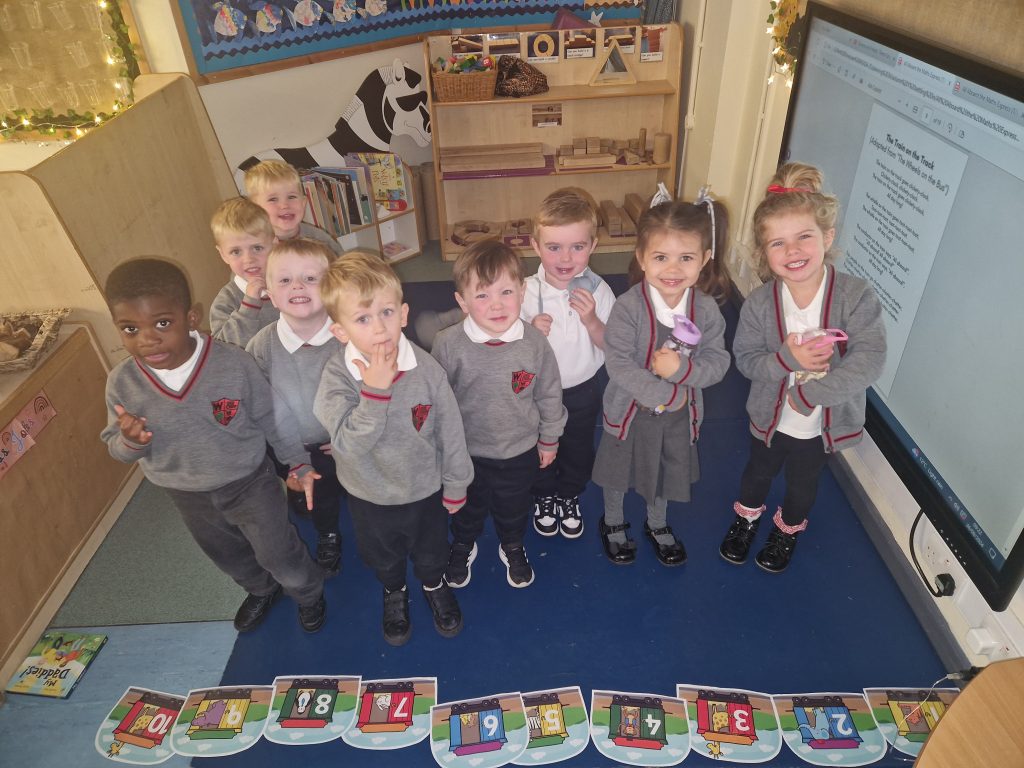
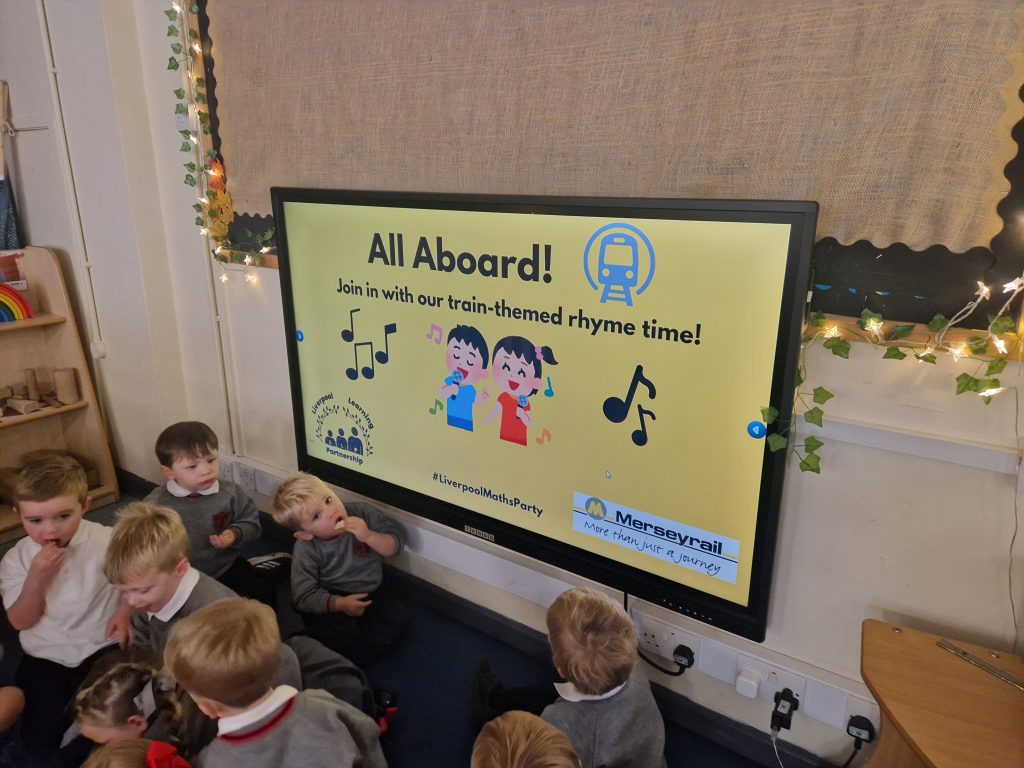
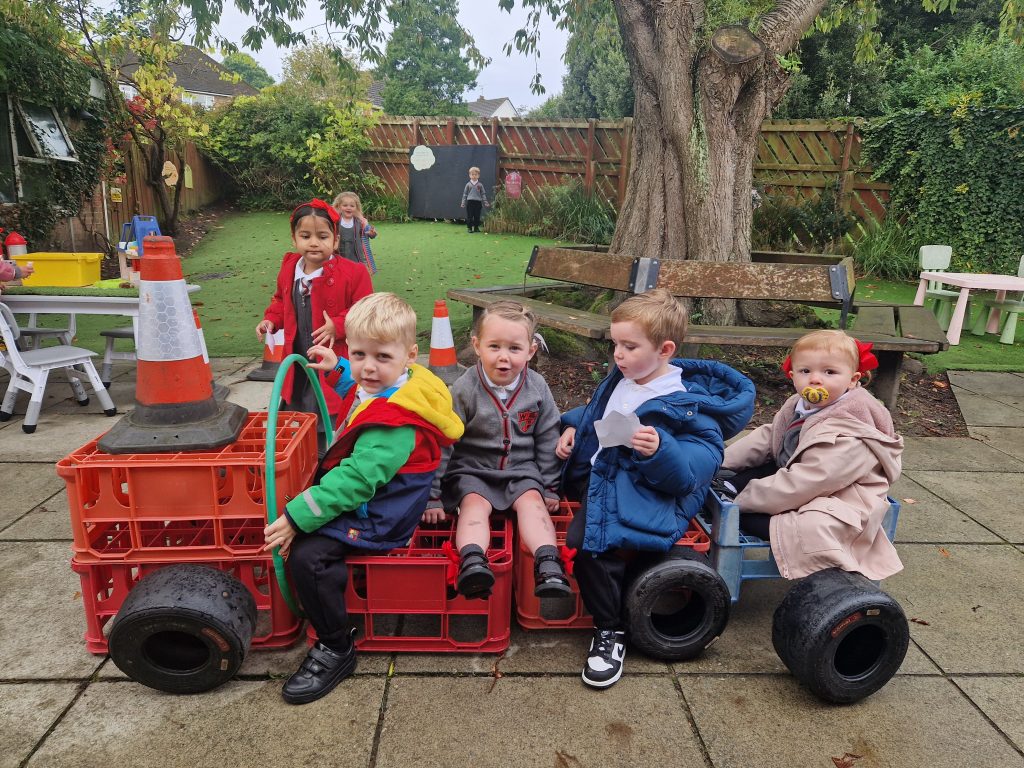
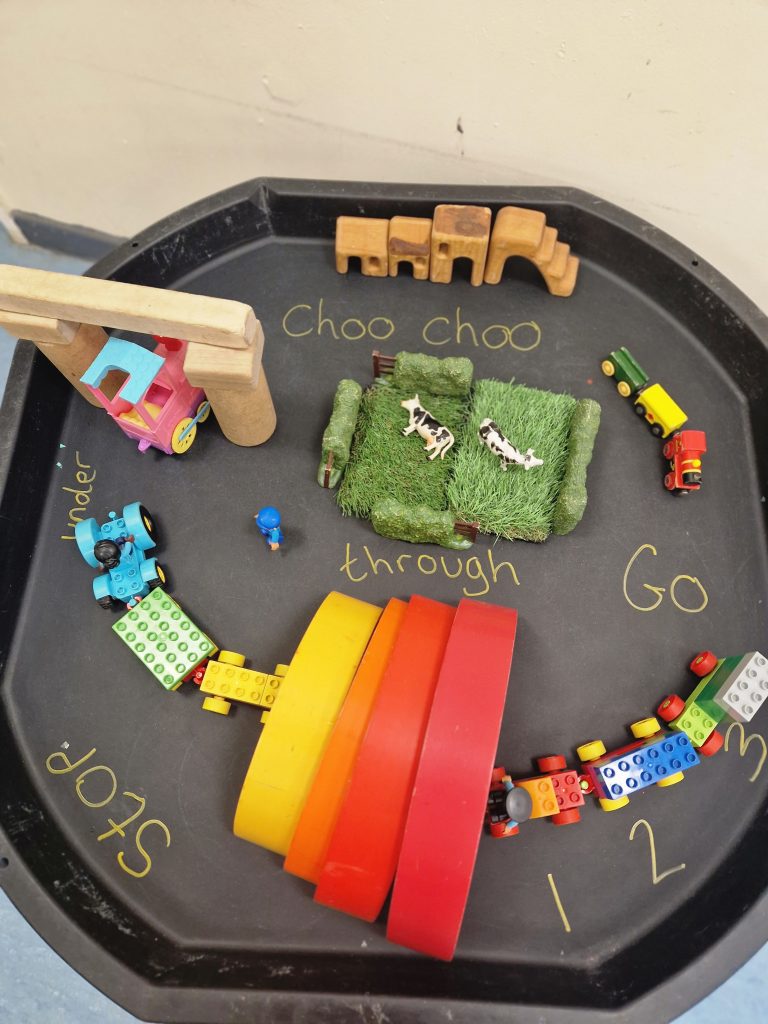

Well done to the Woolton Cross Country Team for showing great courage and determination during their races!
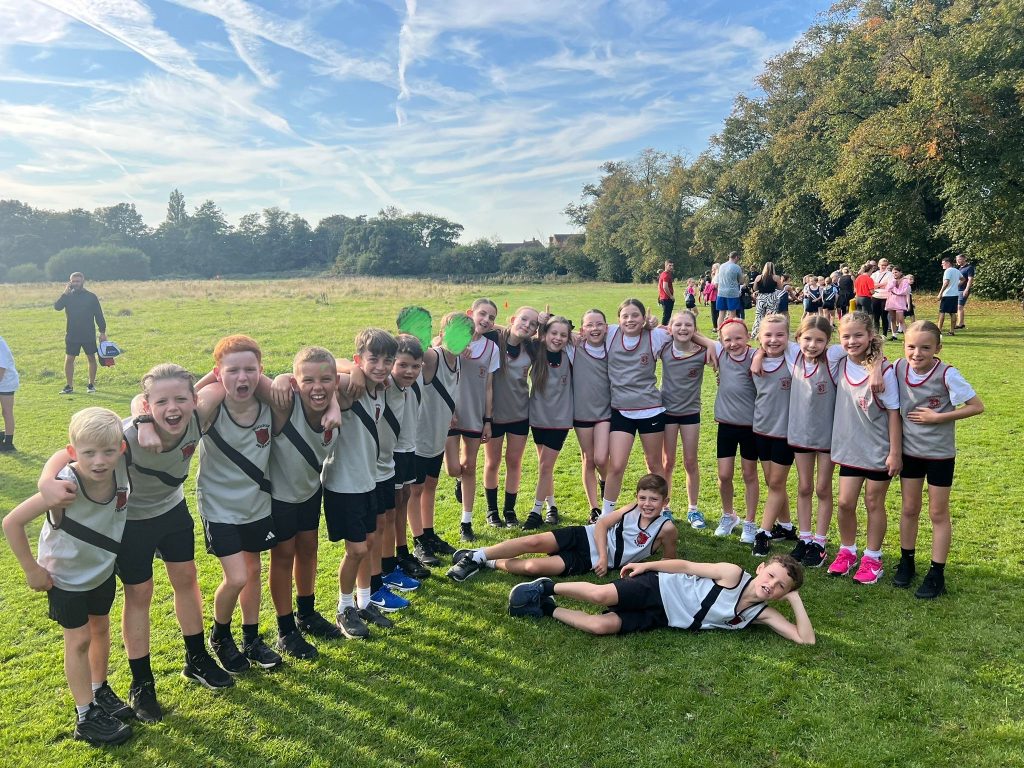

5B have been finding out about independent and dependent variables in science. The children have been looking at the impact of baking soda (independent variable) on the height of vinegar volcano (dependent variable).

The first sporting event of the school year took place yesterday with our children in Dodgeball action. Thank you @liverpool_ssp for a fantastic morning as always and we look forward to competing in even more events this year!
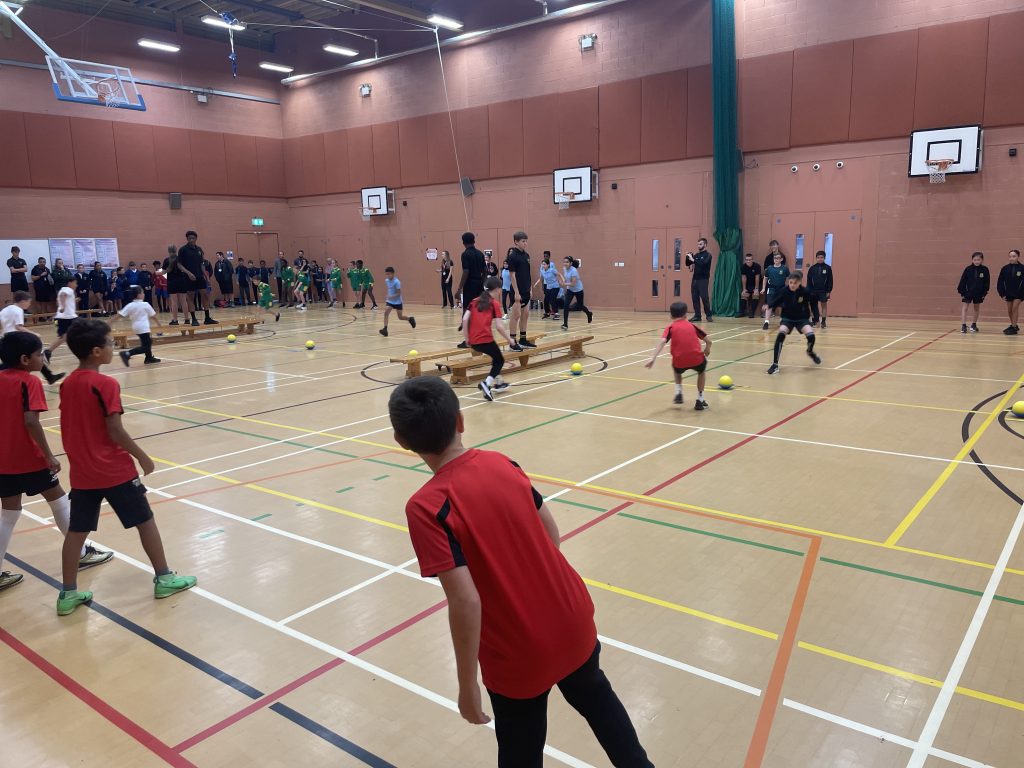

Thank you to Gill Rowlands from EMTAS who attended our Y6 assembly this morning to present WPS with the John Cole Award for Equality. Our wonderful Y6 Values Team received the award on our behalf. Well done team!
428
Year 3 started their first topic in English, which was introduced by Andy the magician! They had a wonderful time watching the fascinating magic show and learning some magic tricks using rubber bands, cups and cards #WPSInspiration #WPSFun
Our school values lead the way in all our work.
Contact us...
Woolton Primary School
Out Lane, Woolton, Liverpool, L25 5NN
Tel: 0151 428 3066
Email: admin@wooltonprimary.com
Office and Finance Manager - Mrs Cynthia James
Headteacher - Mrs Jane Ngenda
Assistant Headteacher, Designated Safeguarding Lead and Sendco - Miss Elsa O'Connor
Assistant Headteacher - Miss Kim McCann
